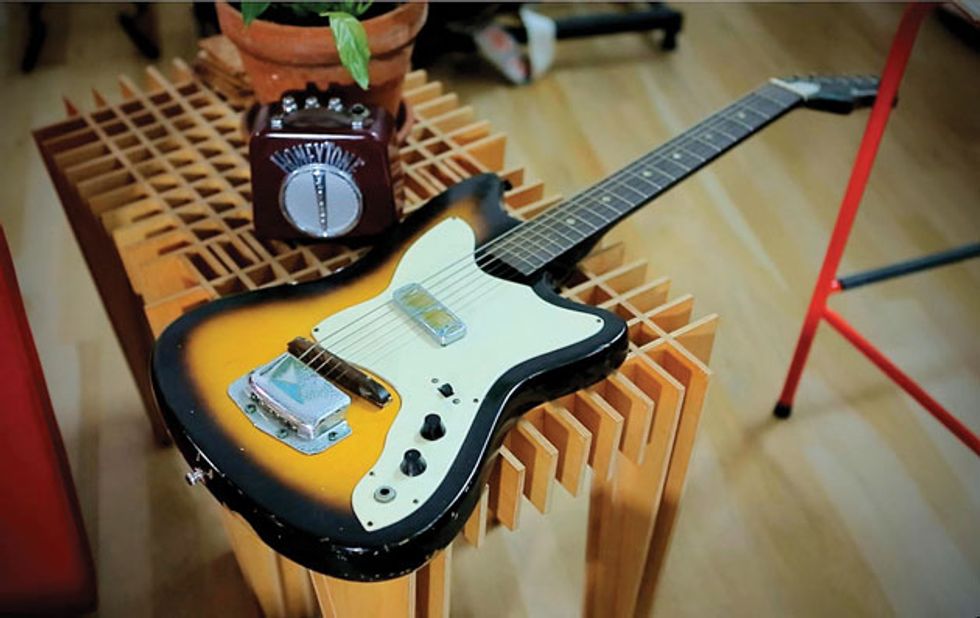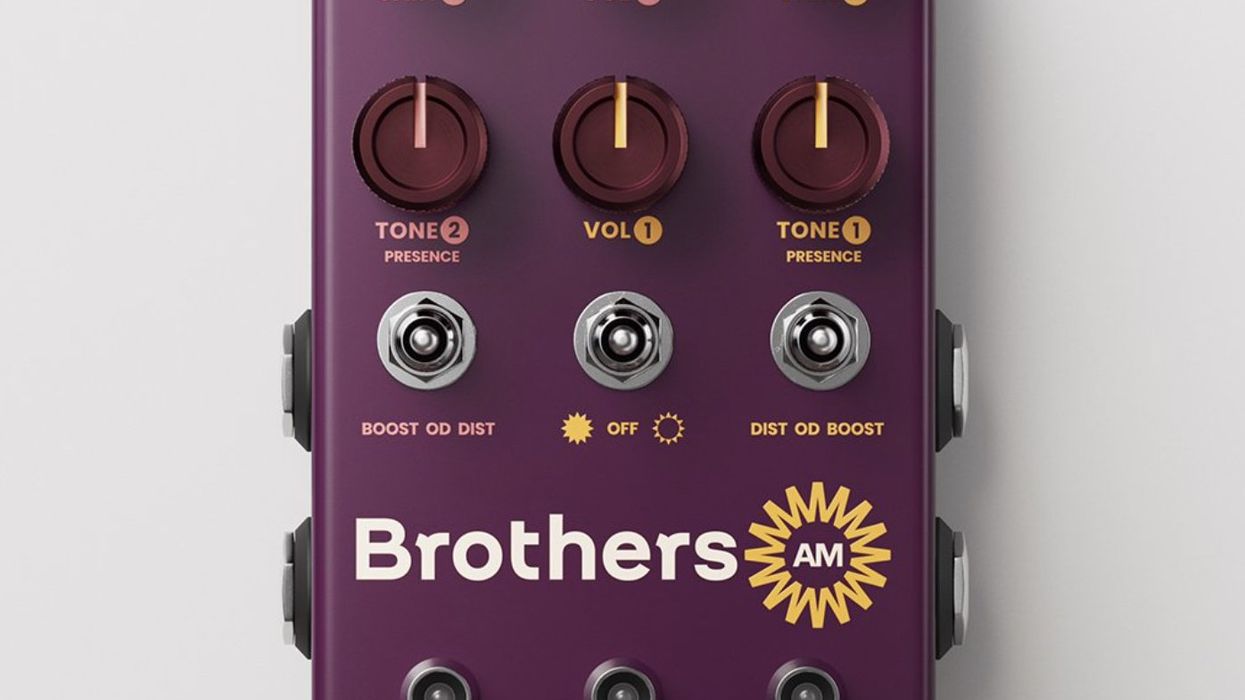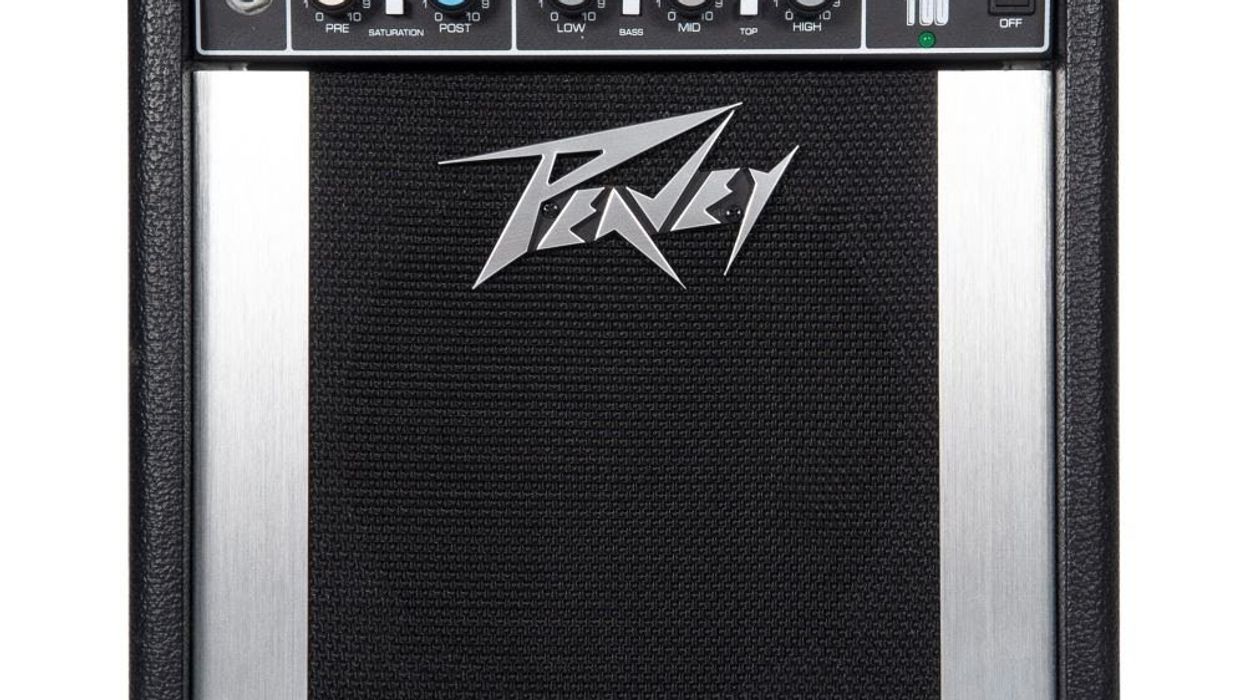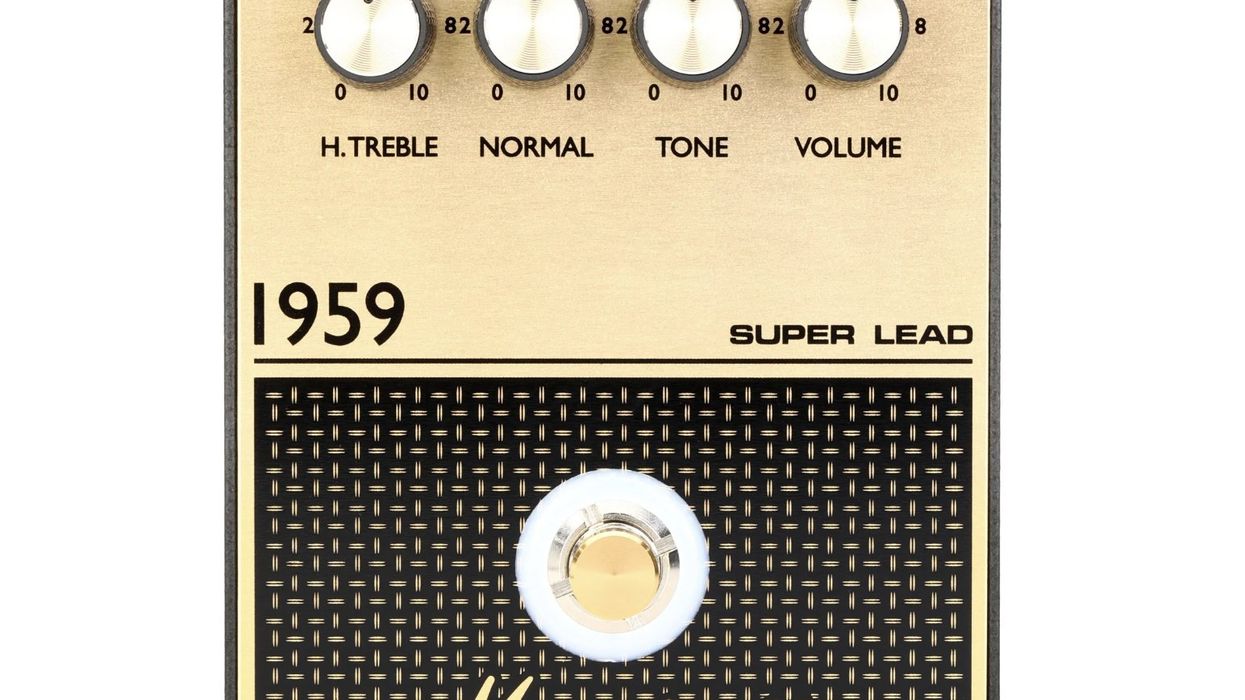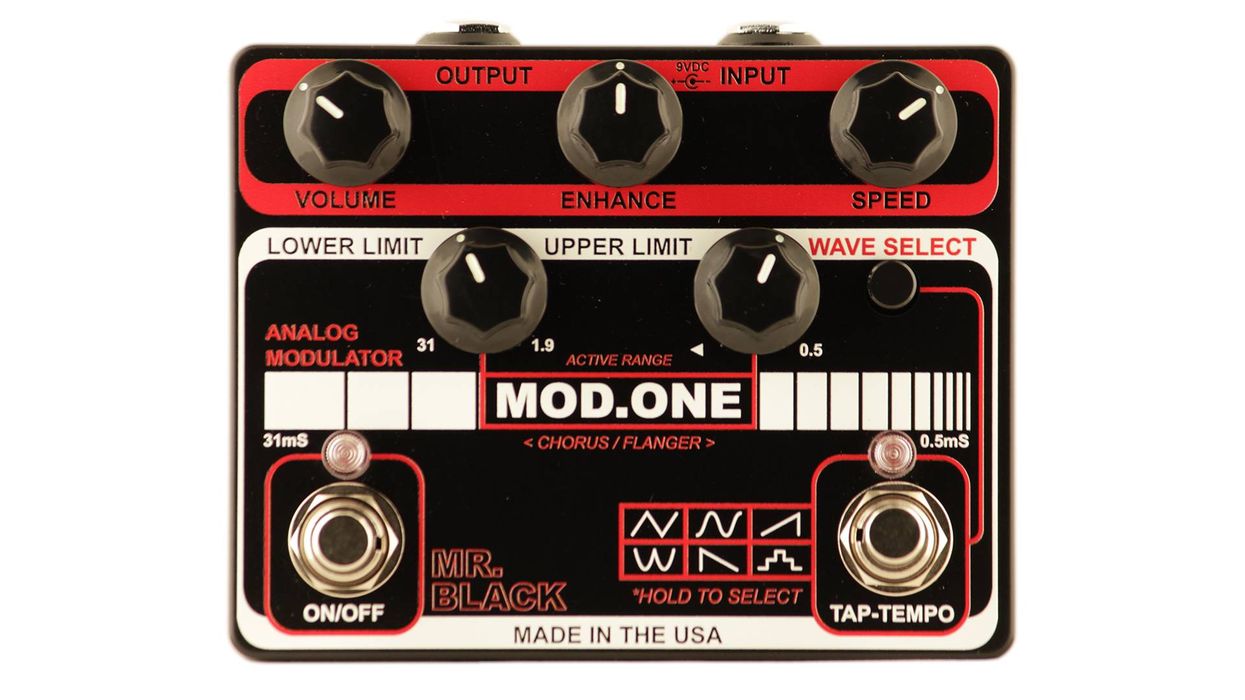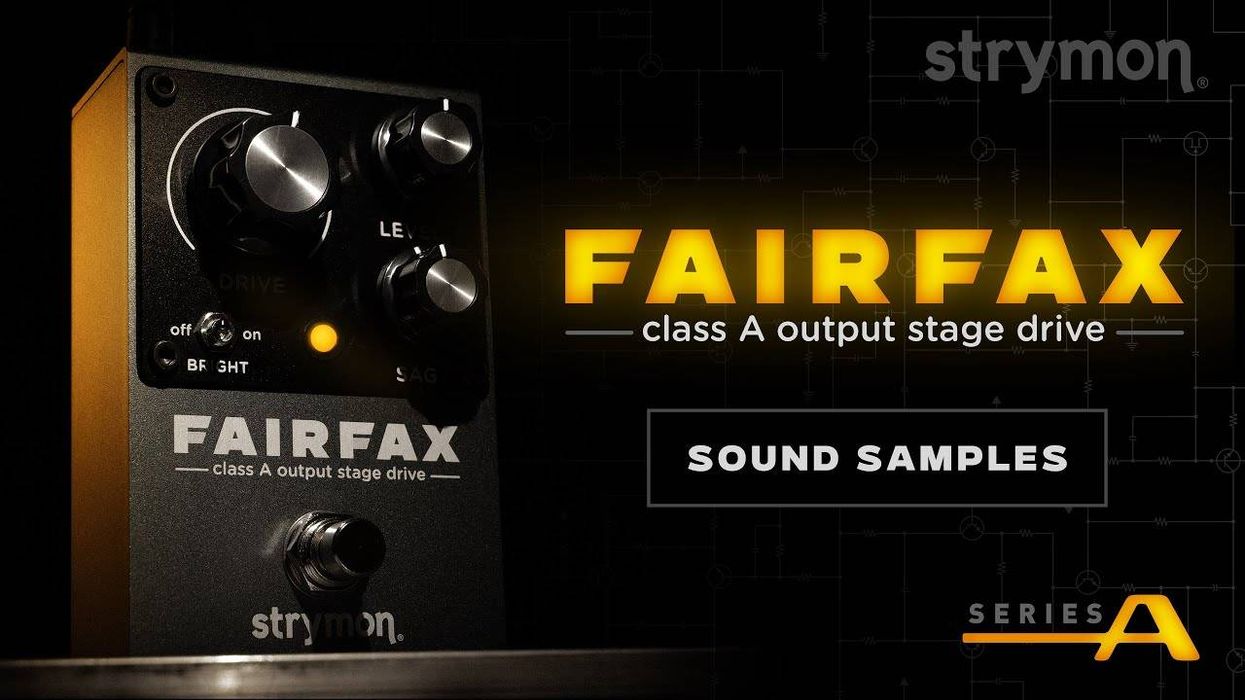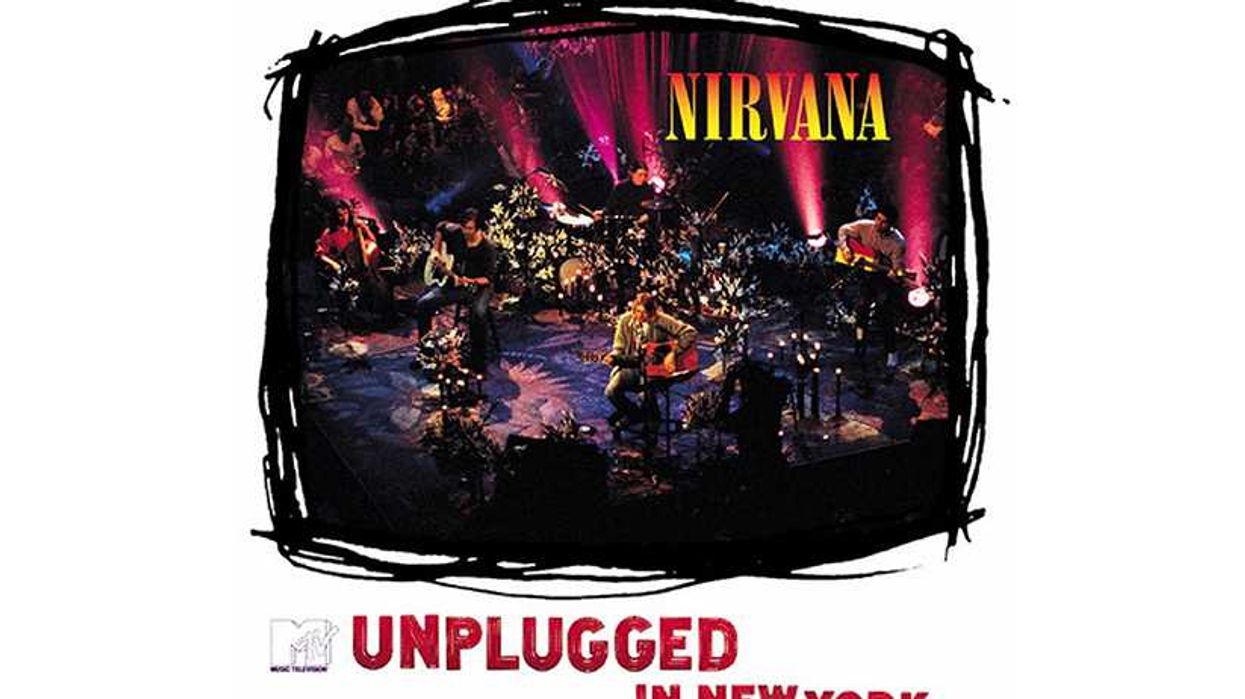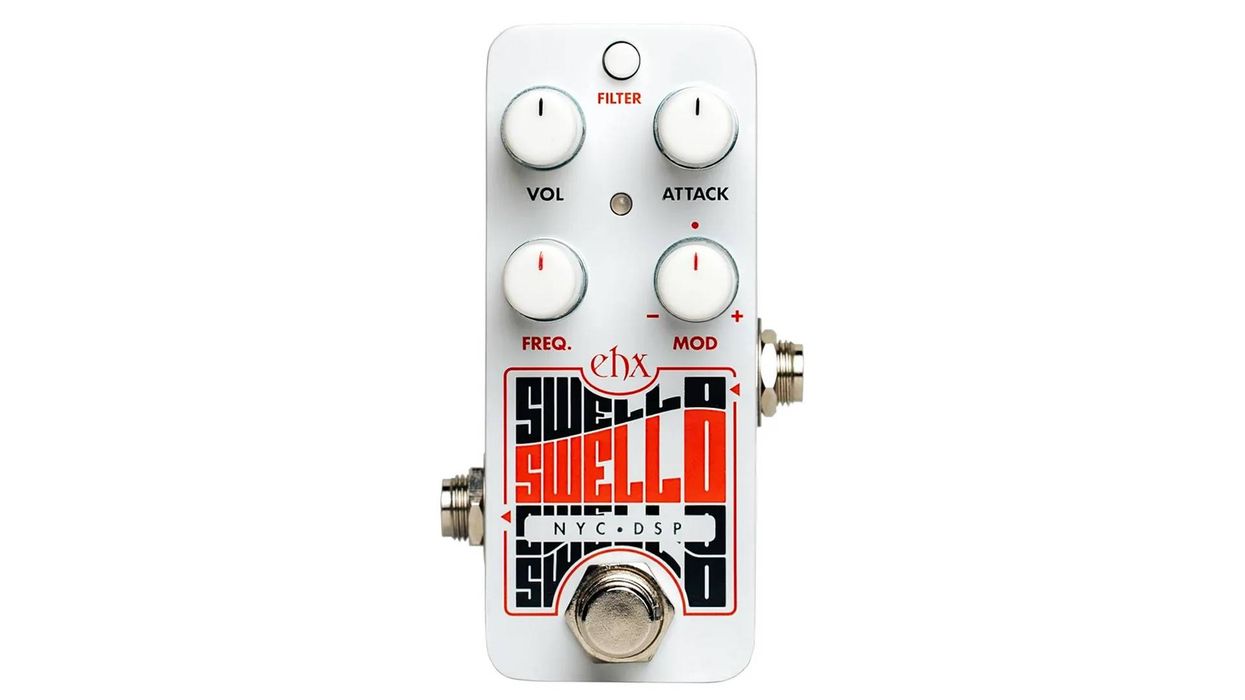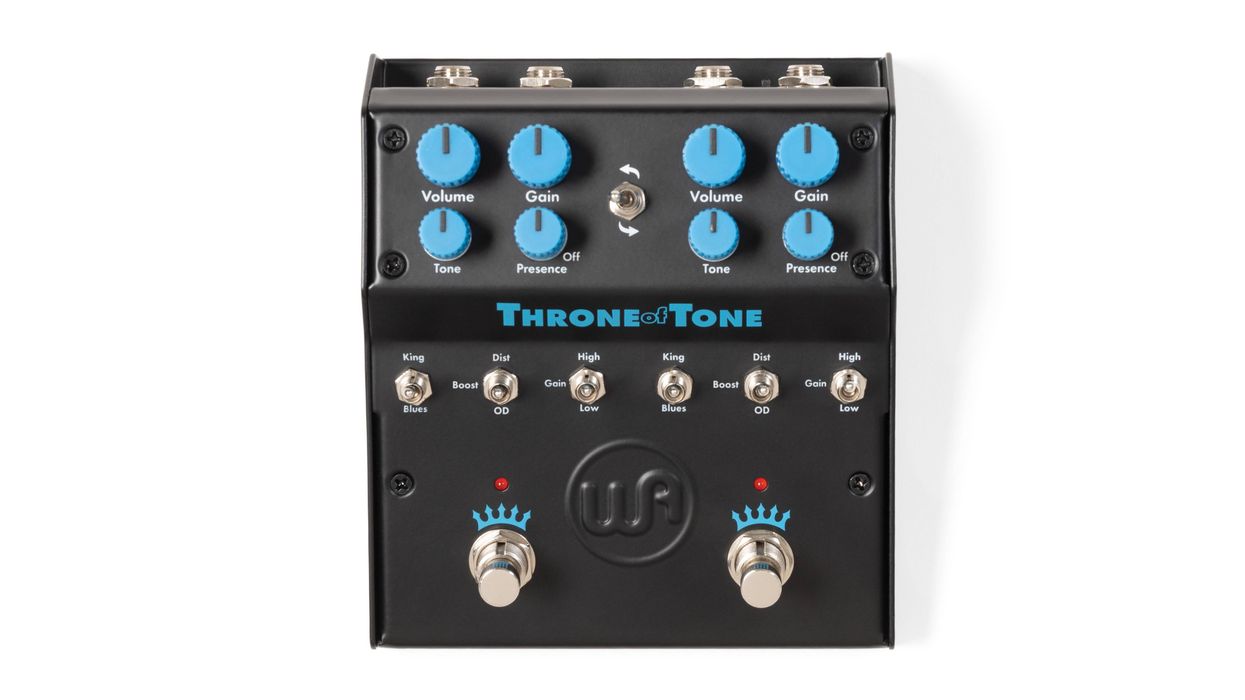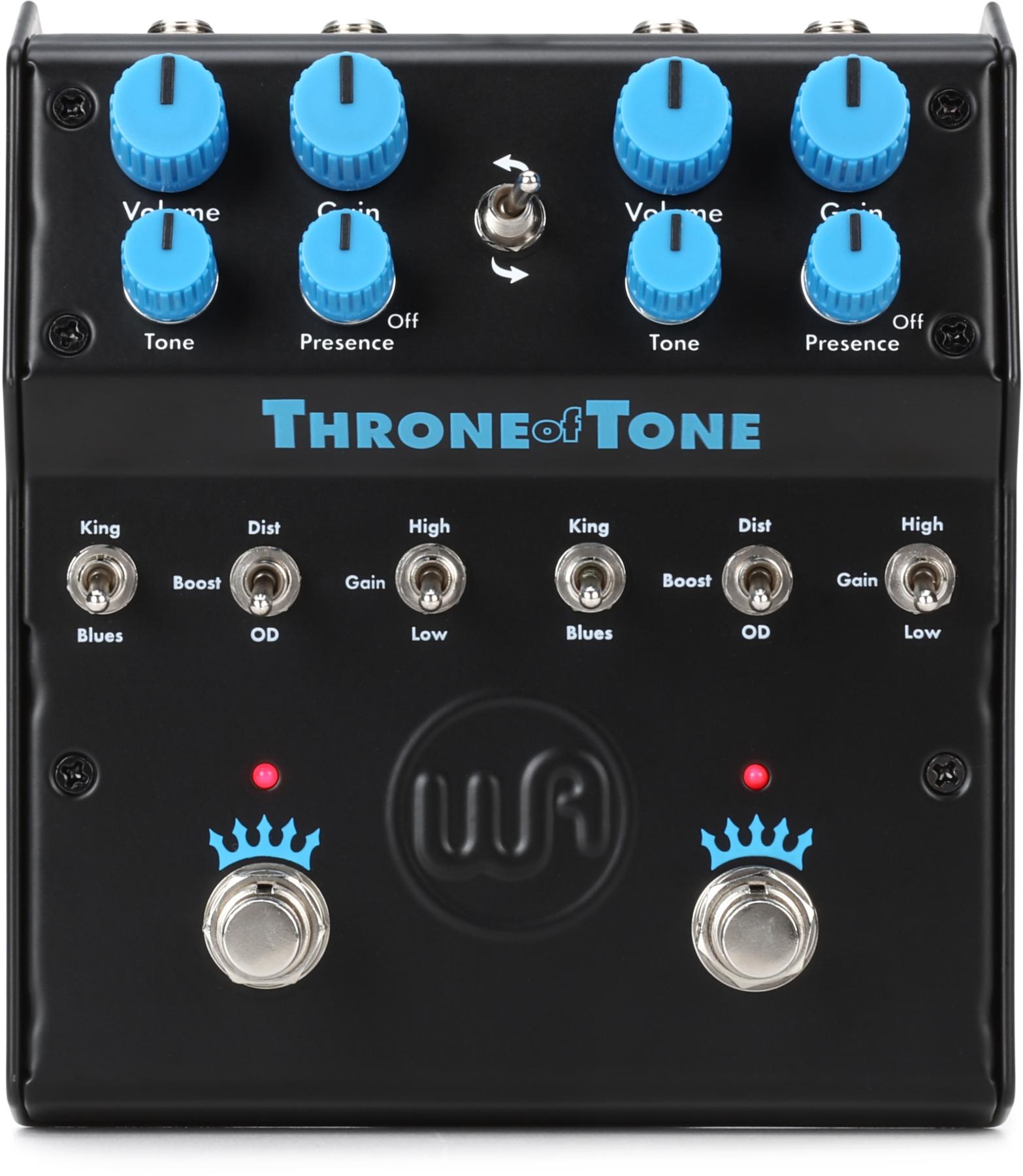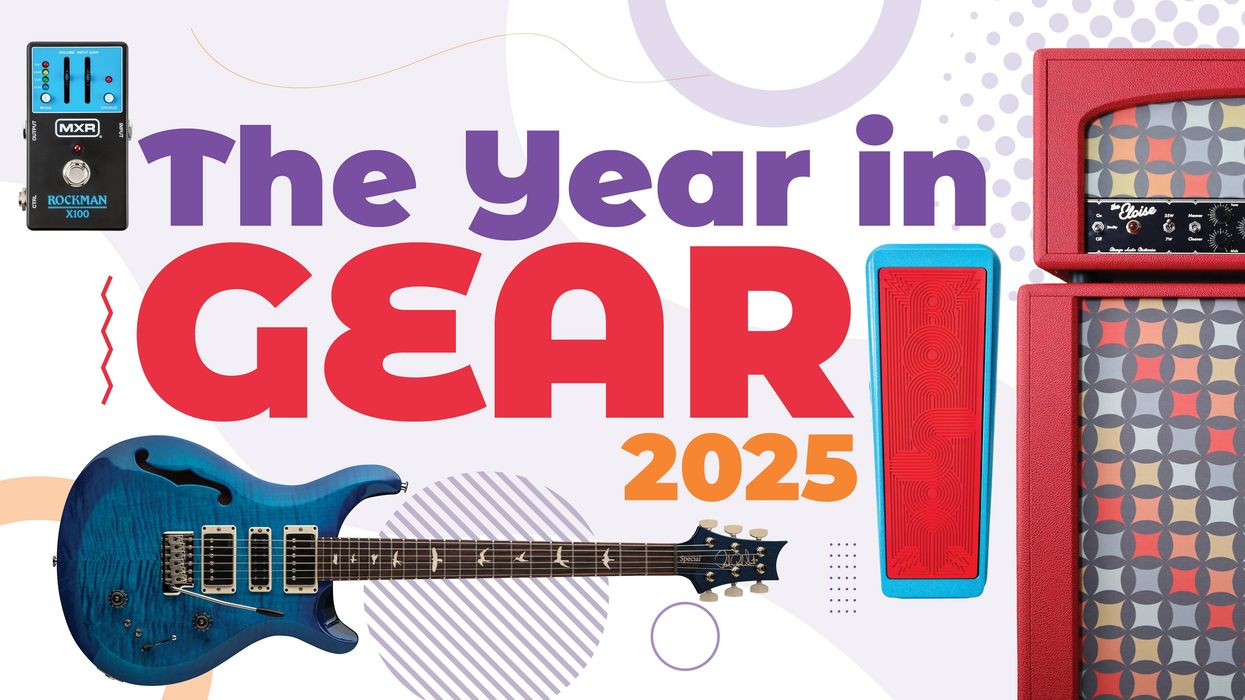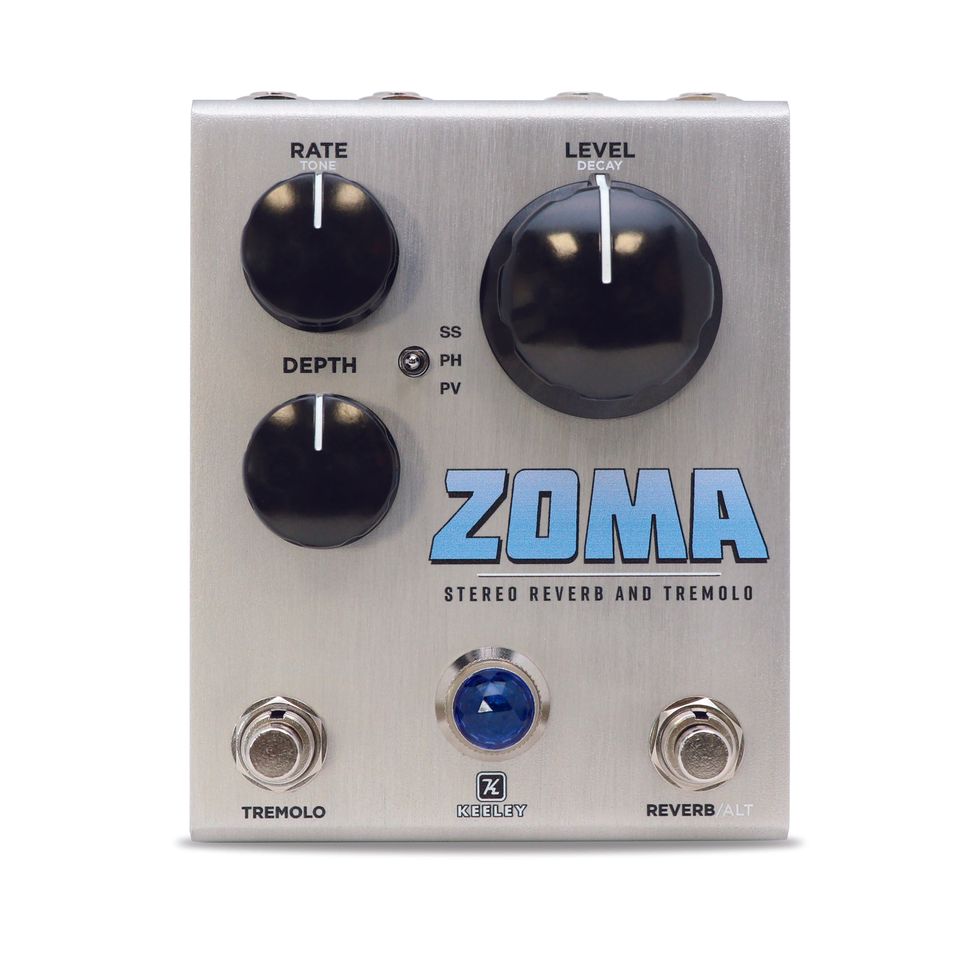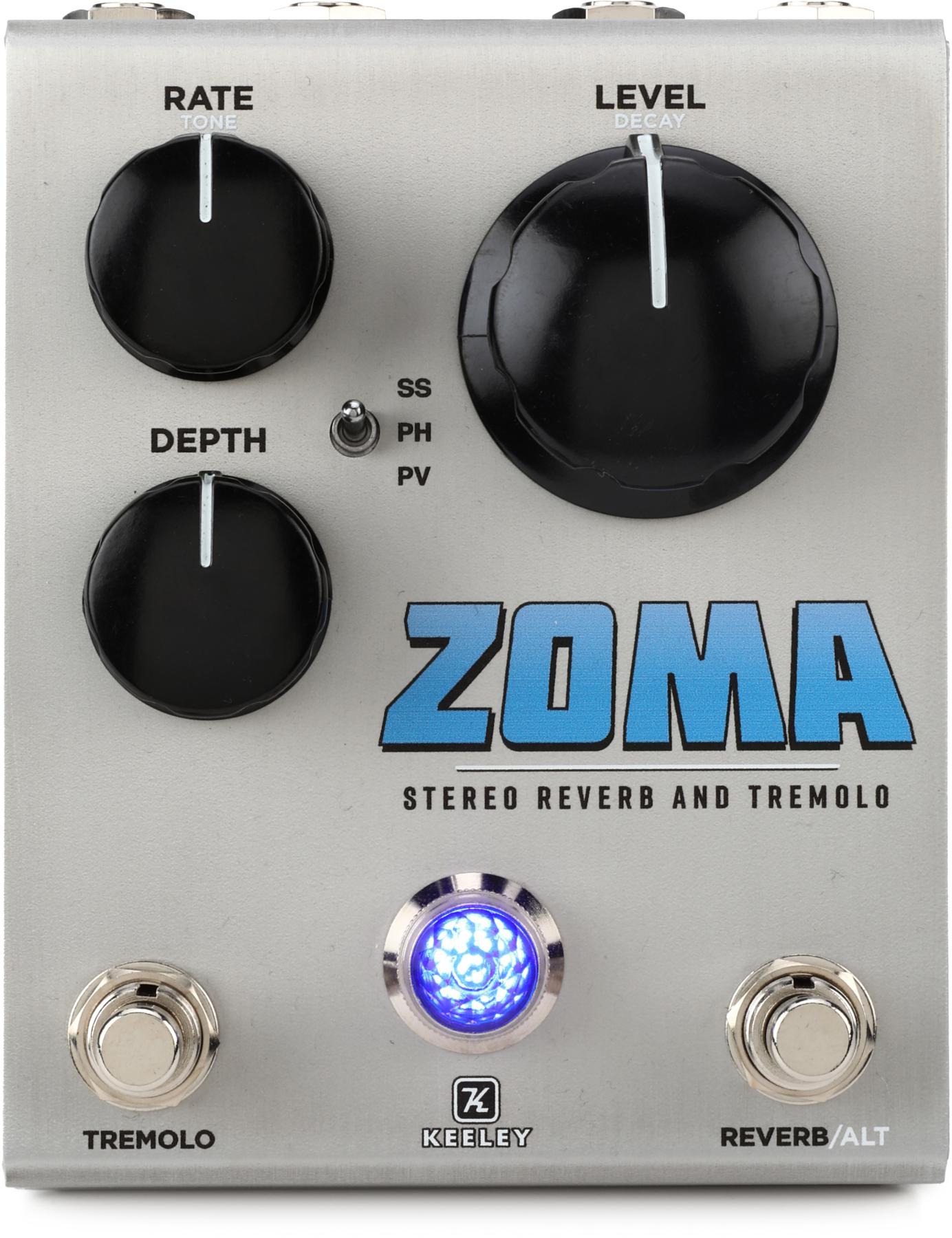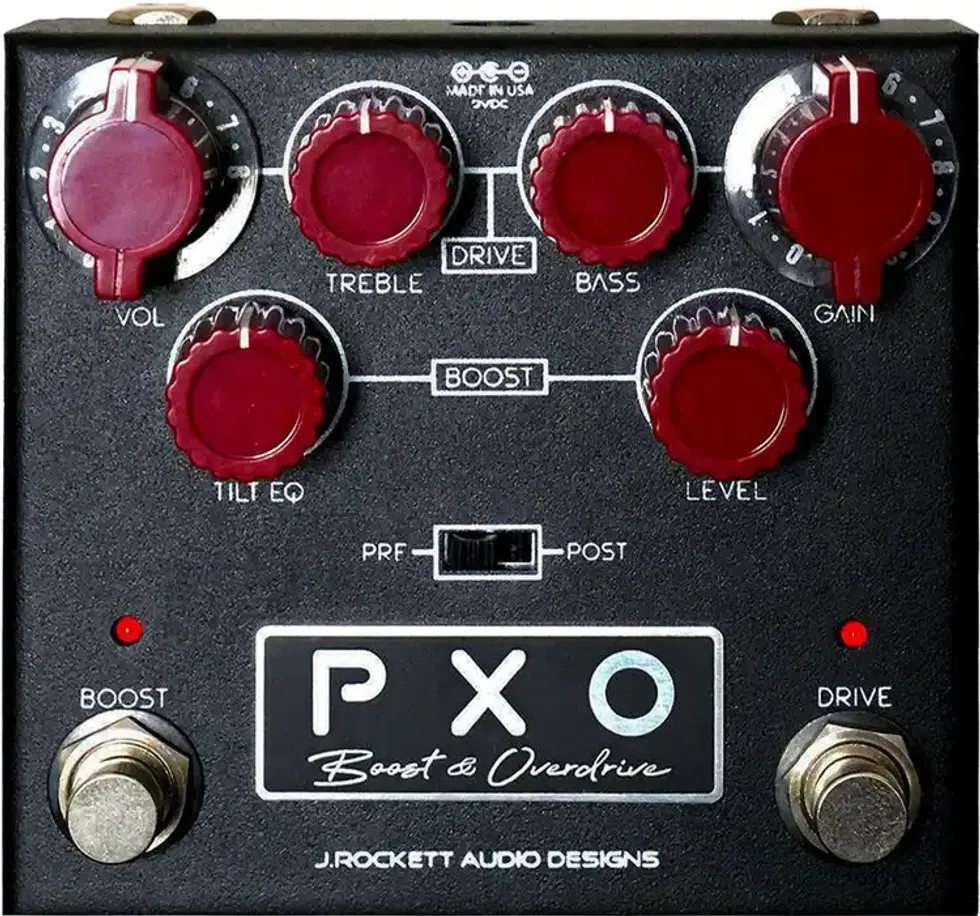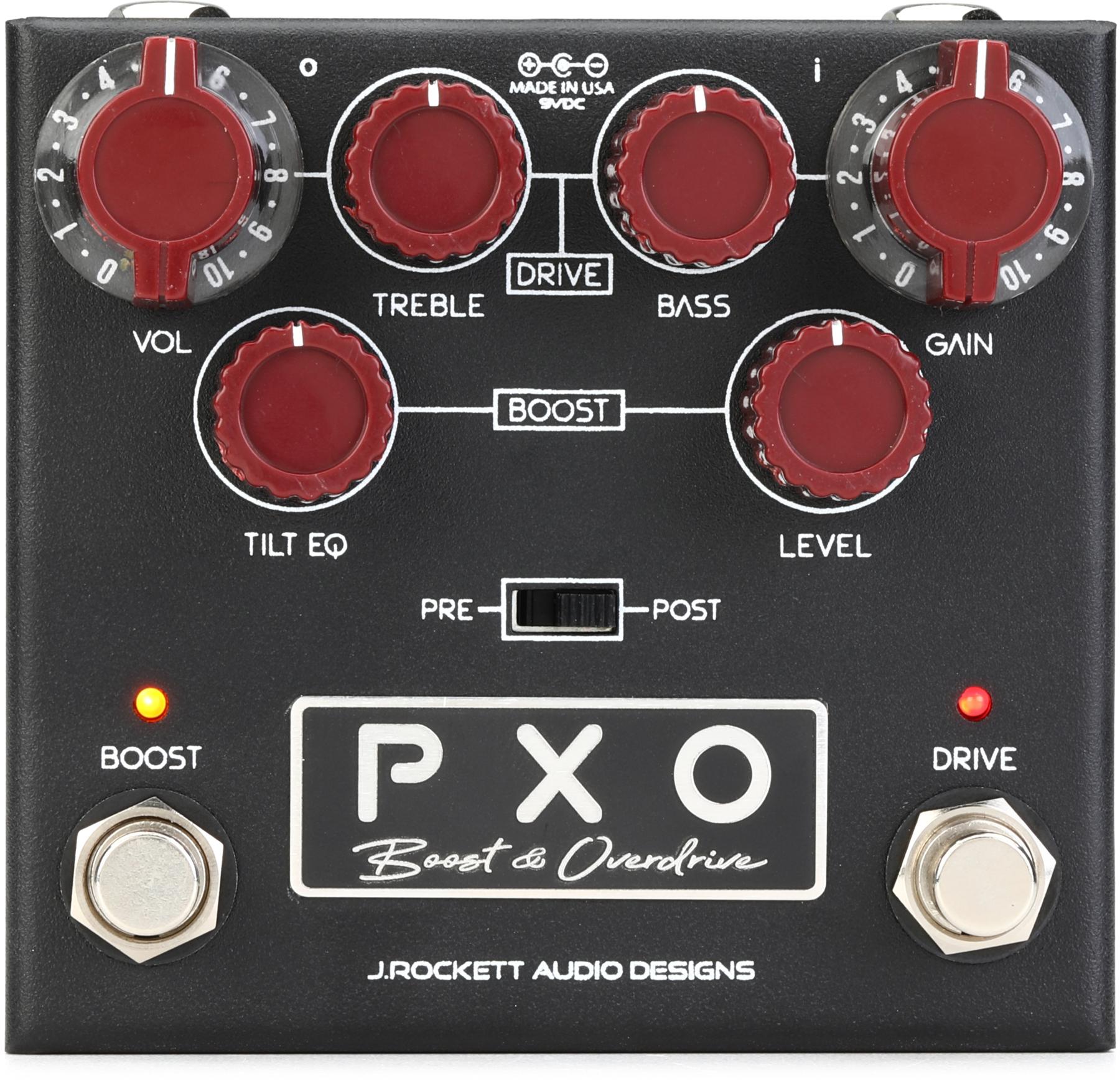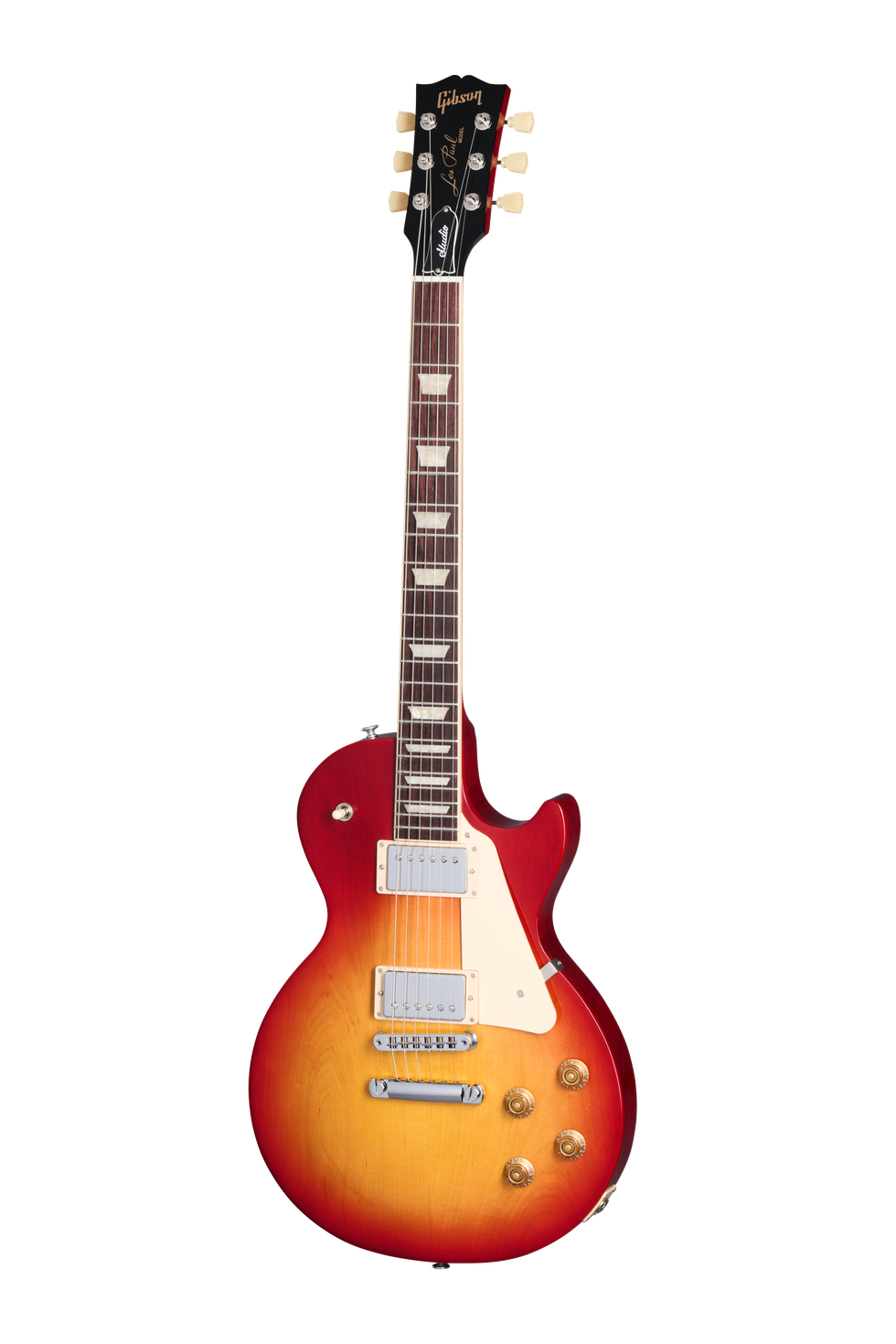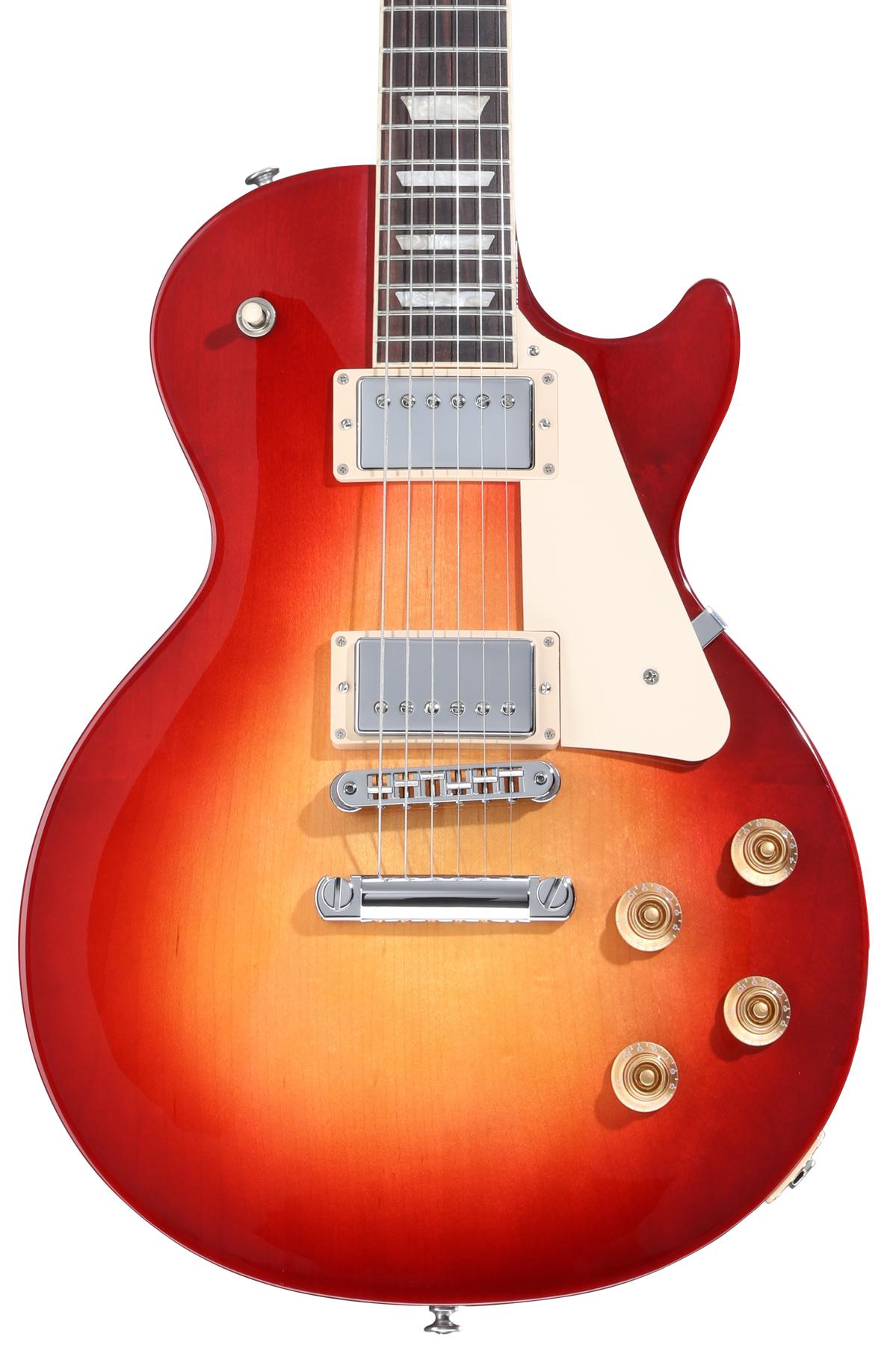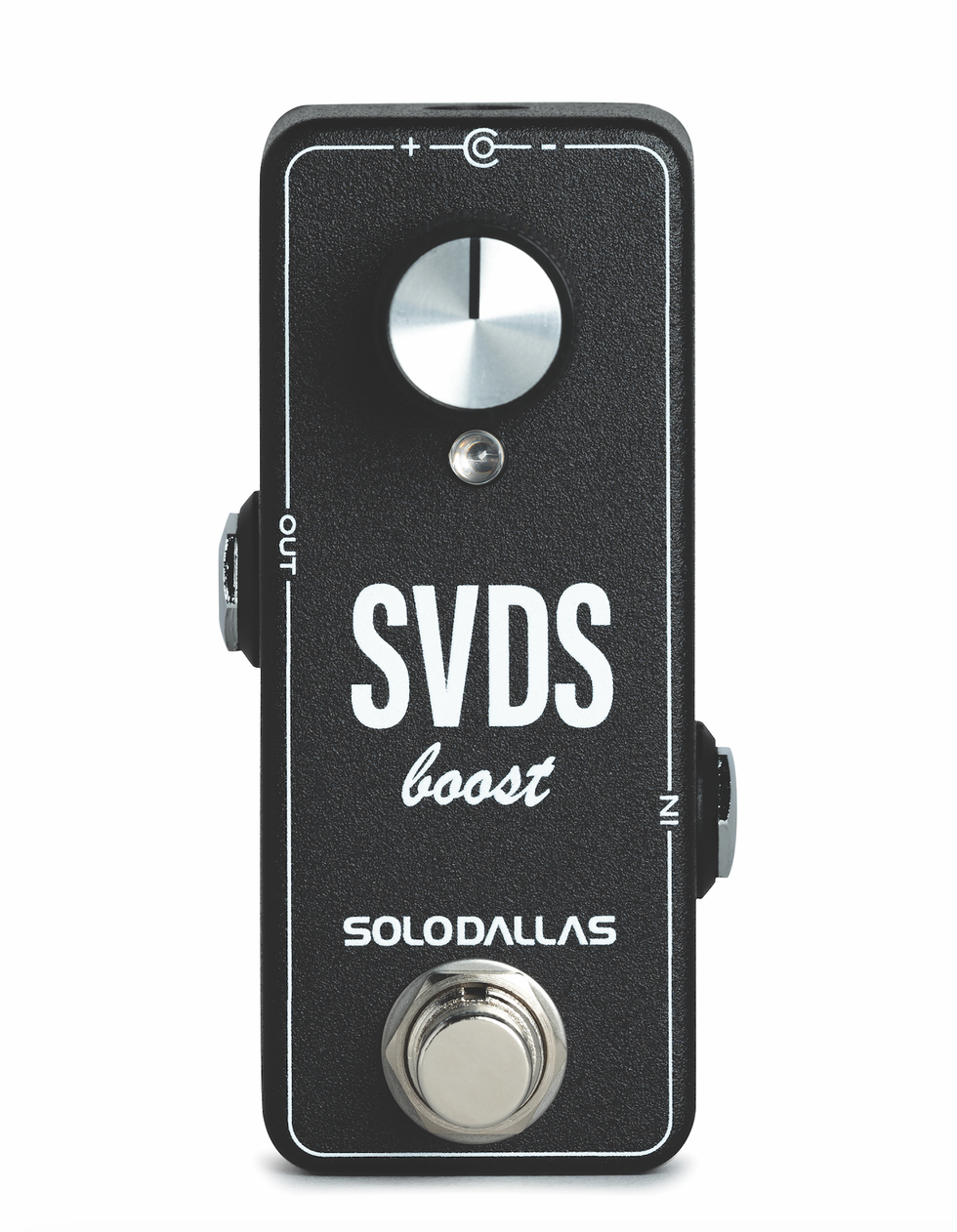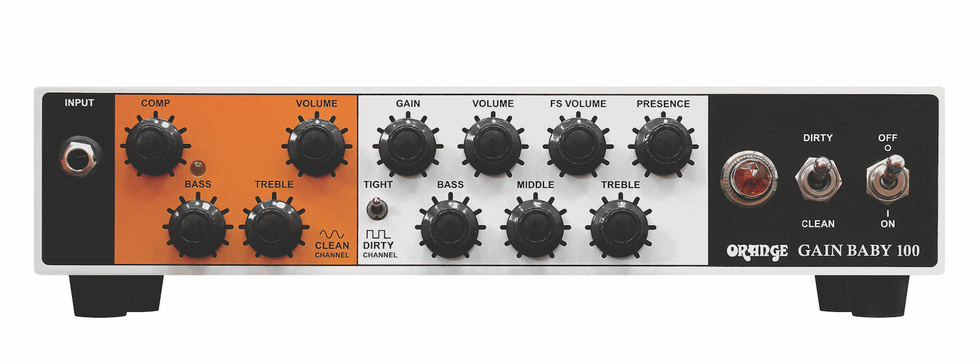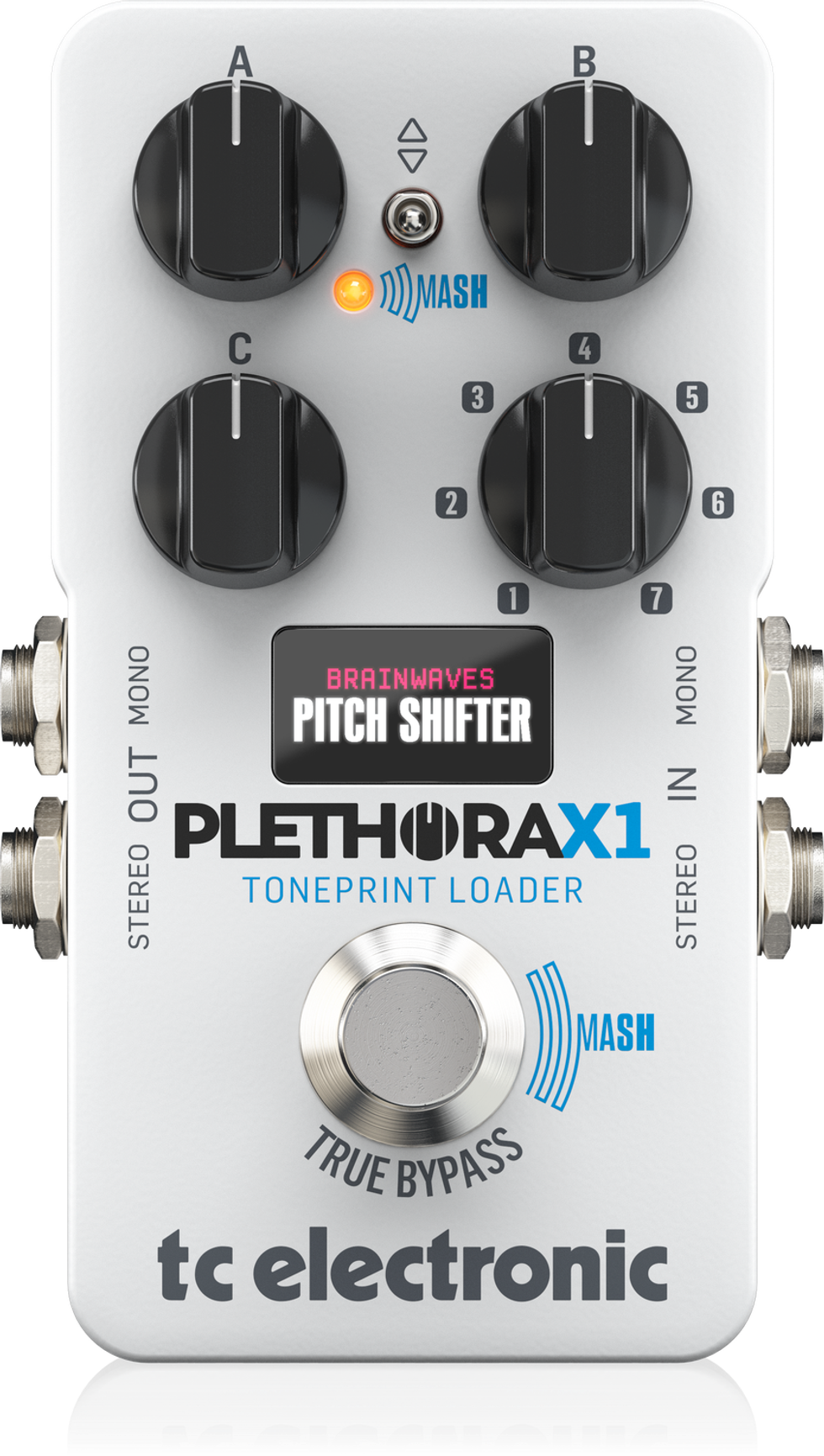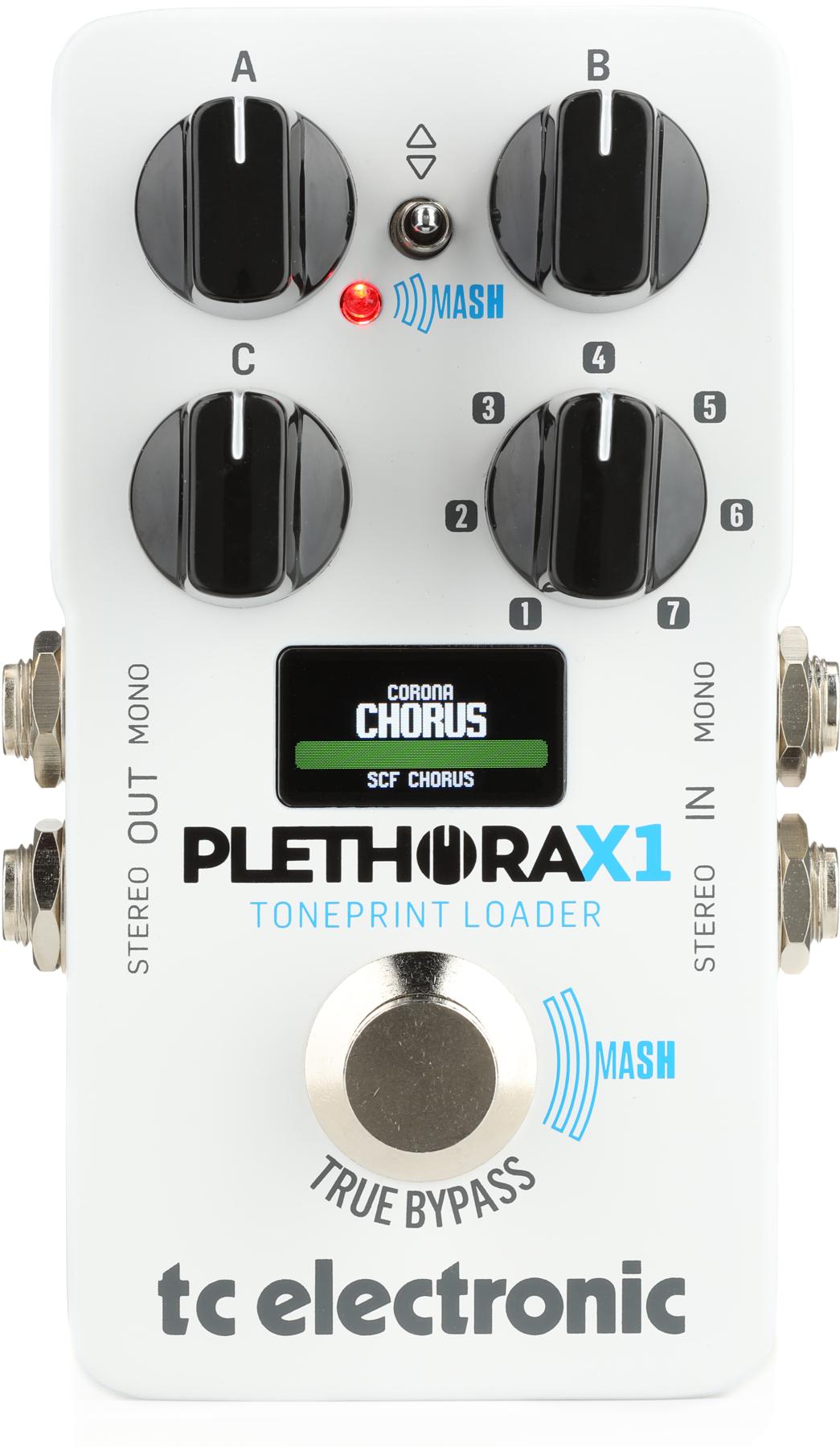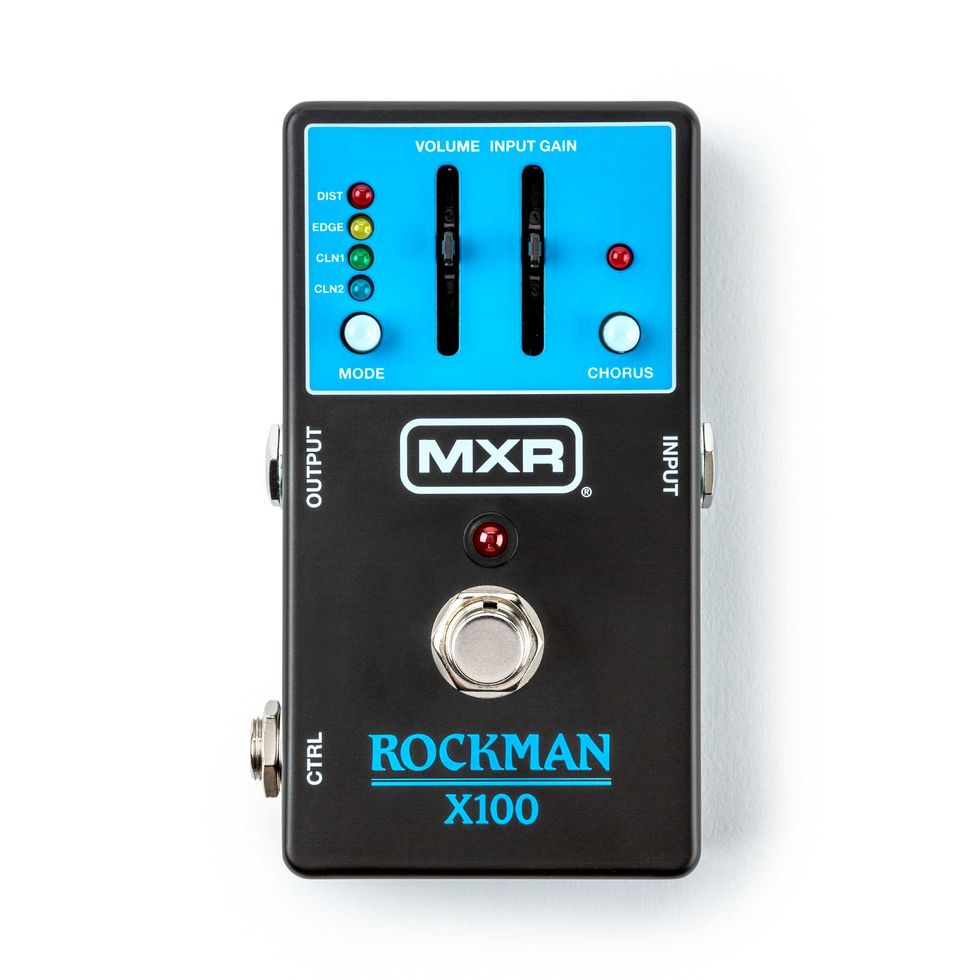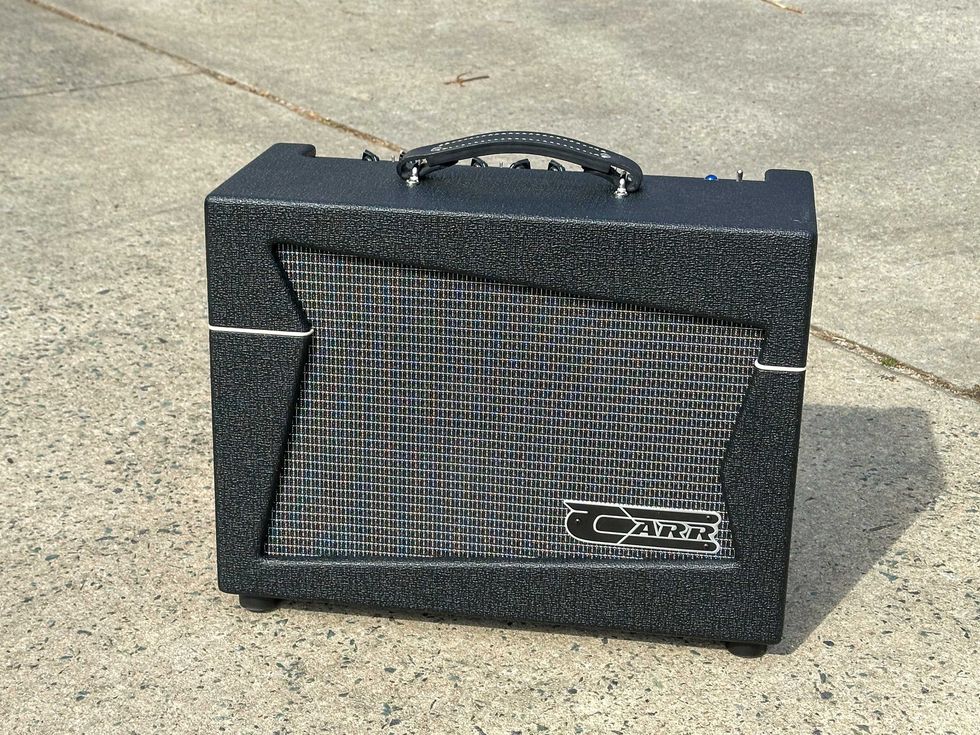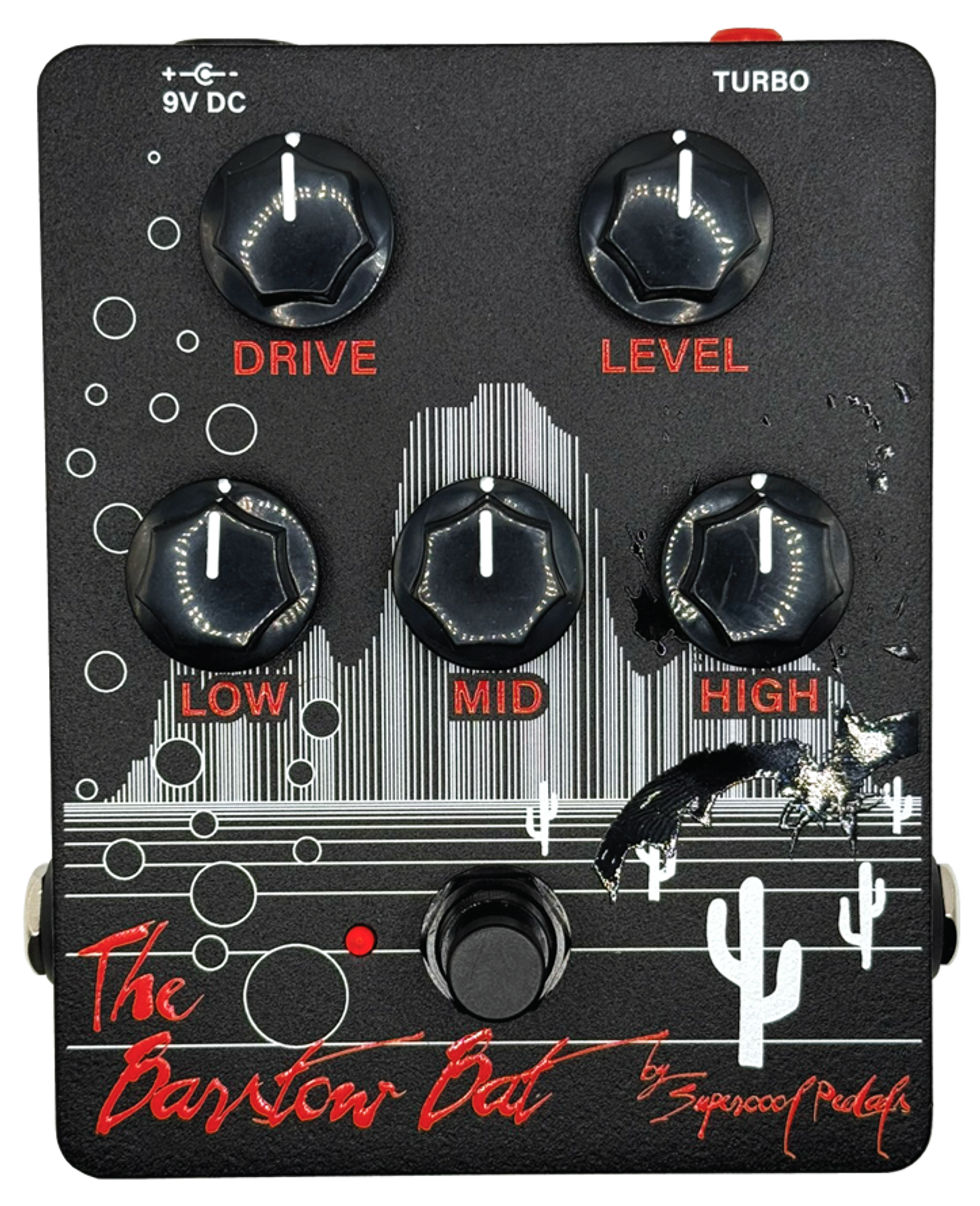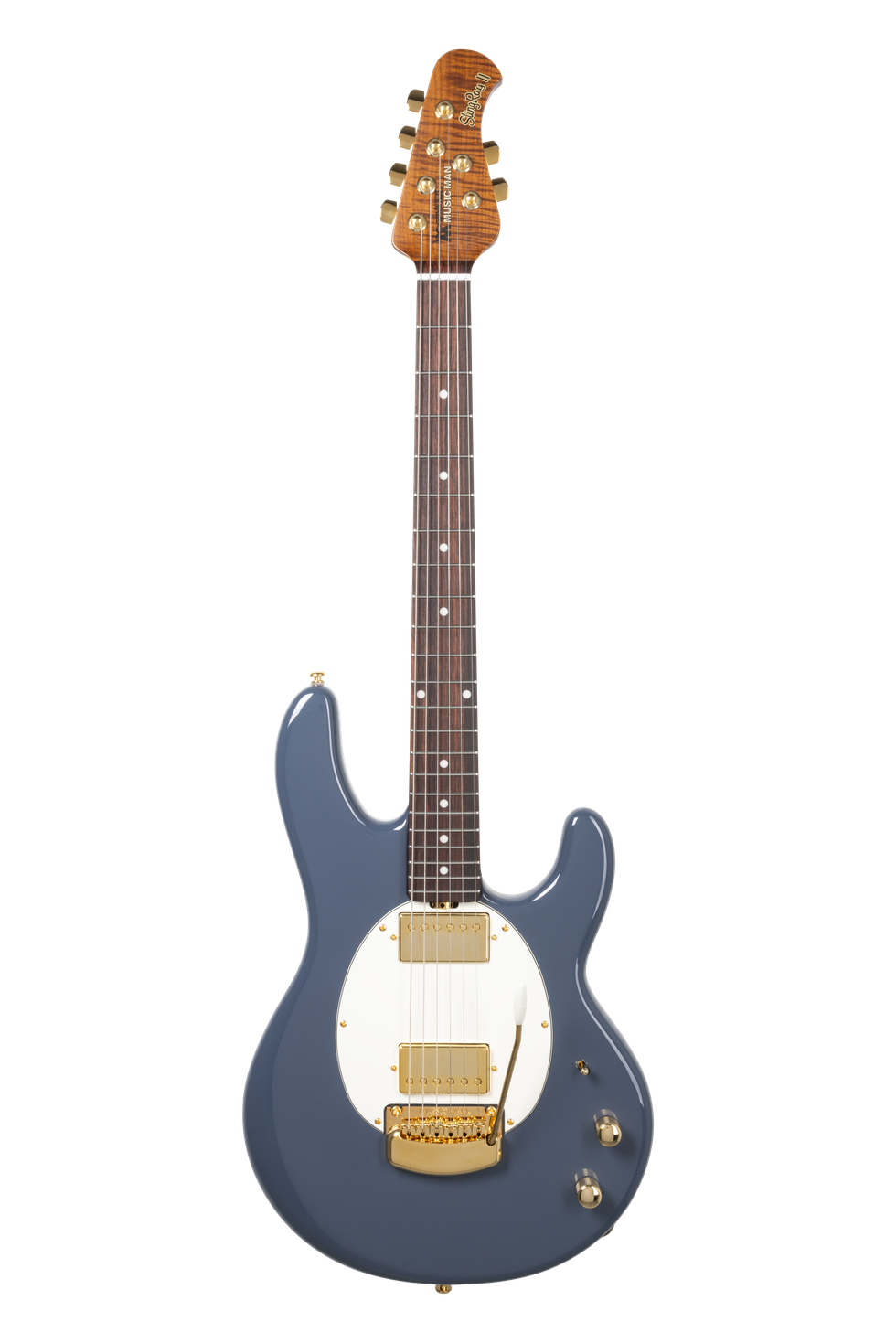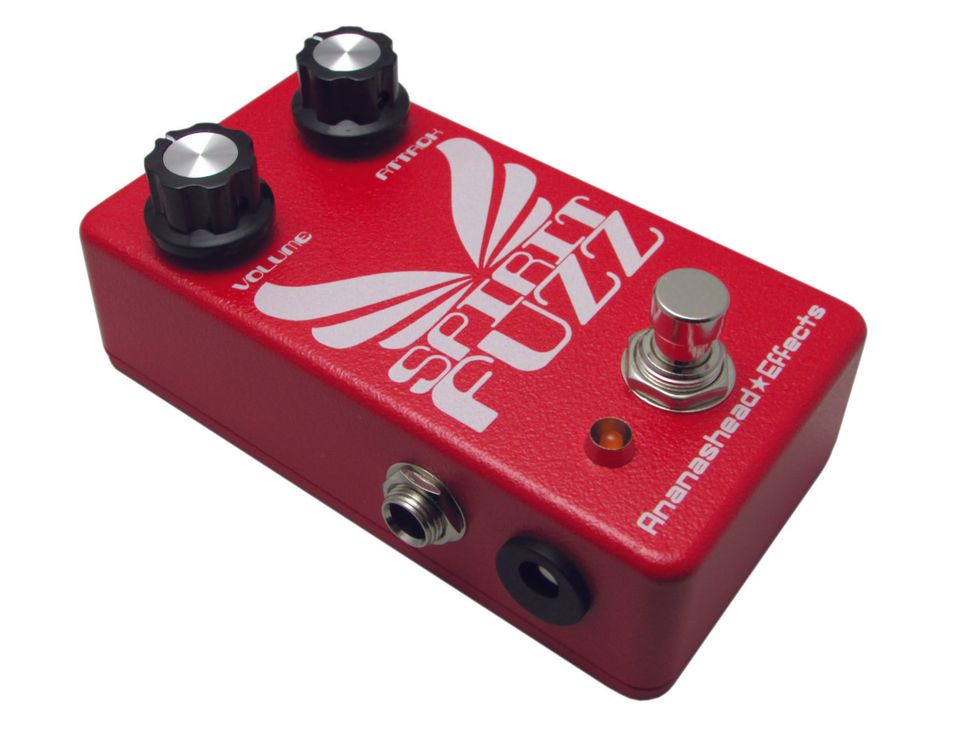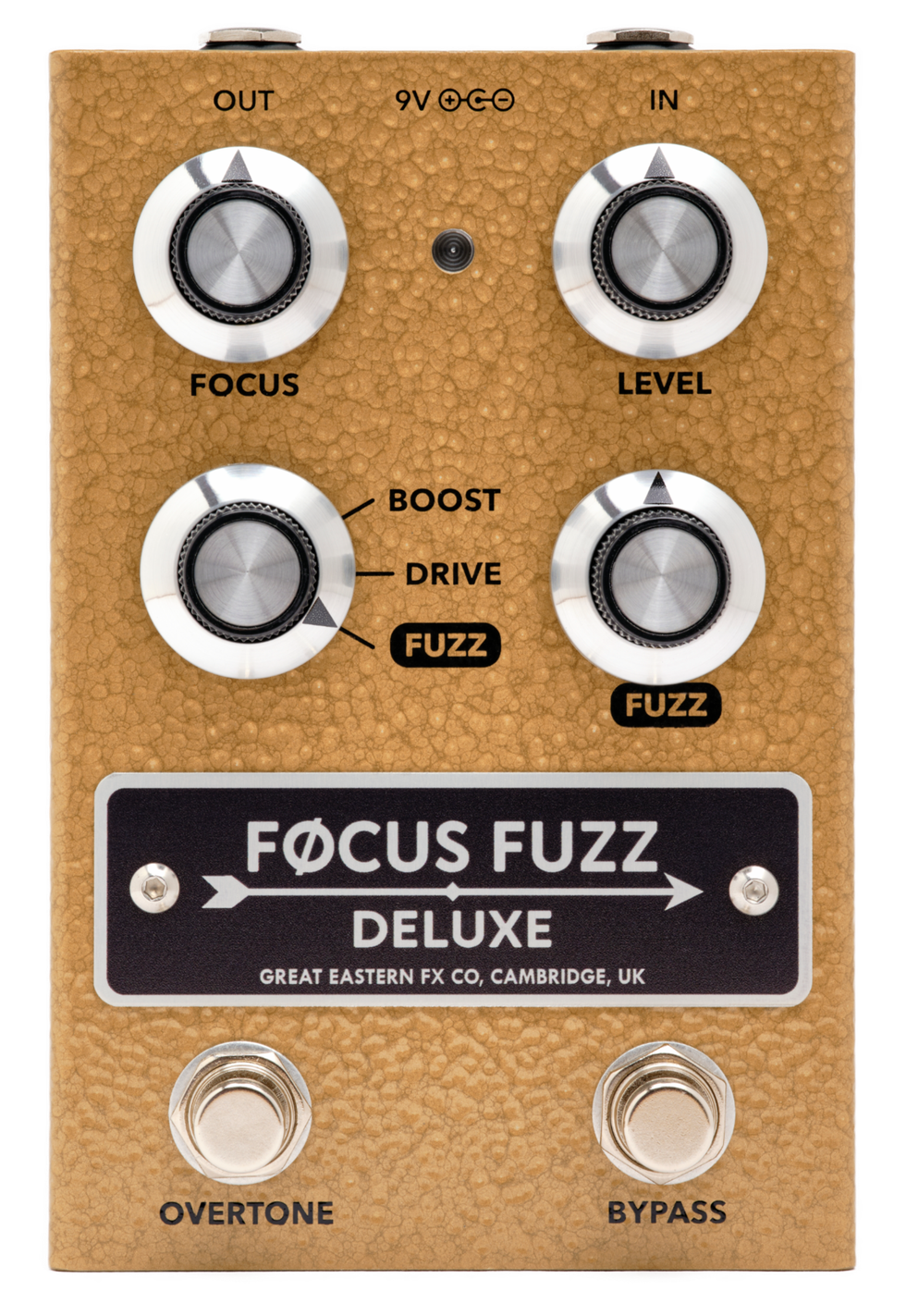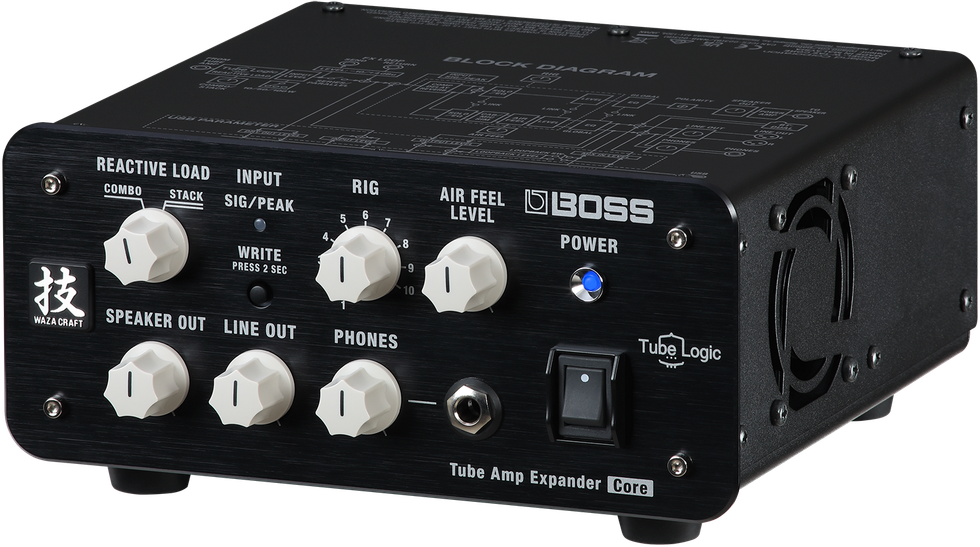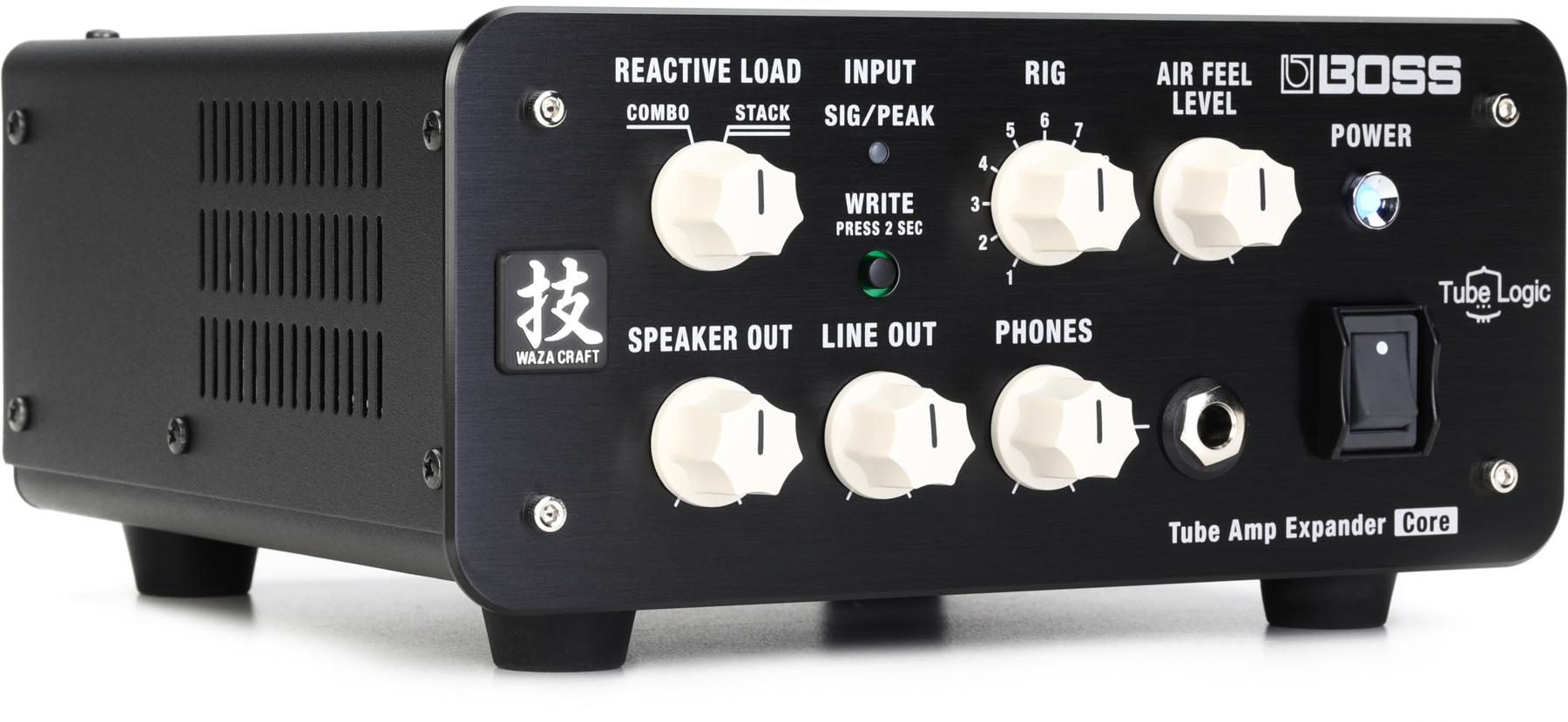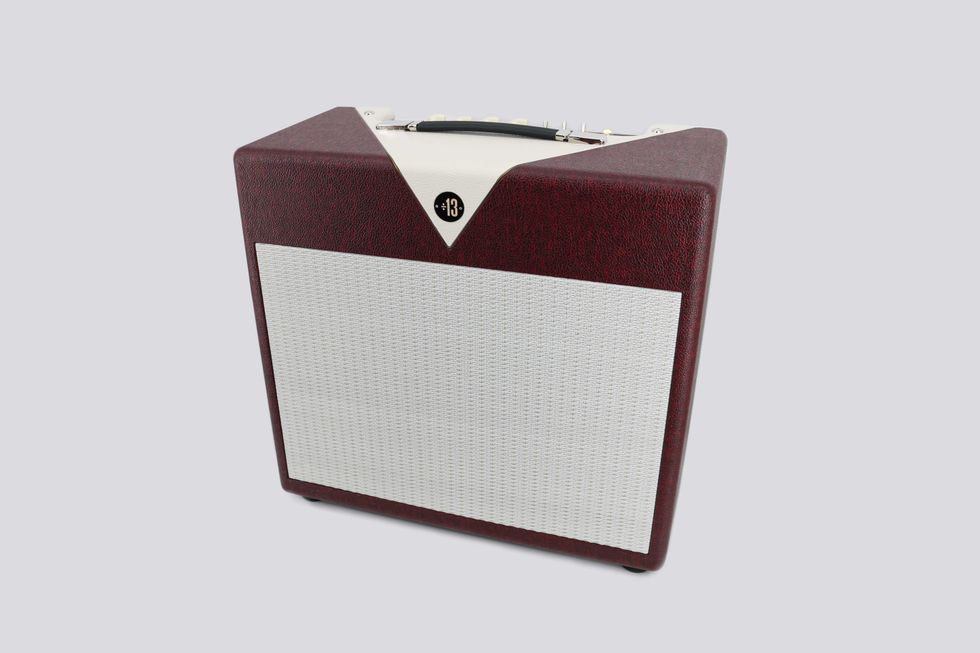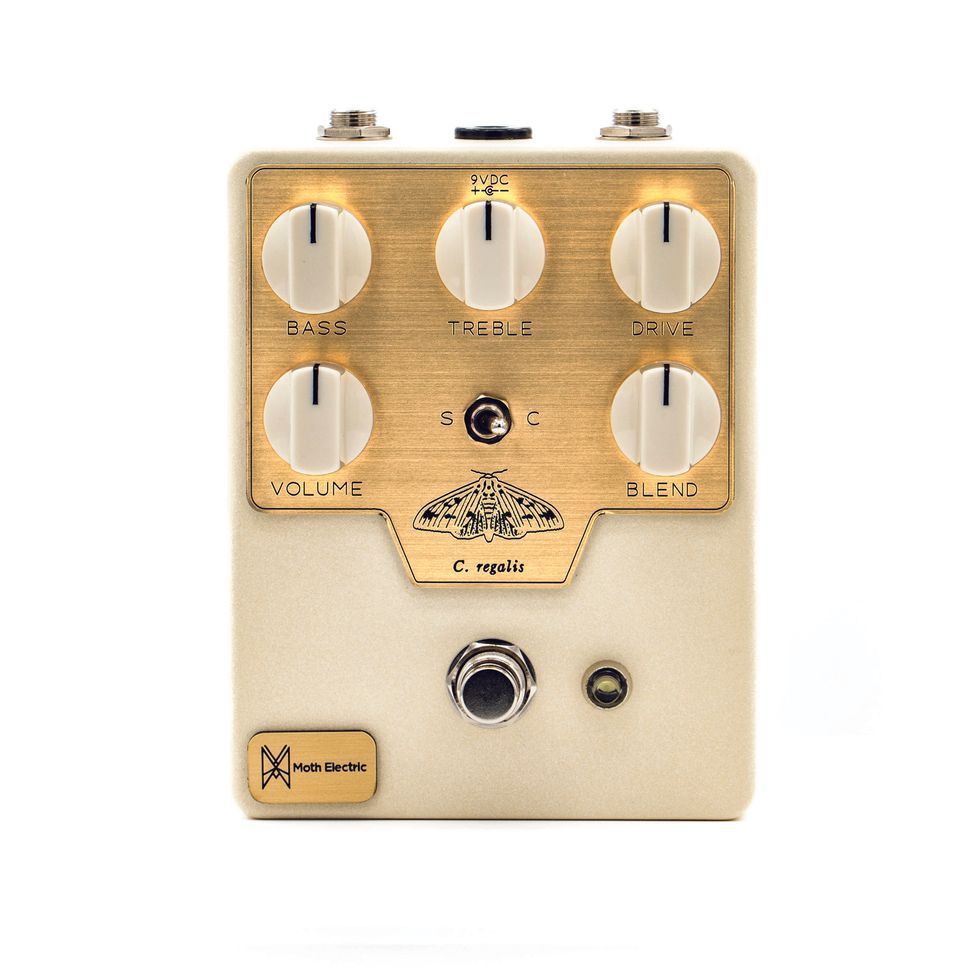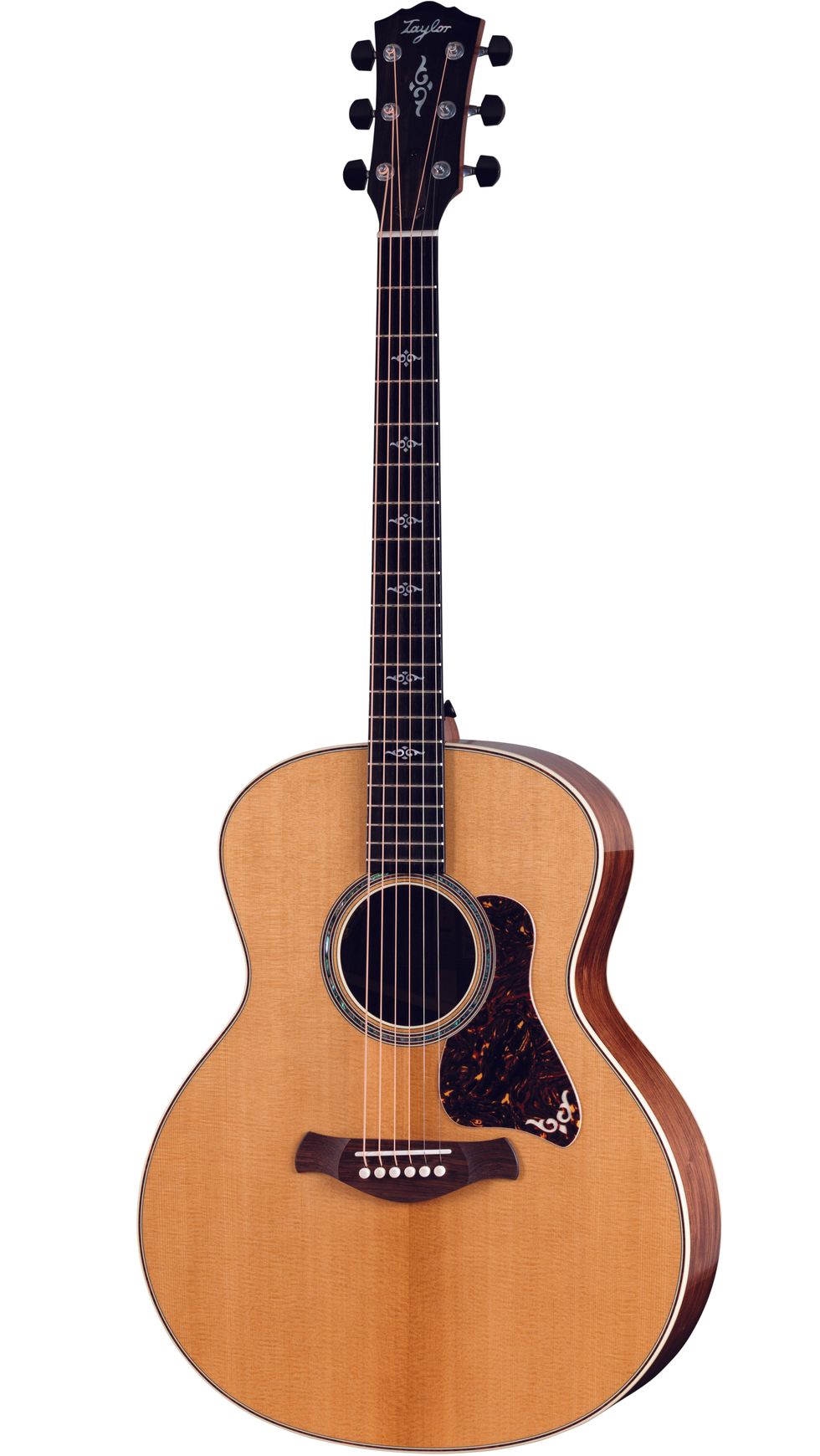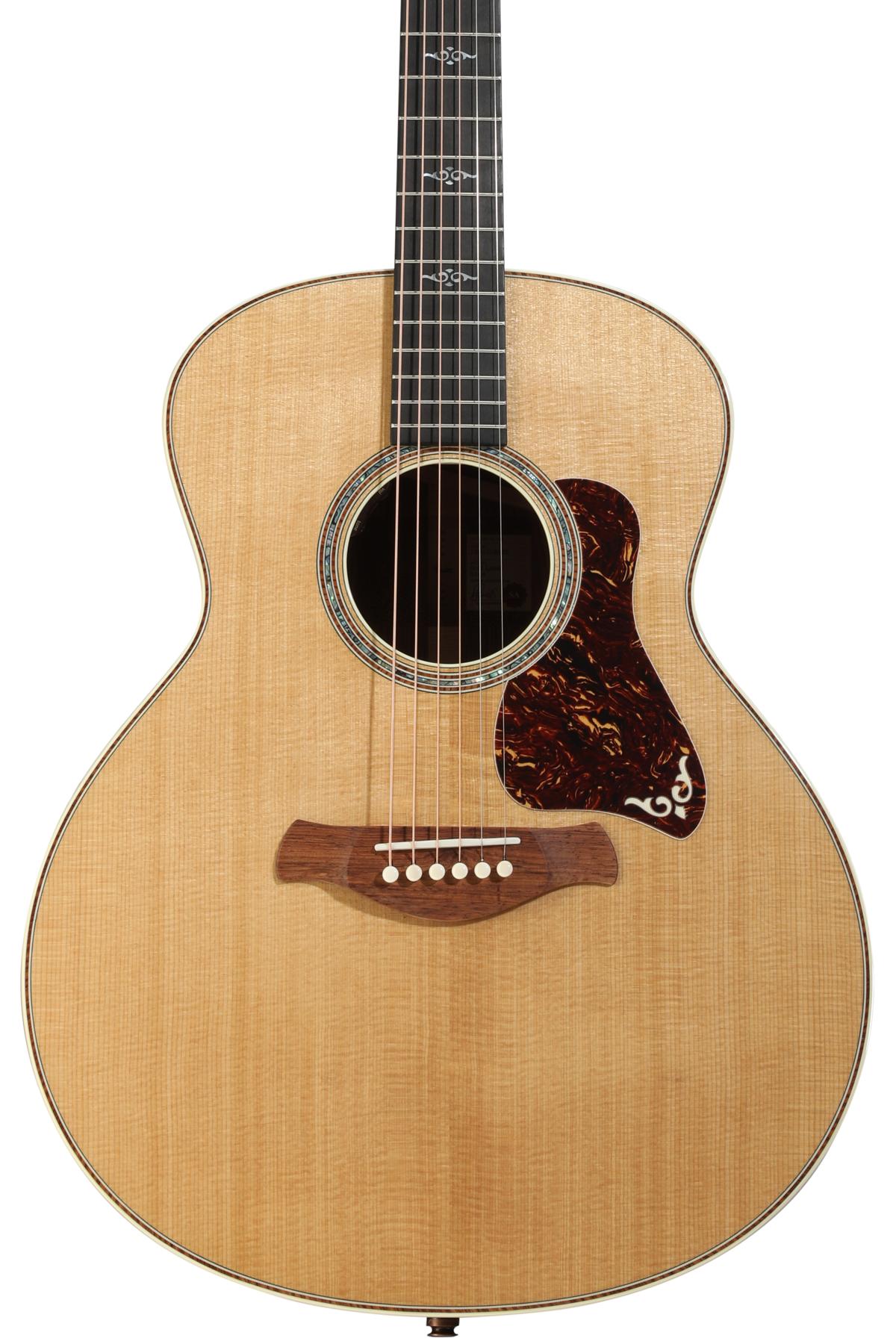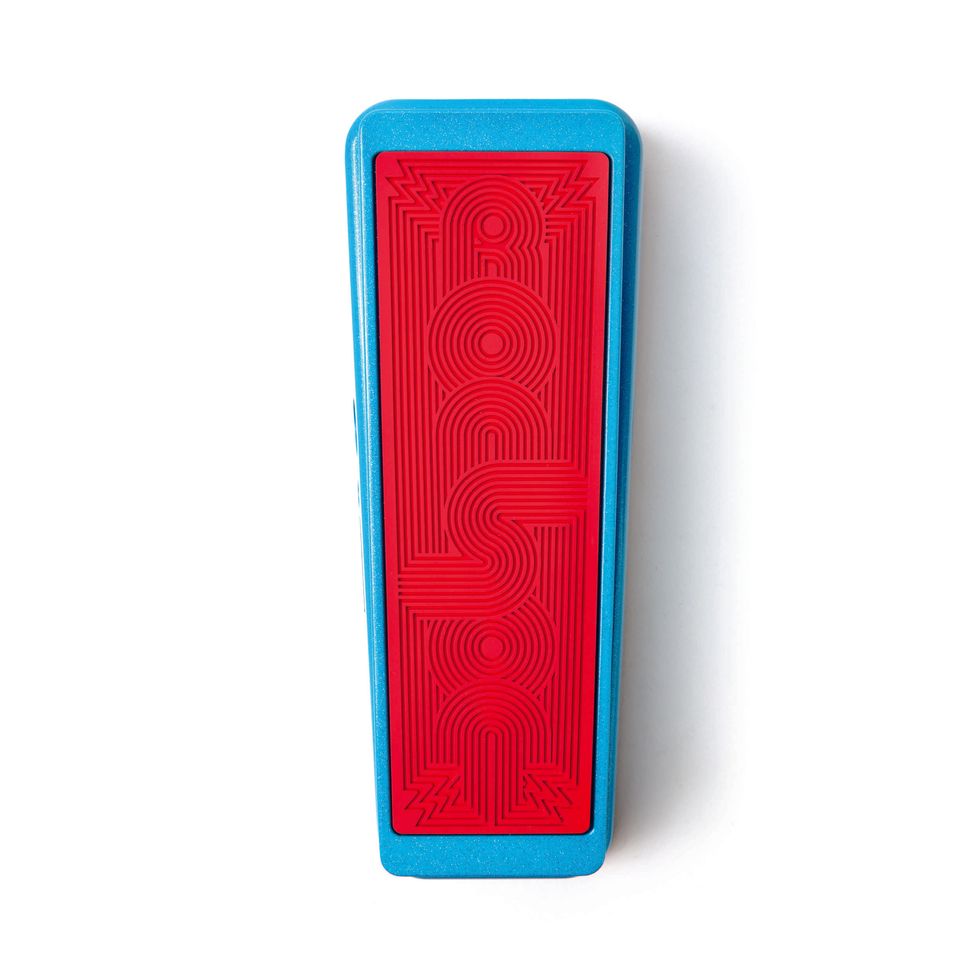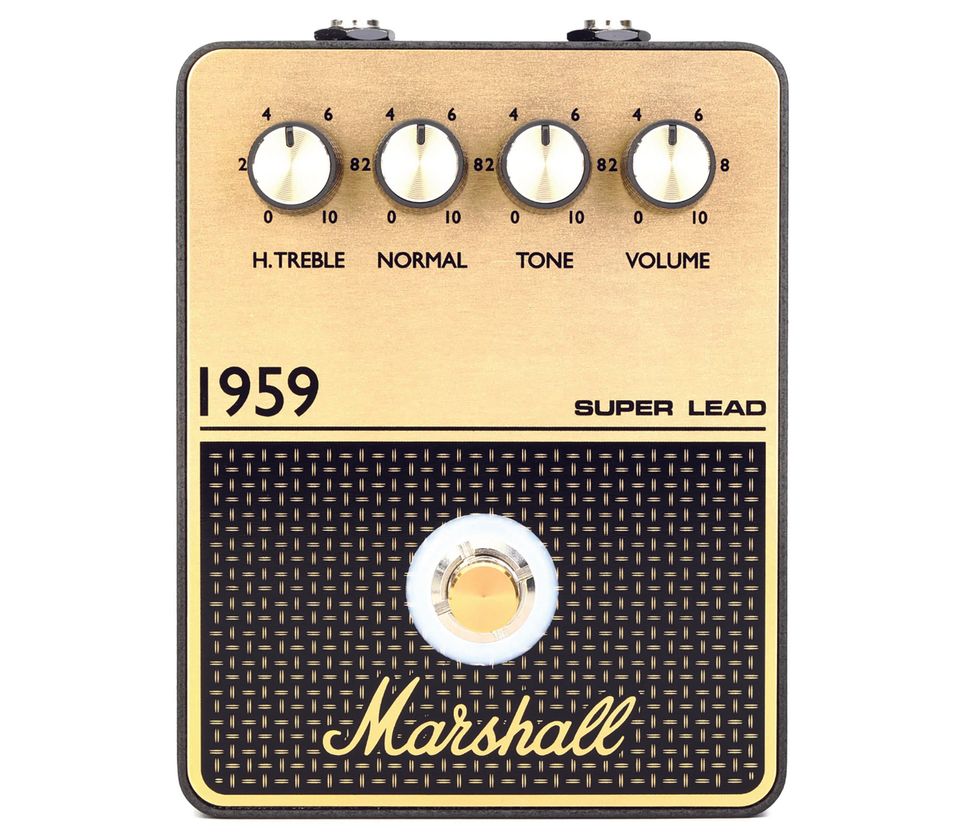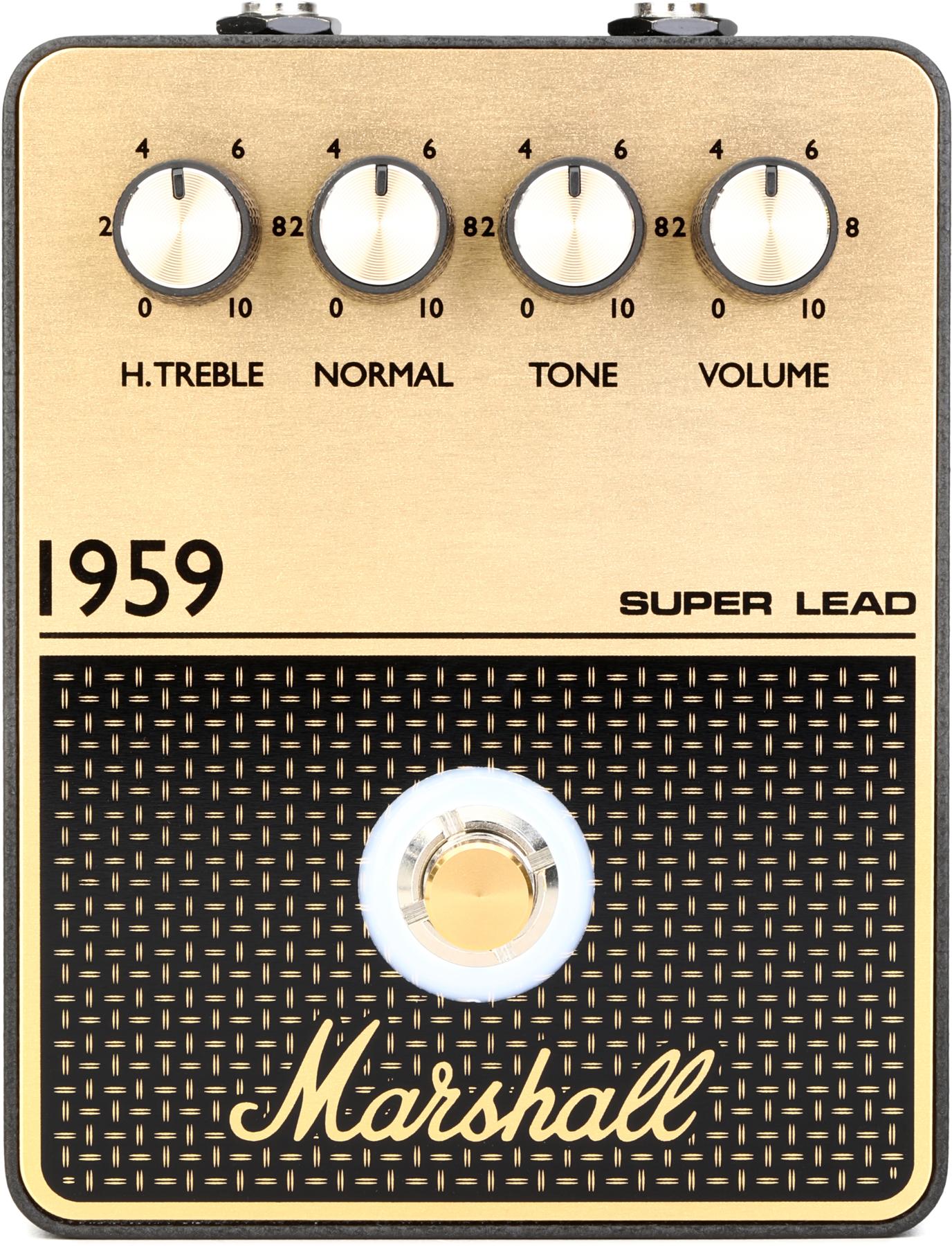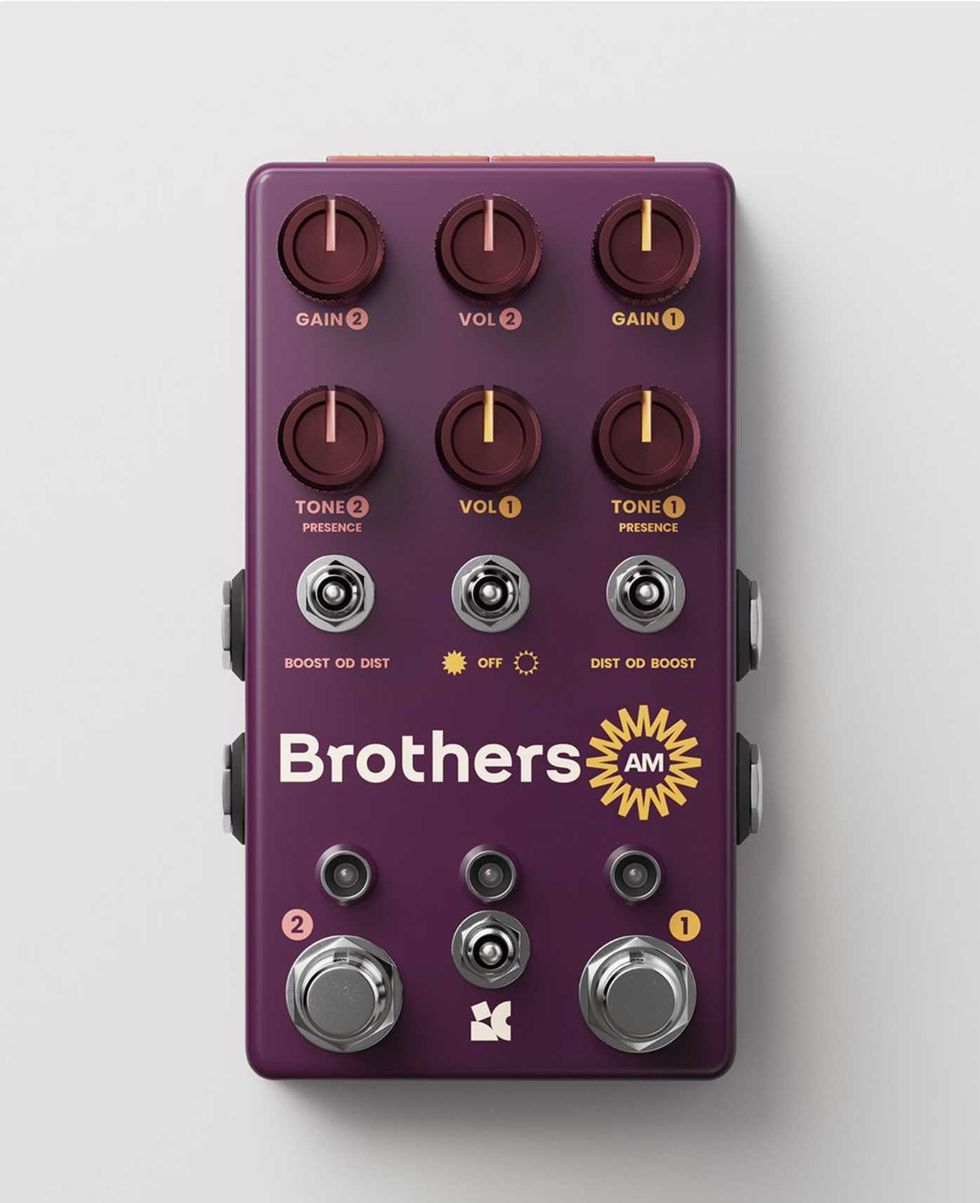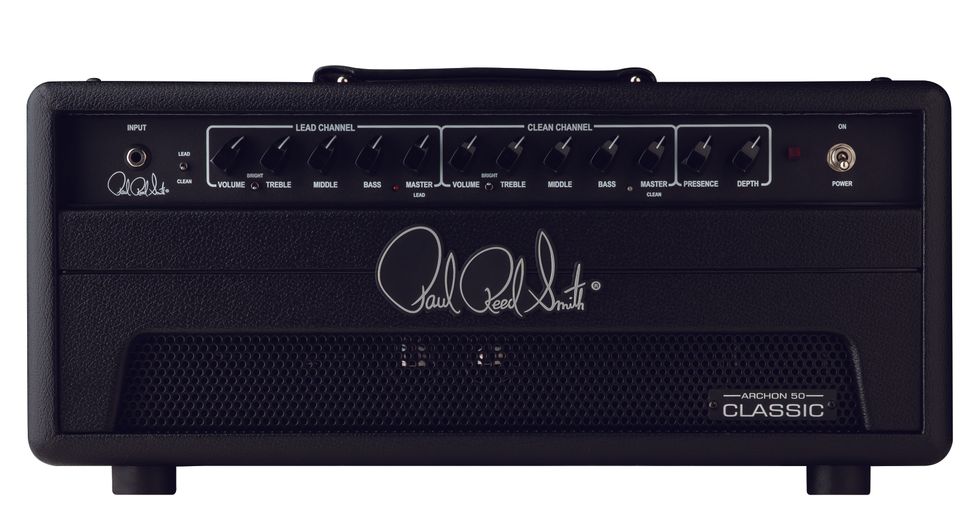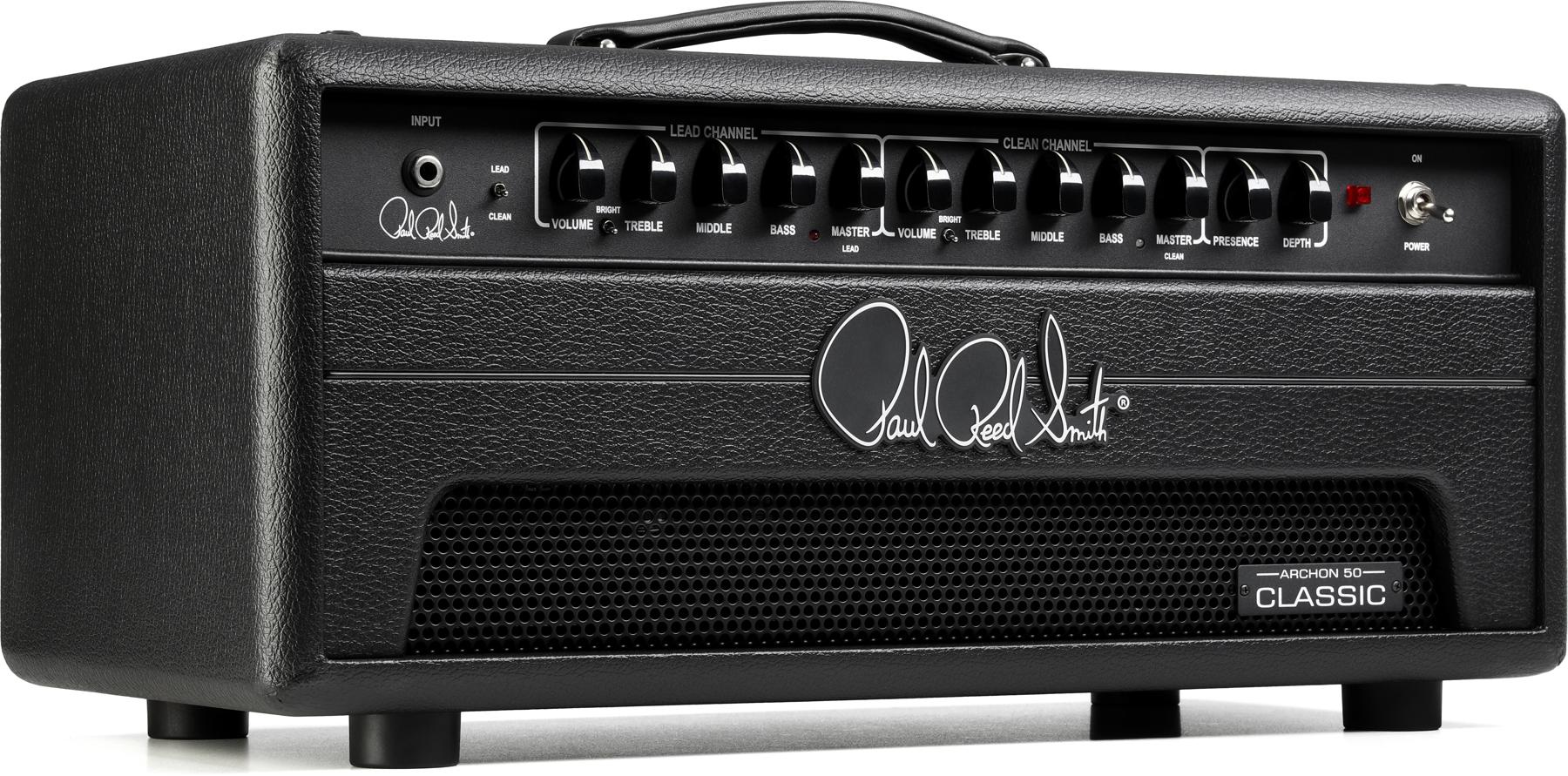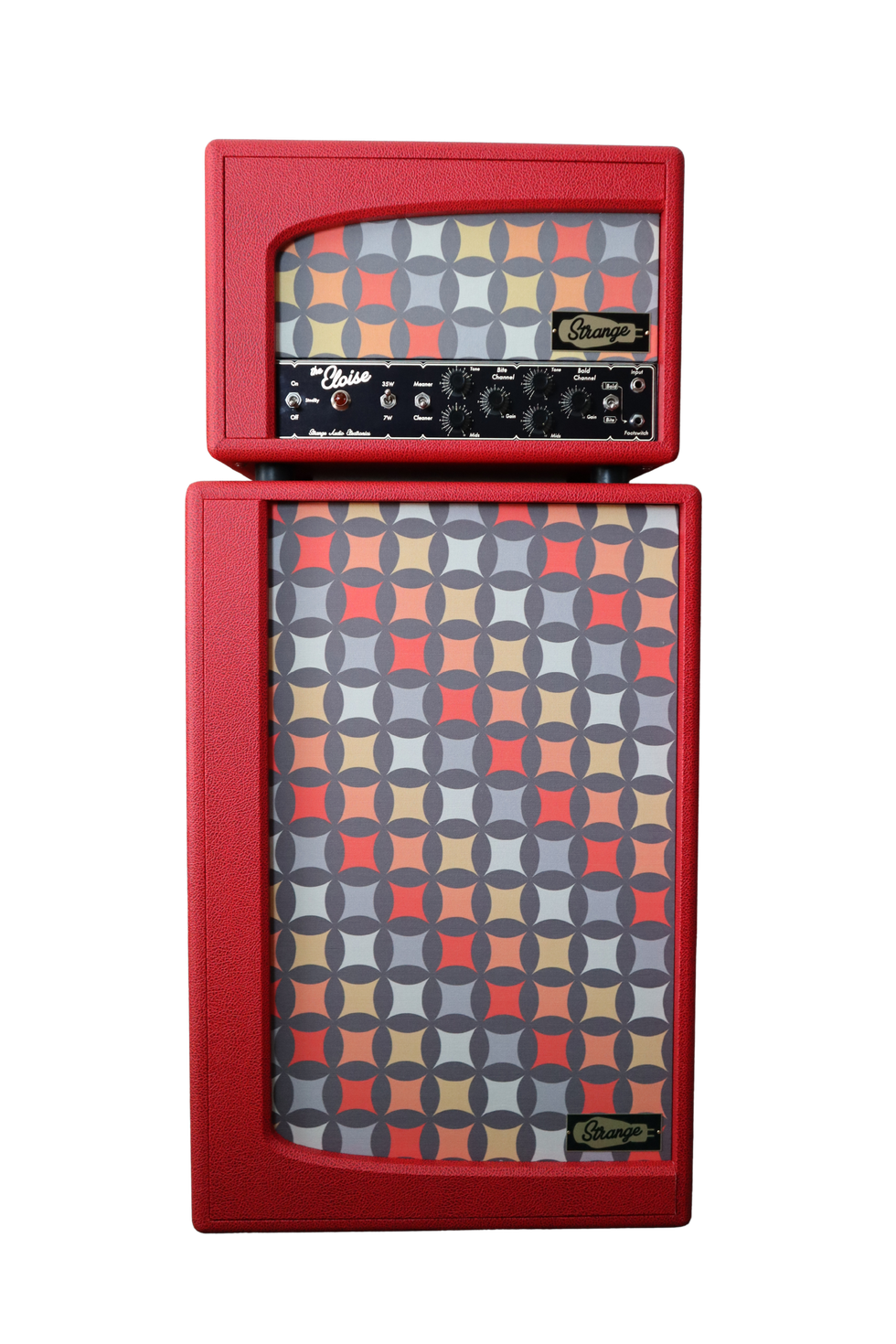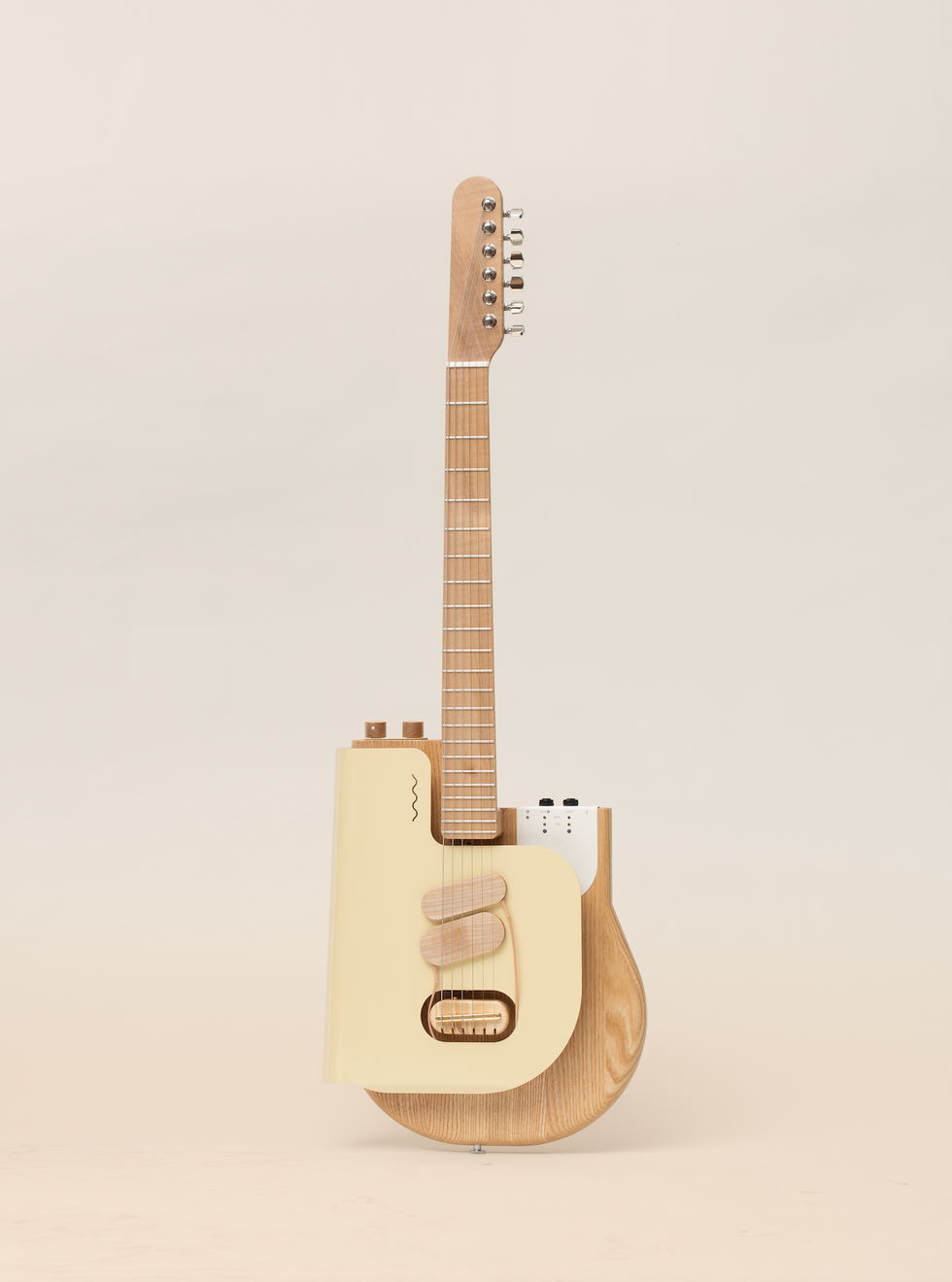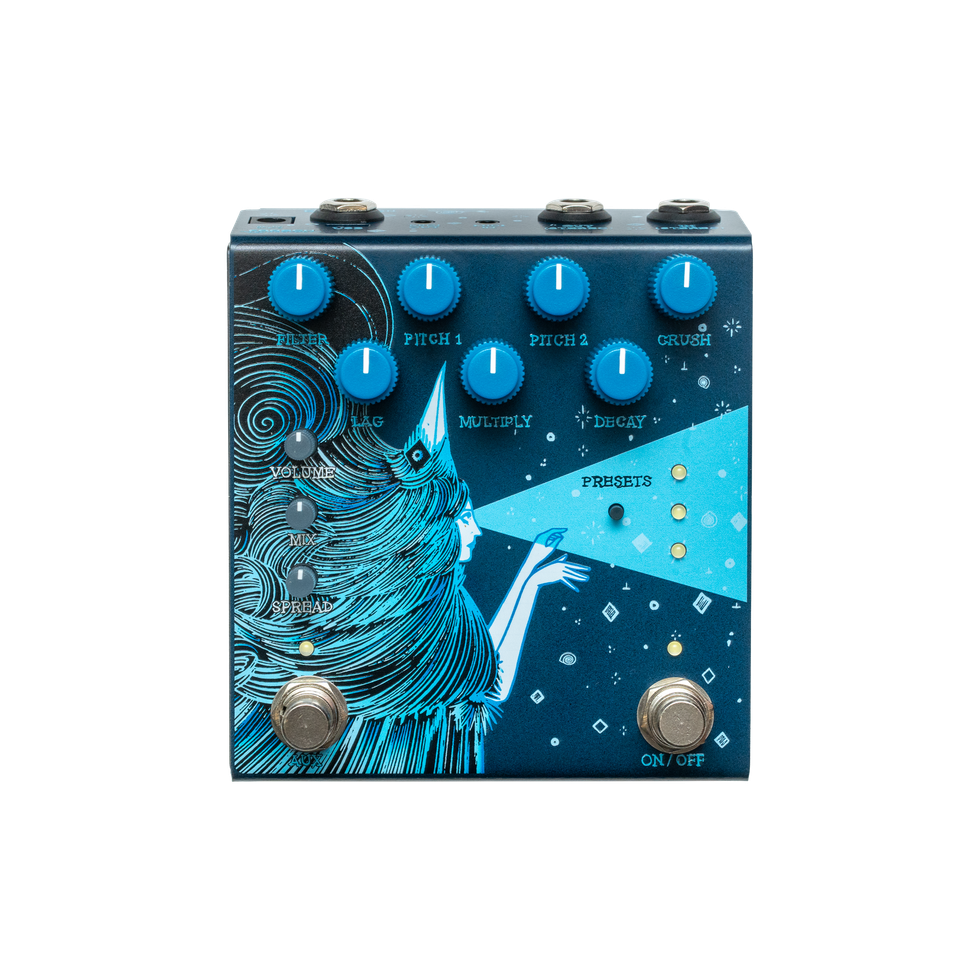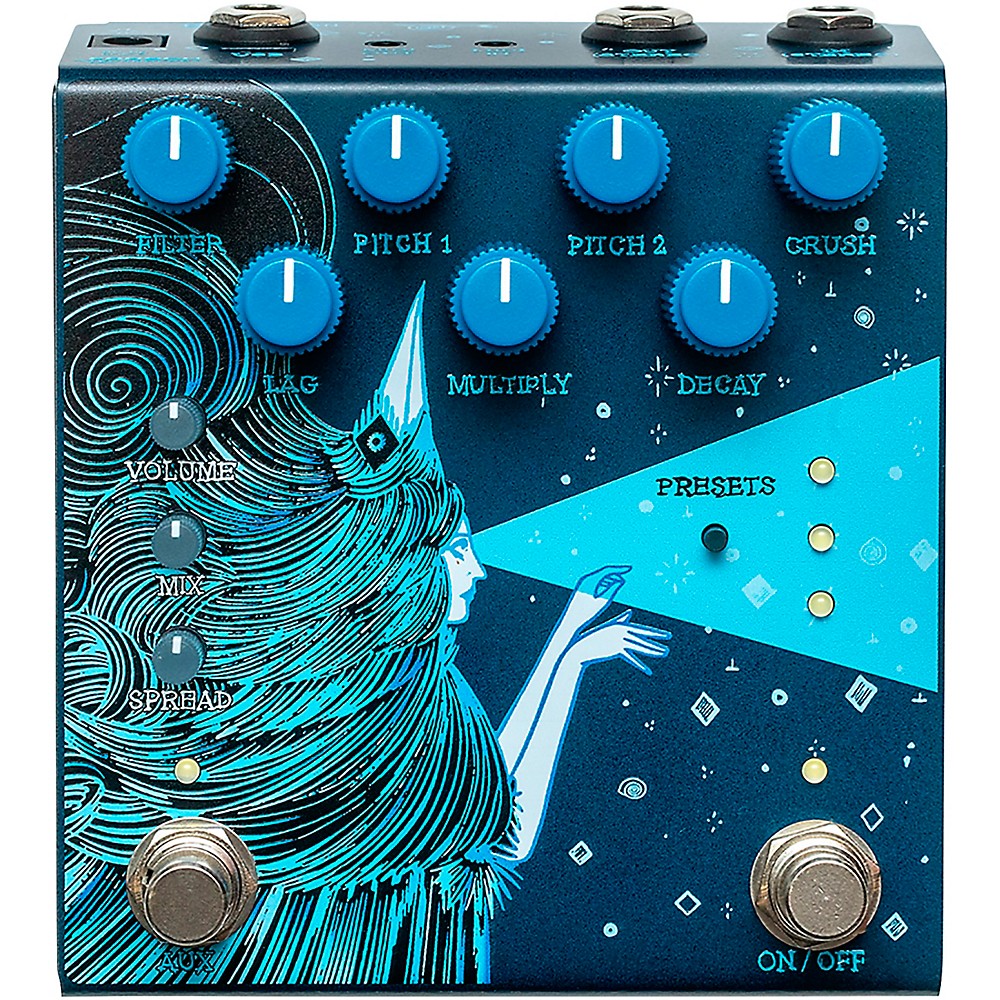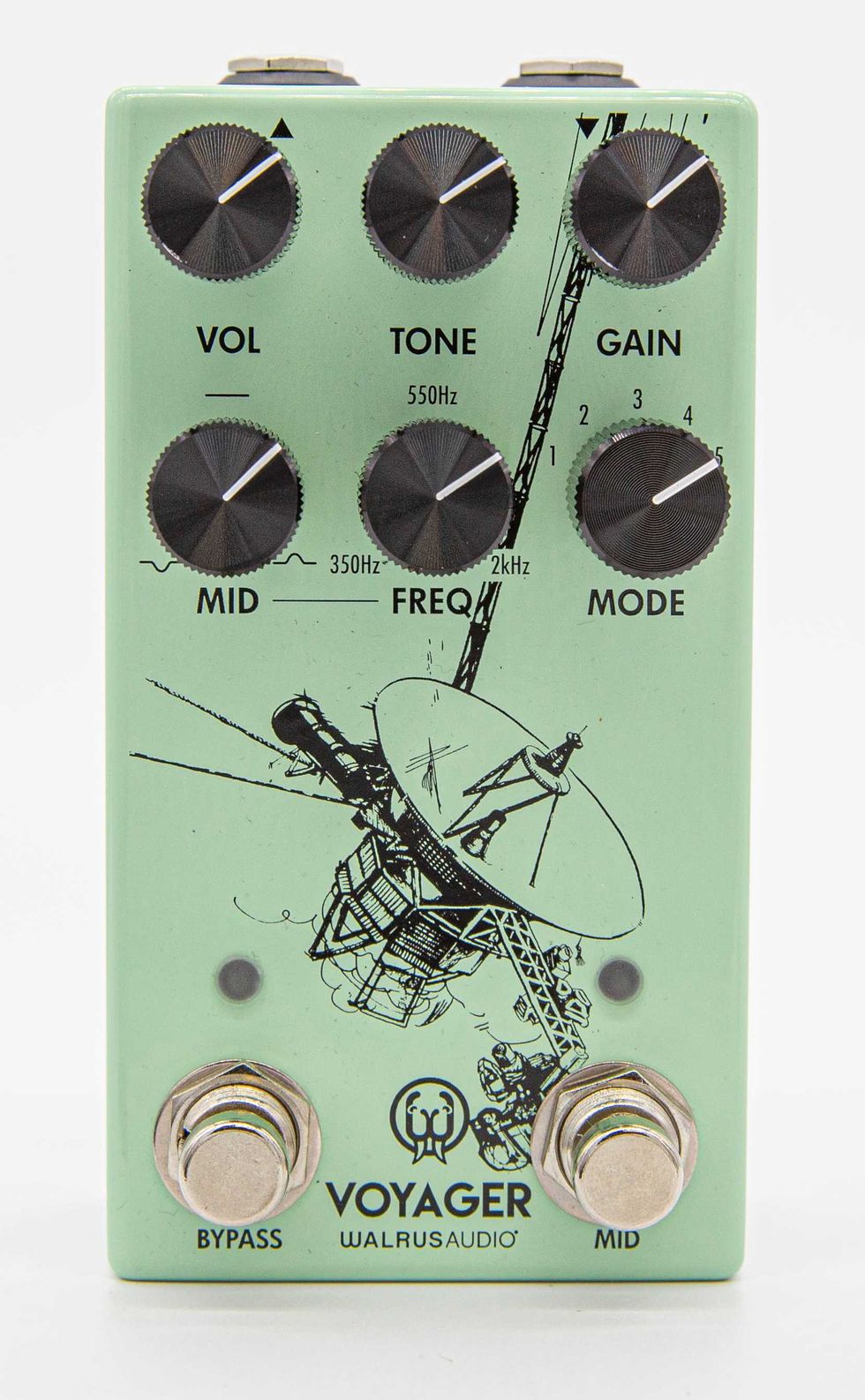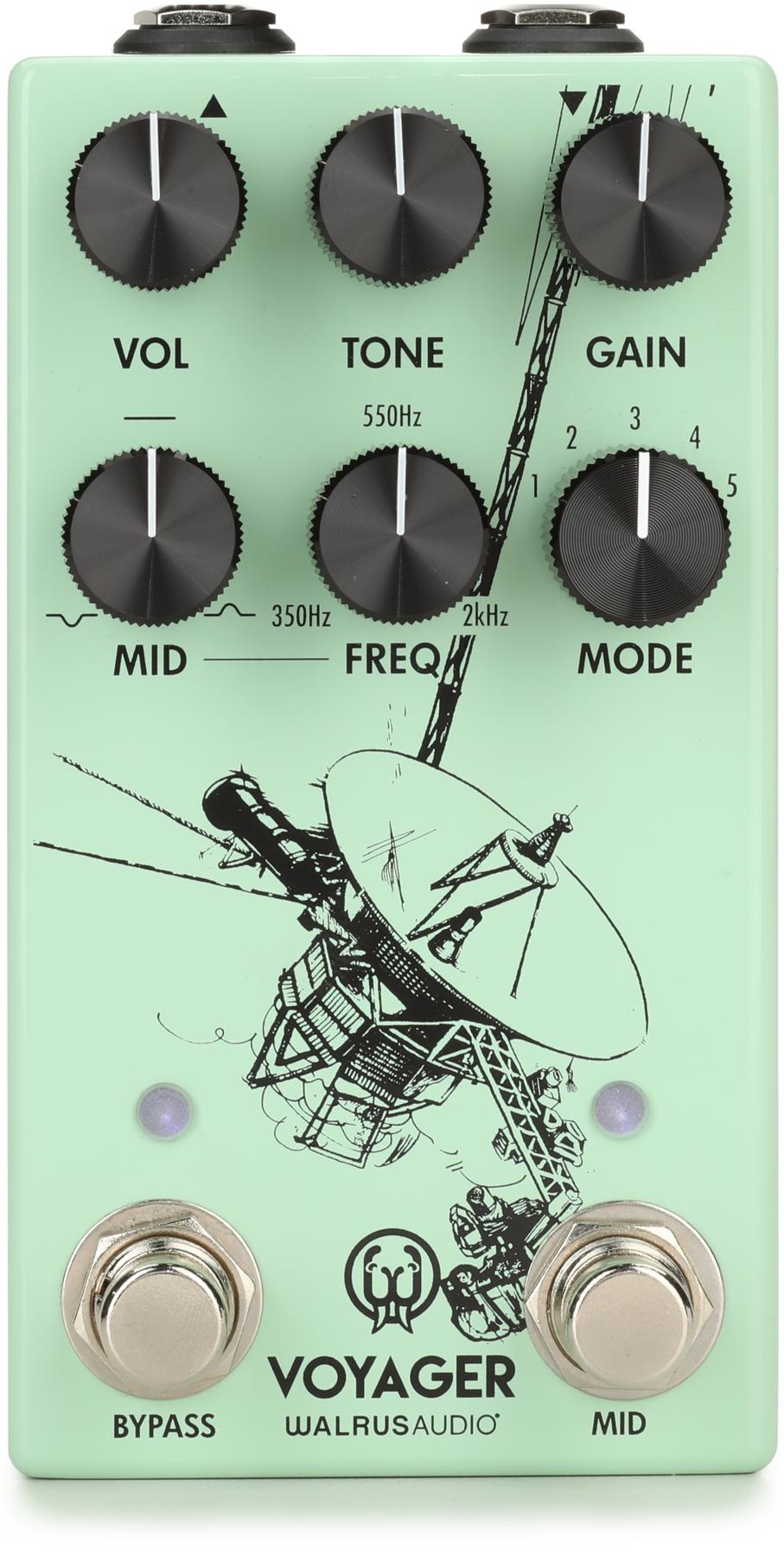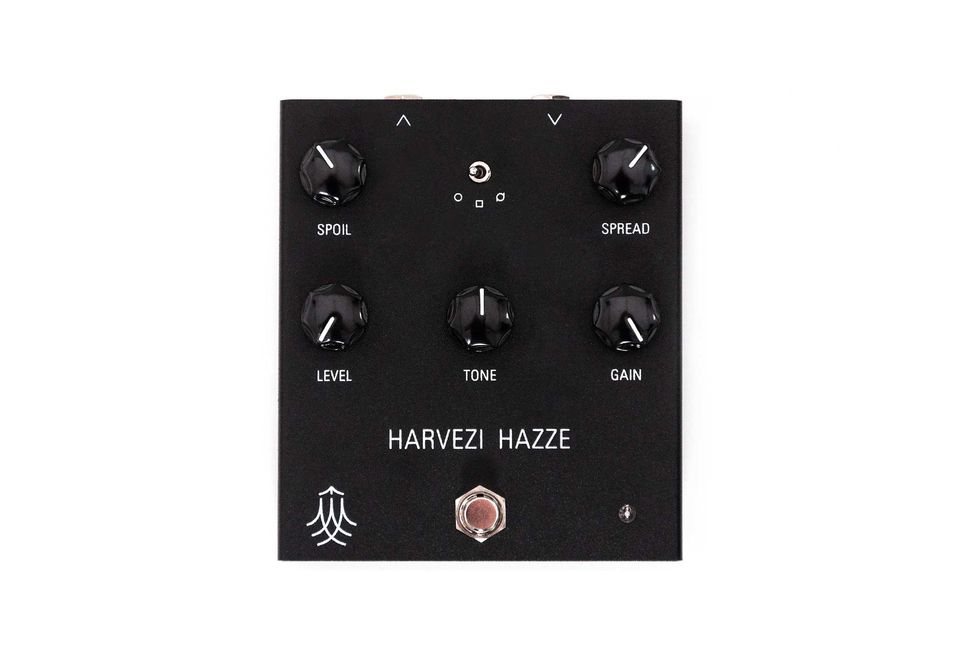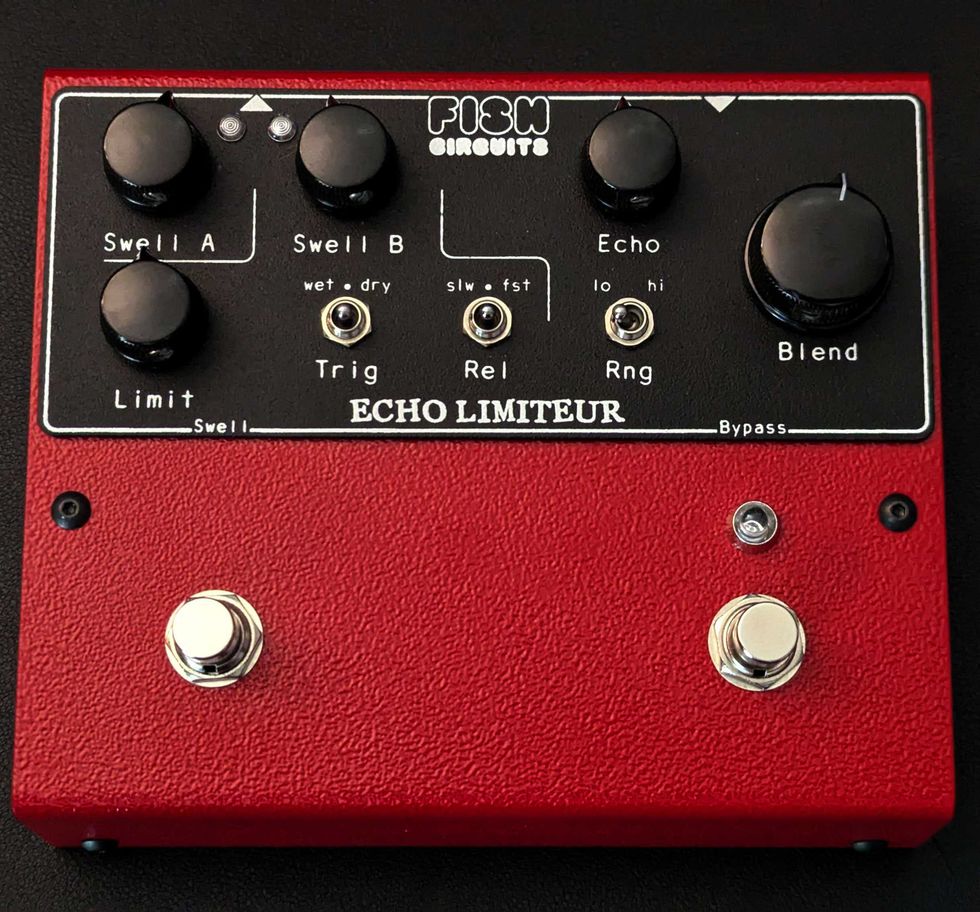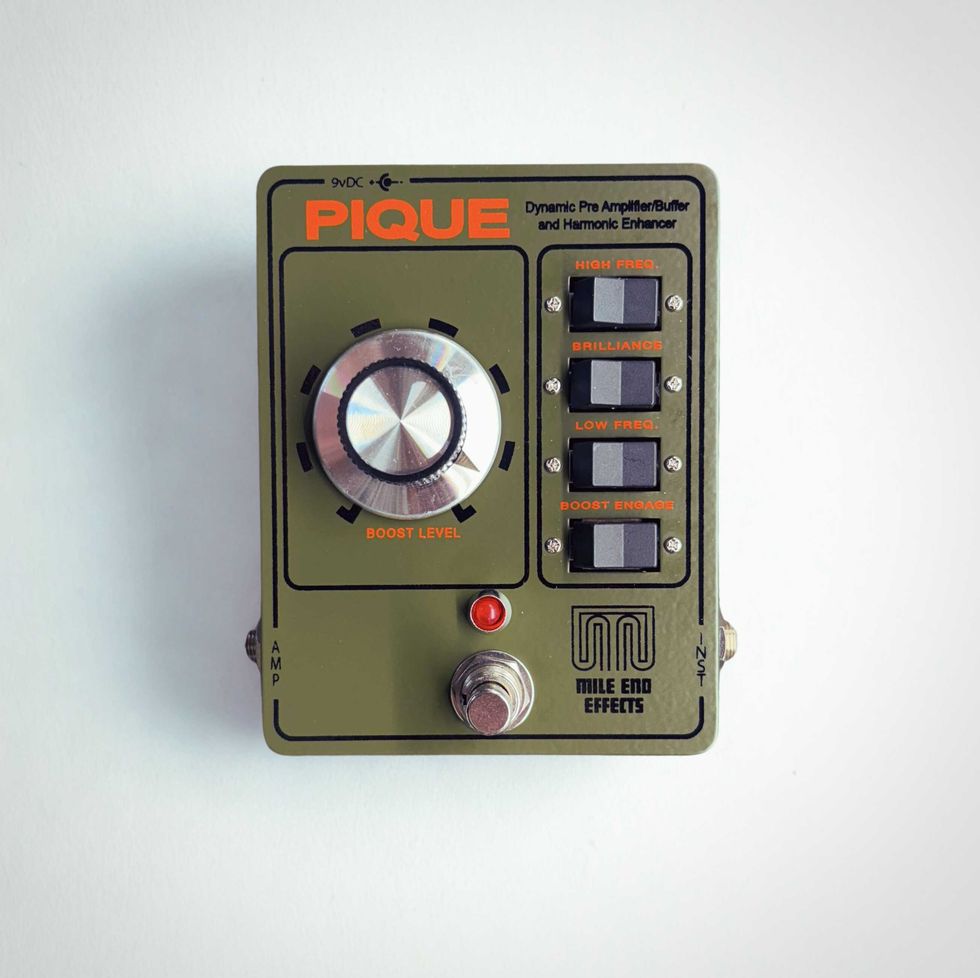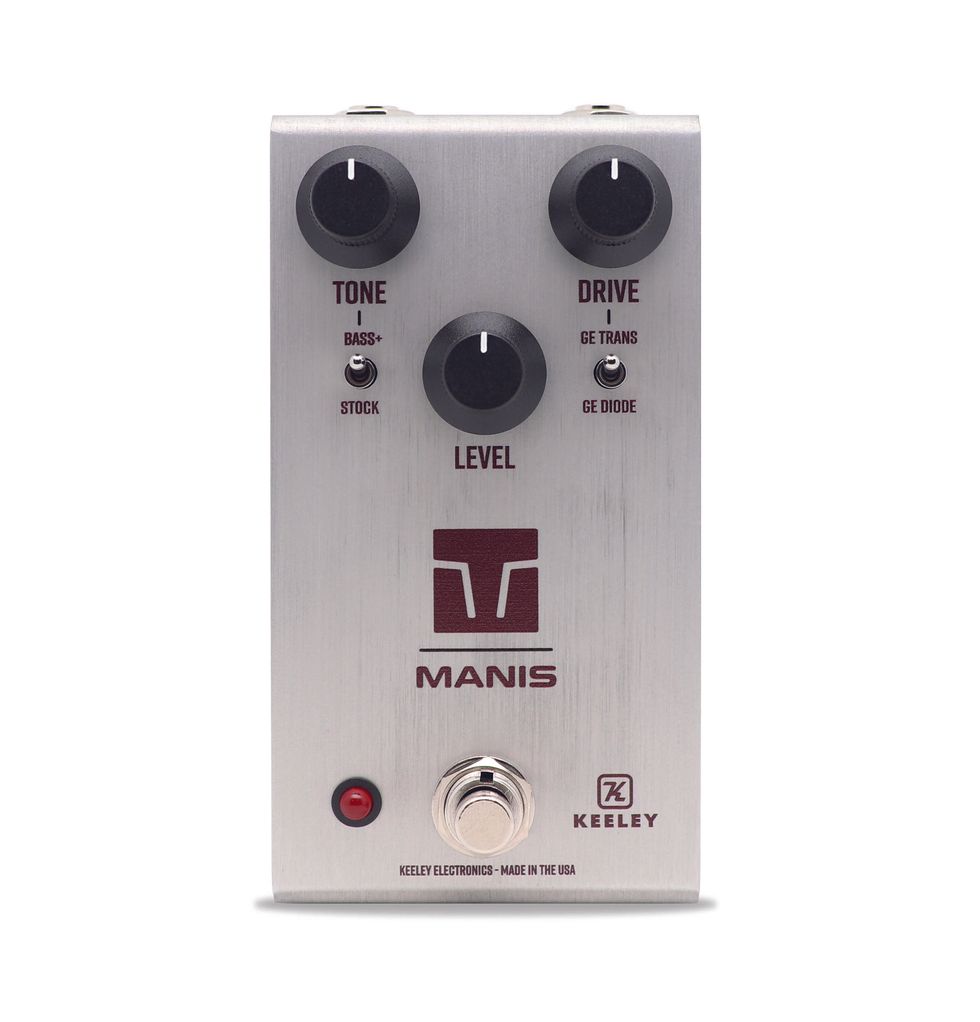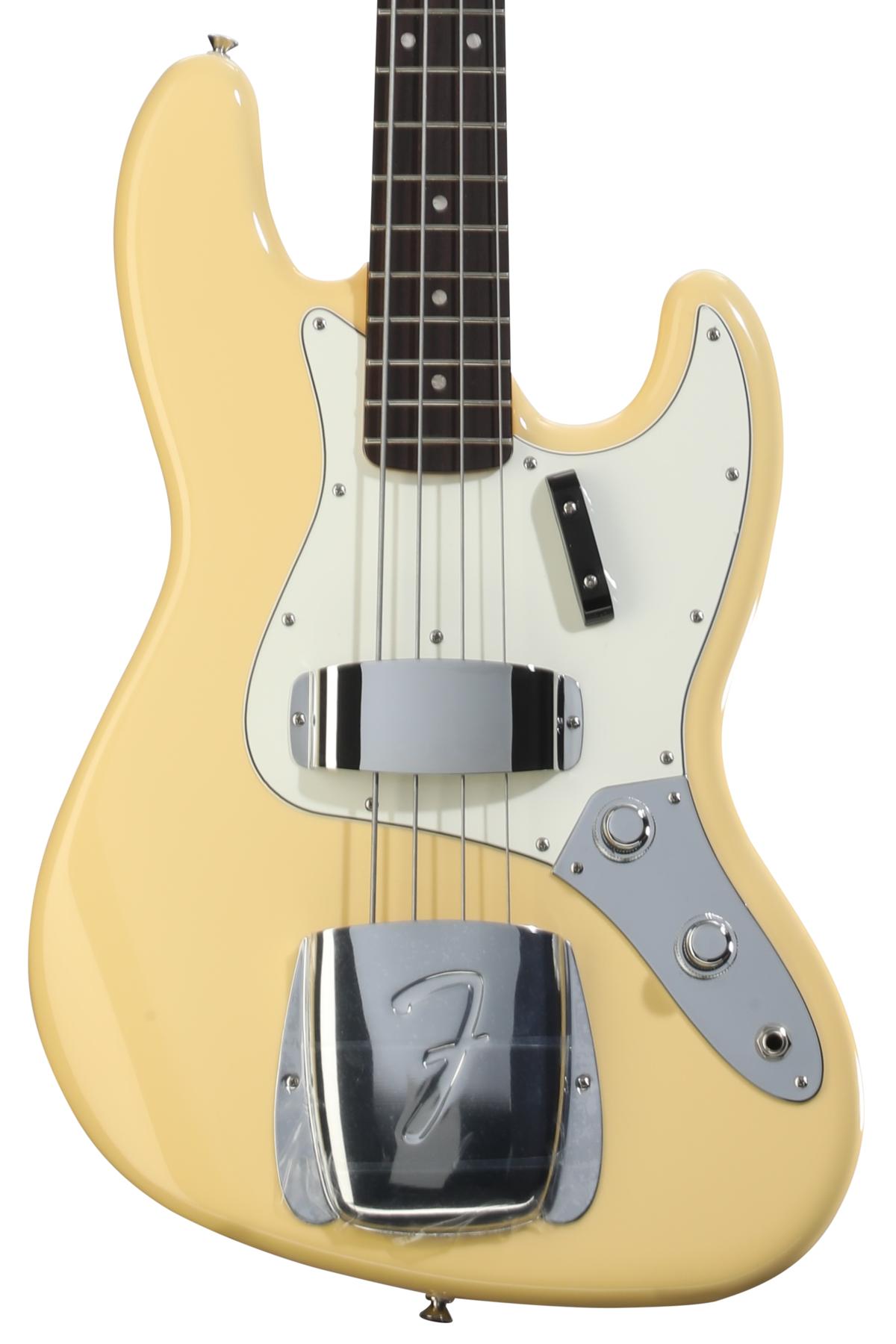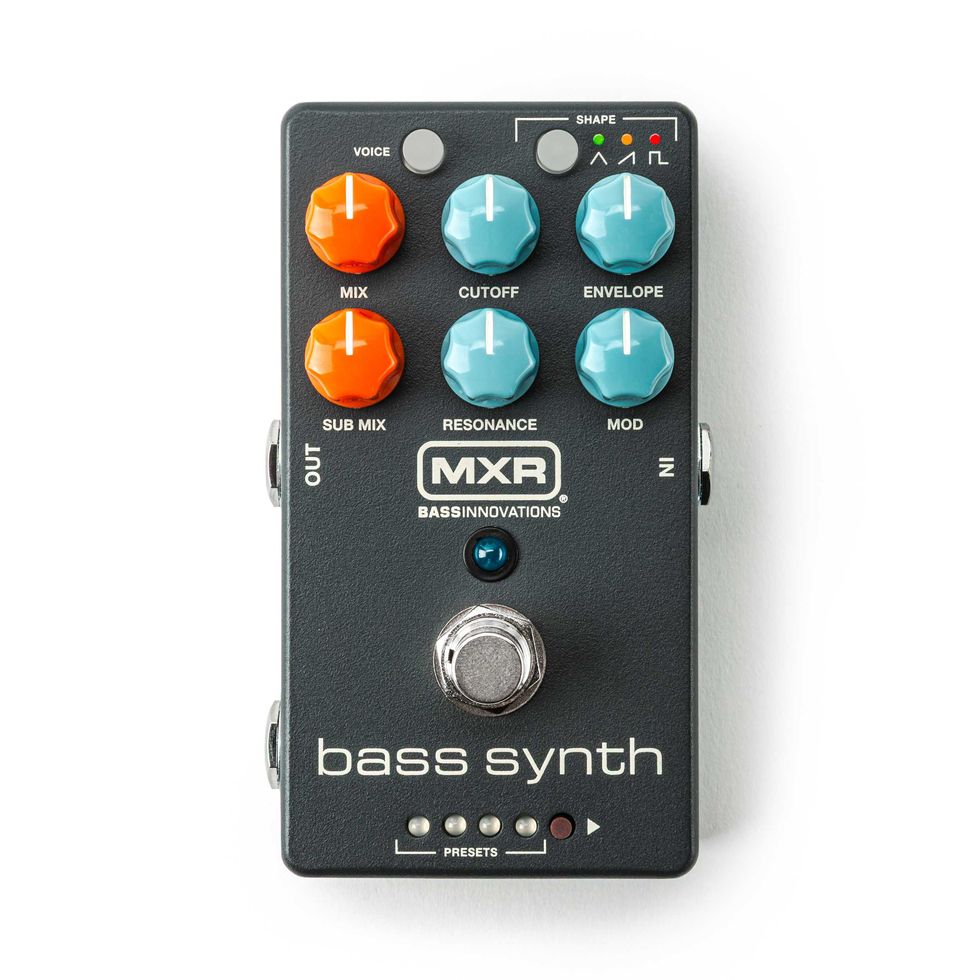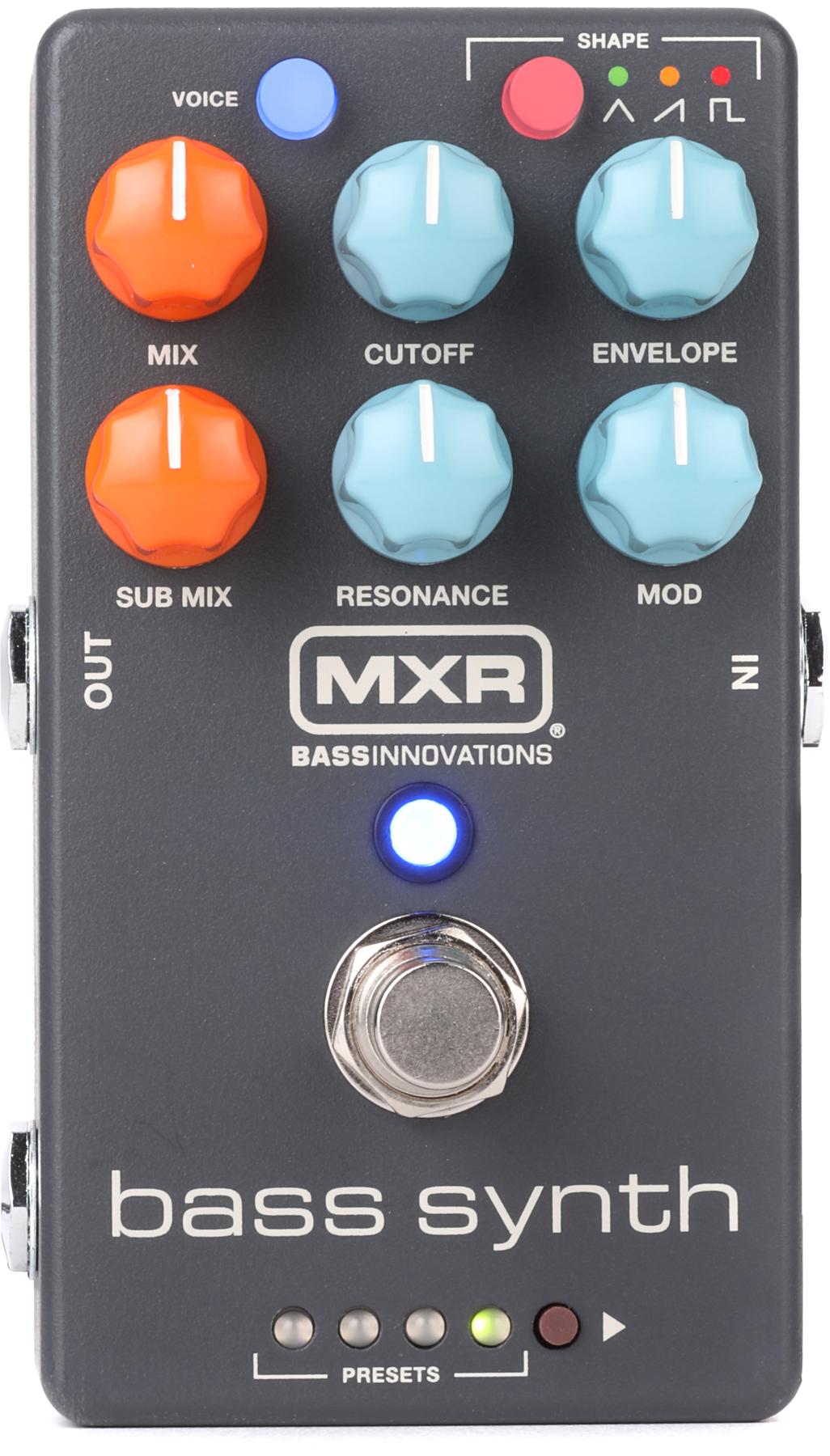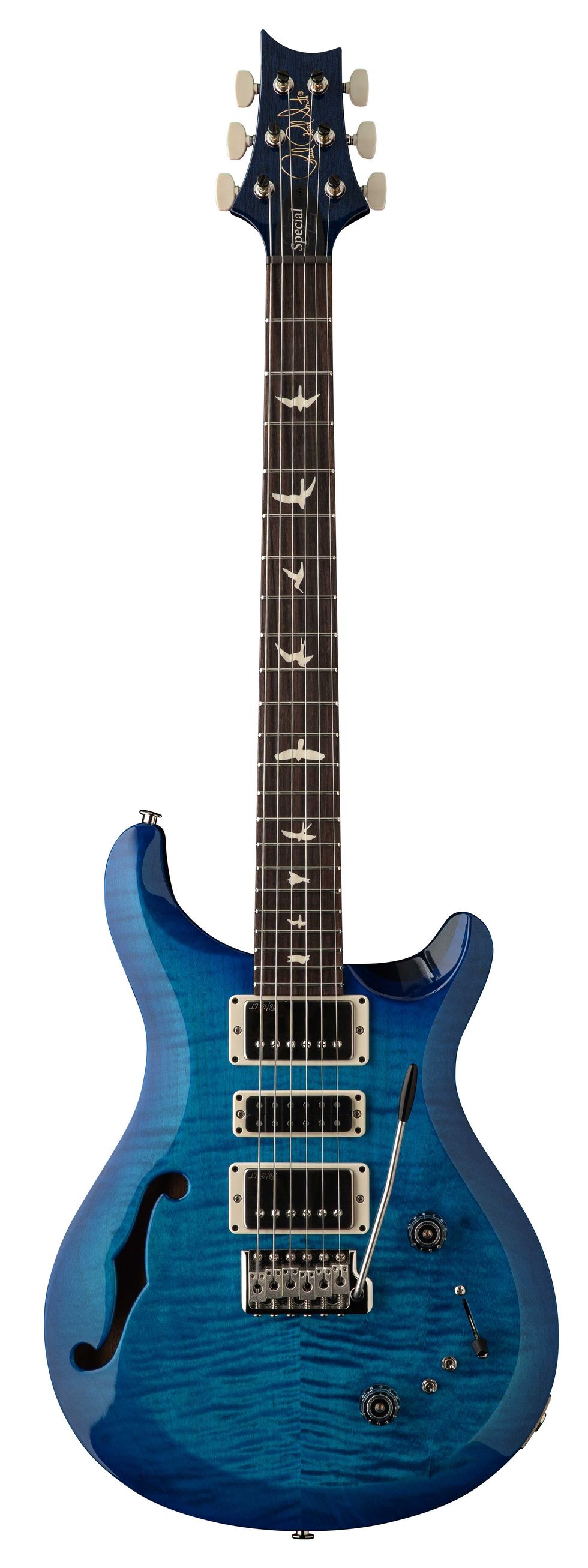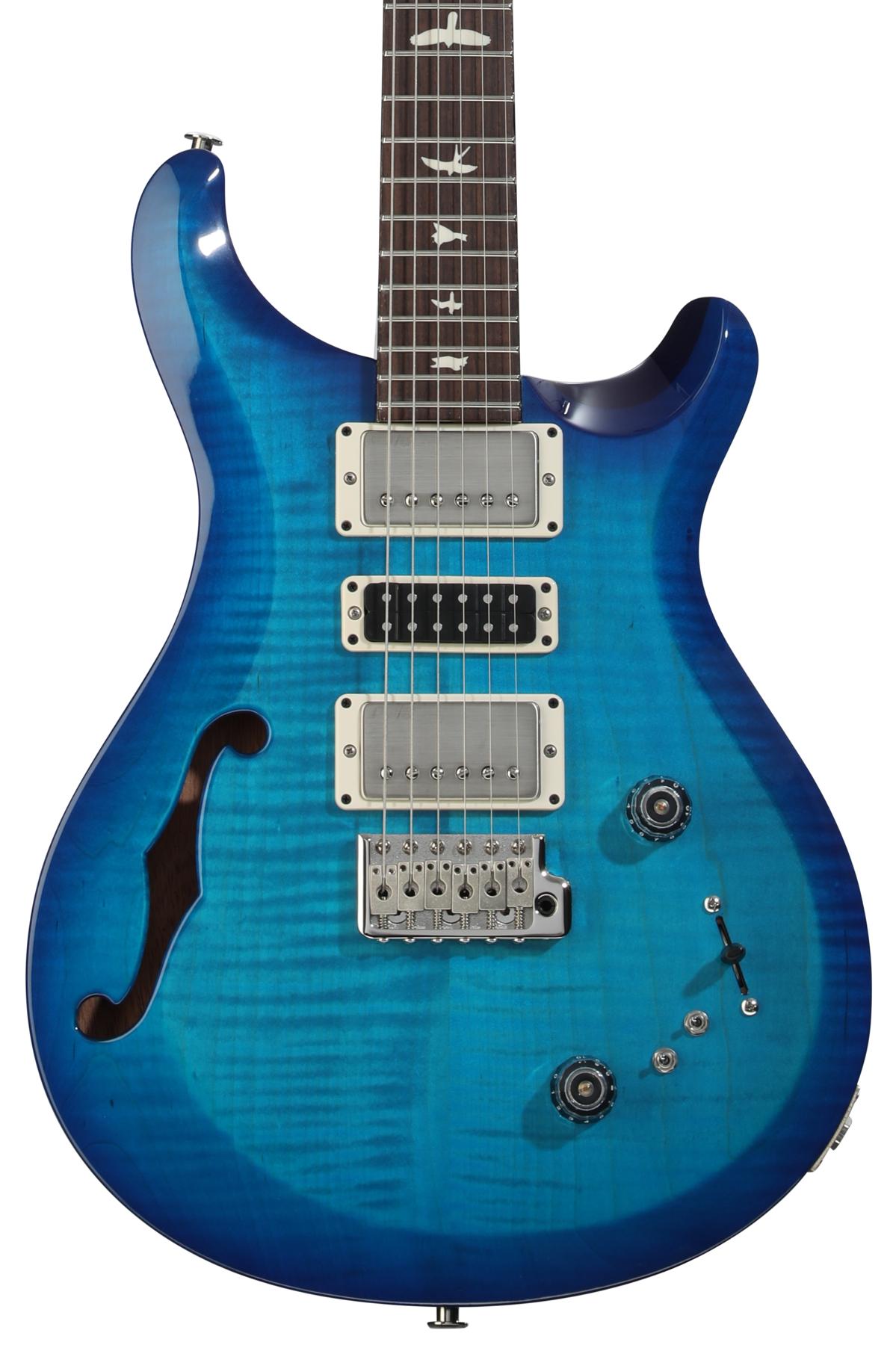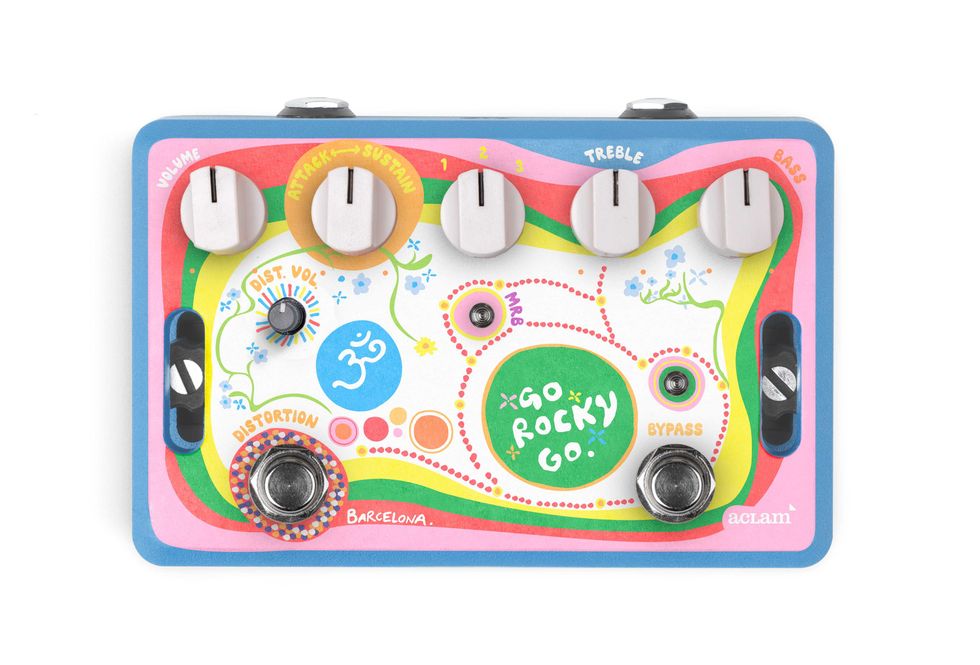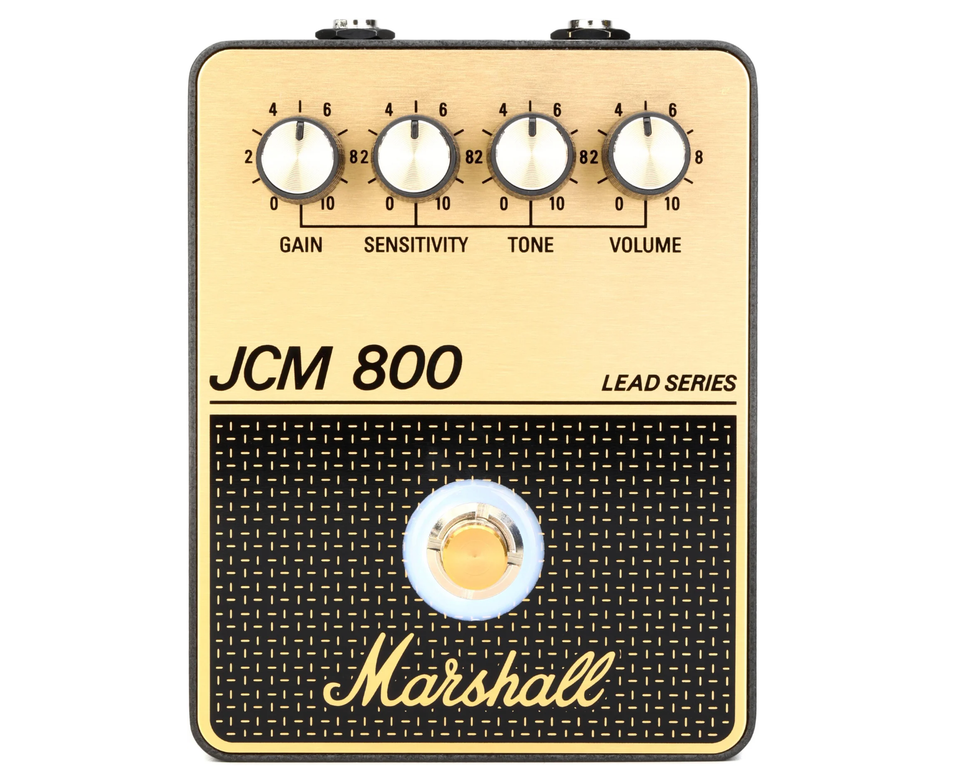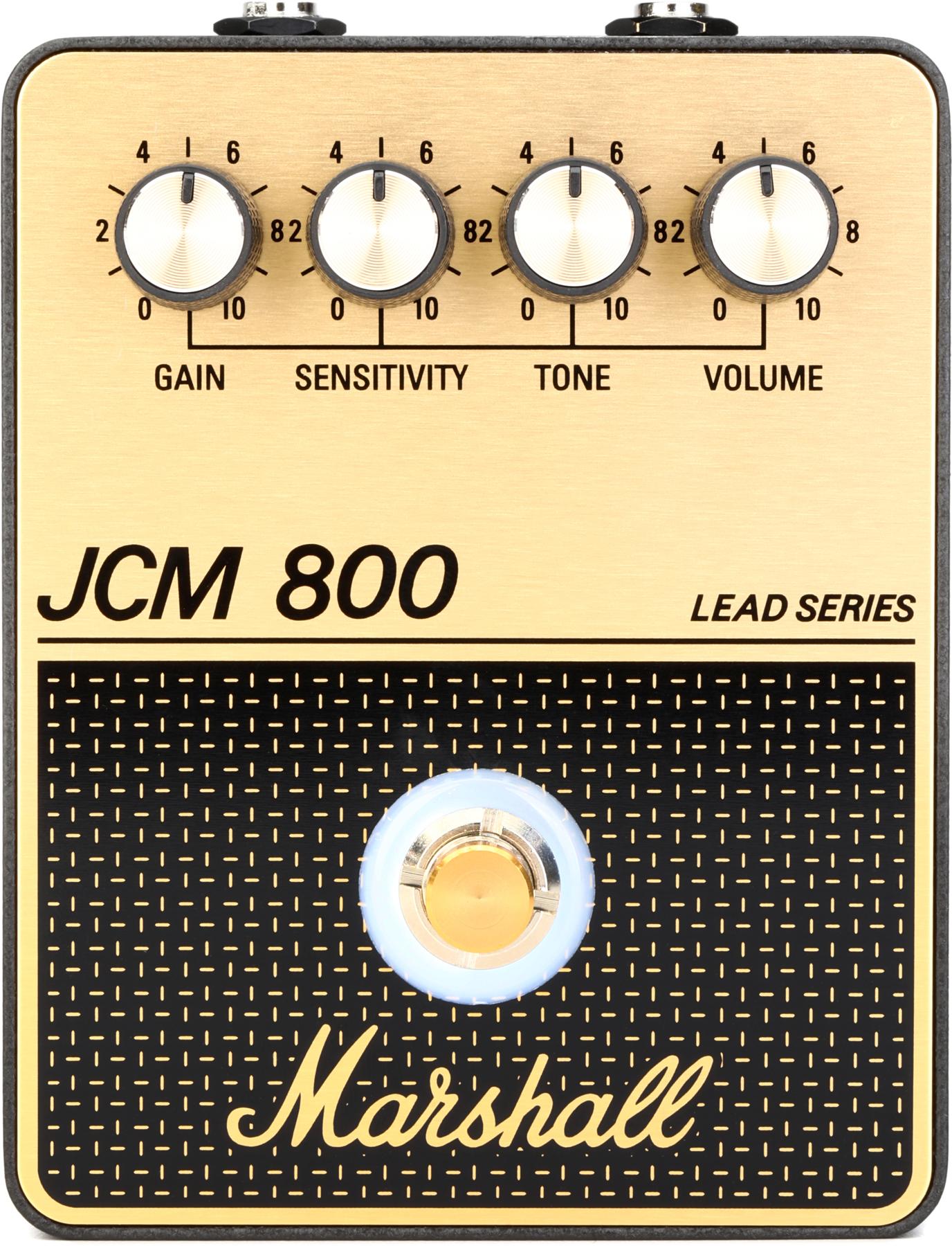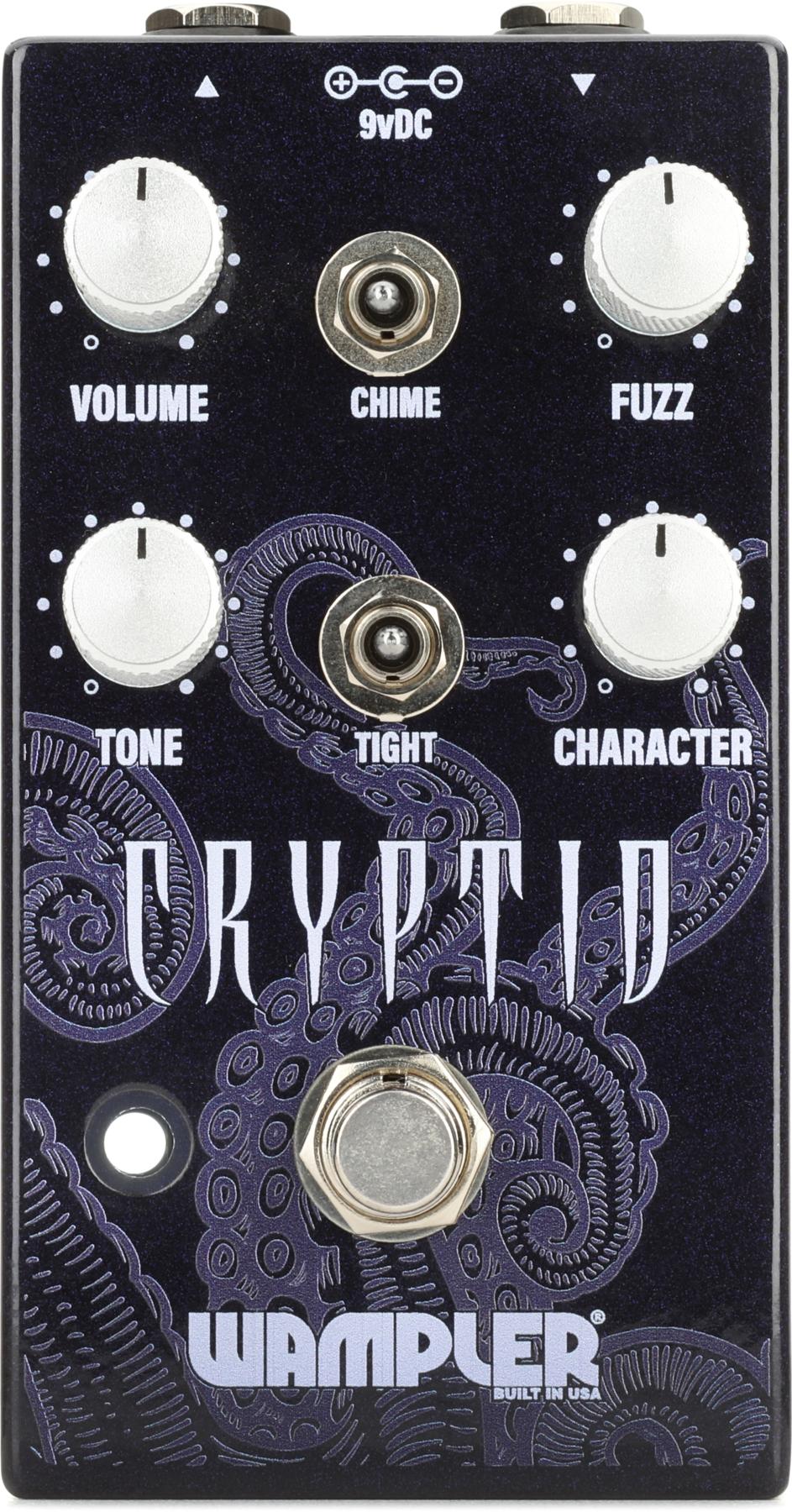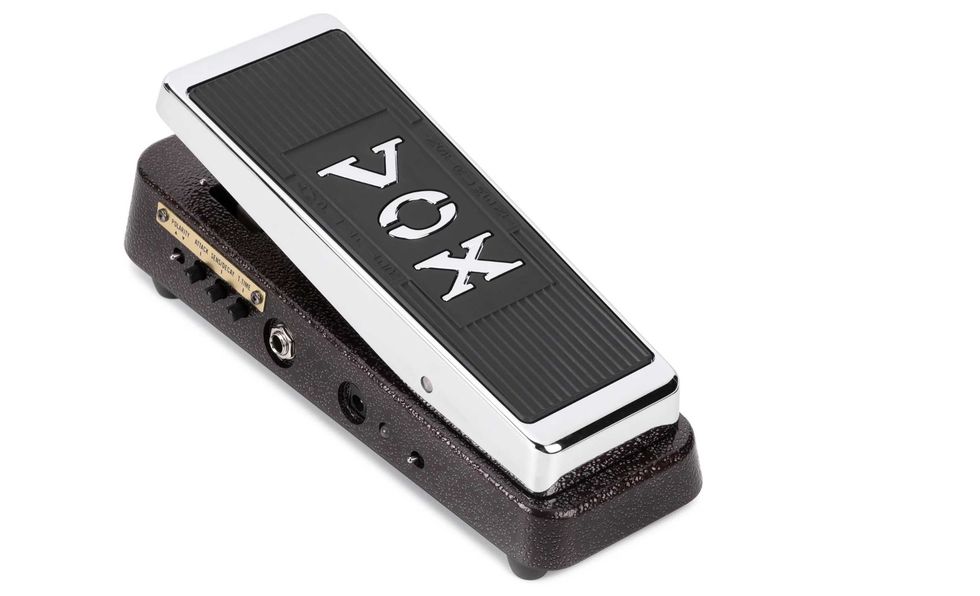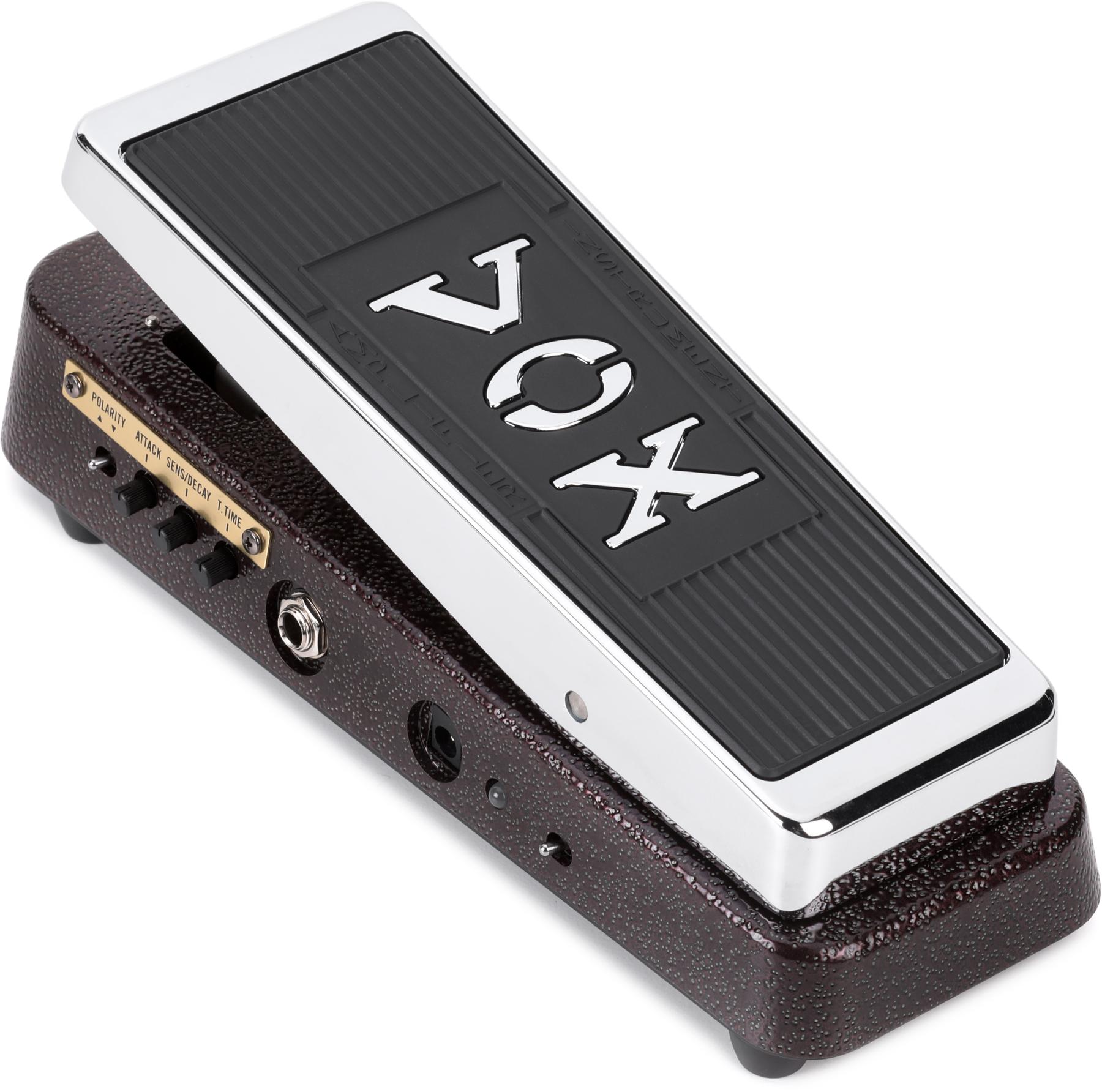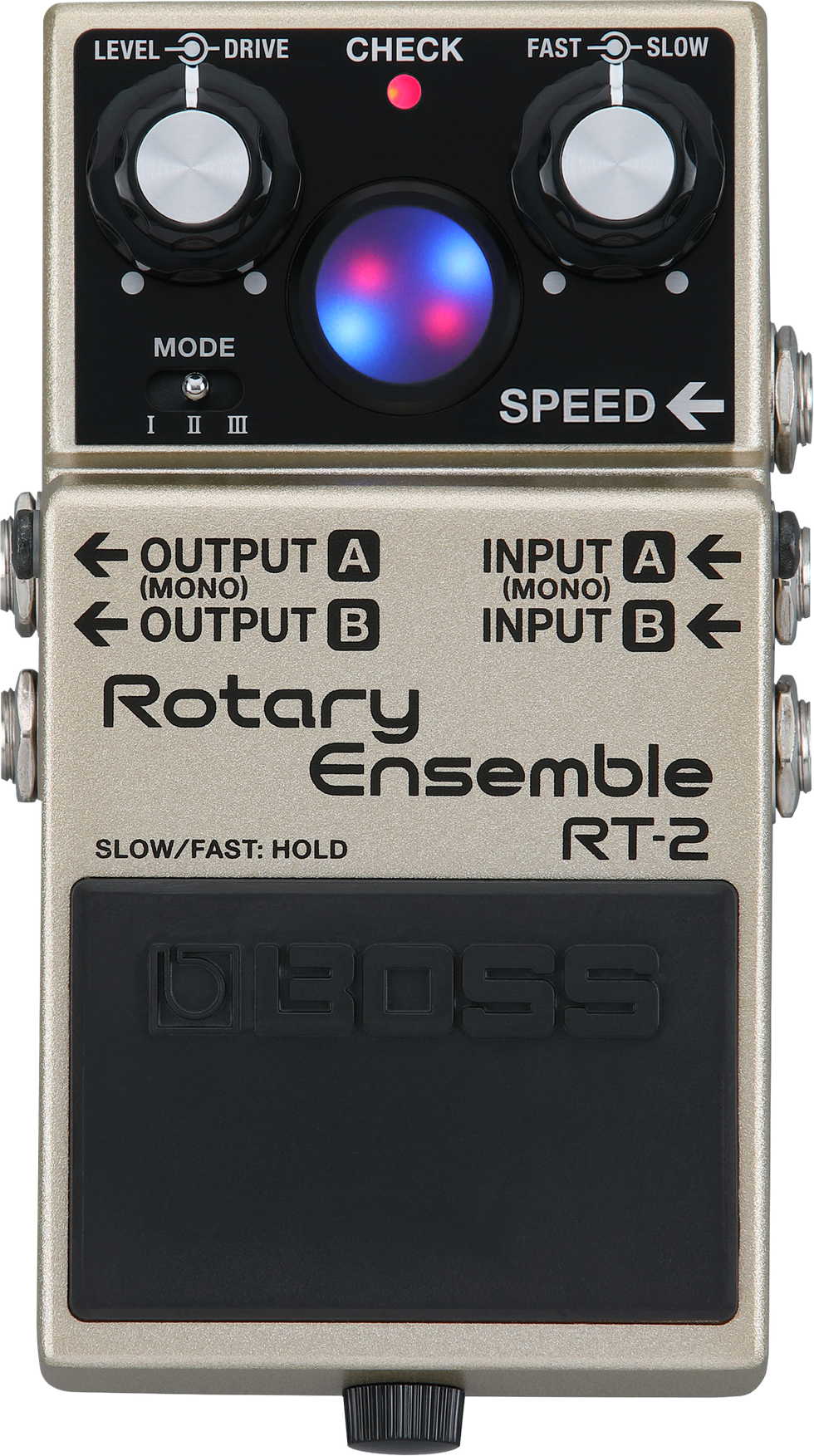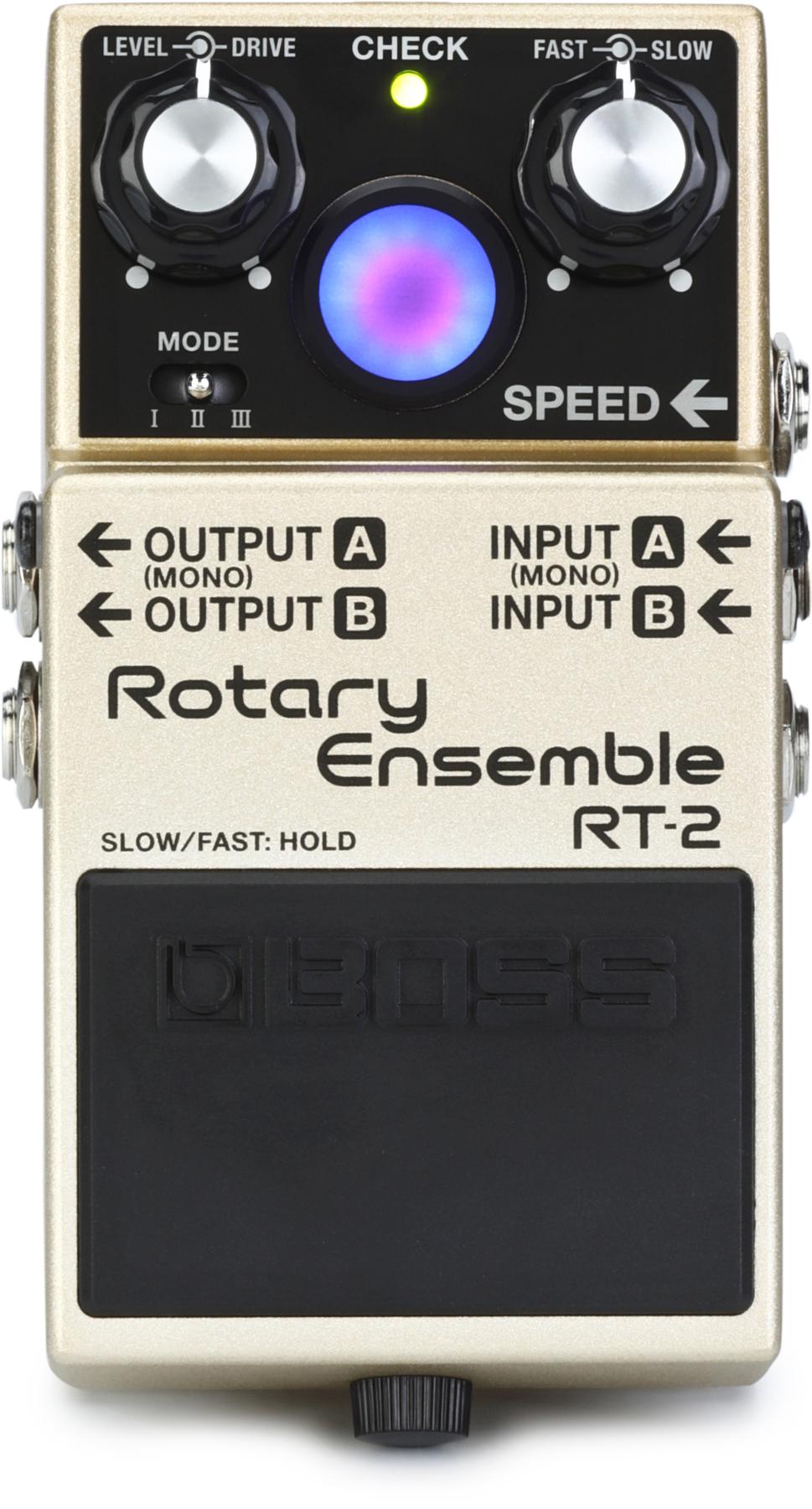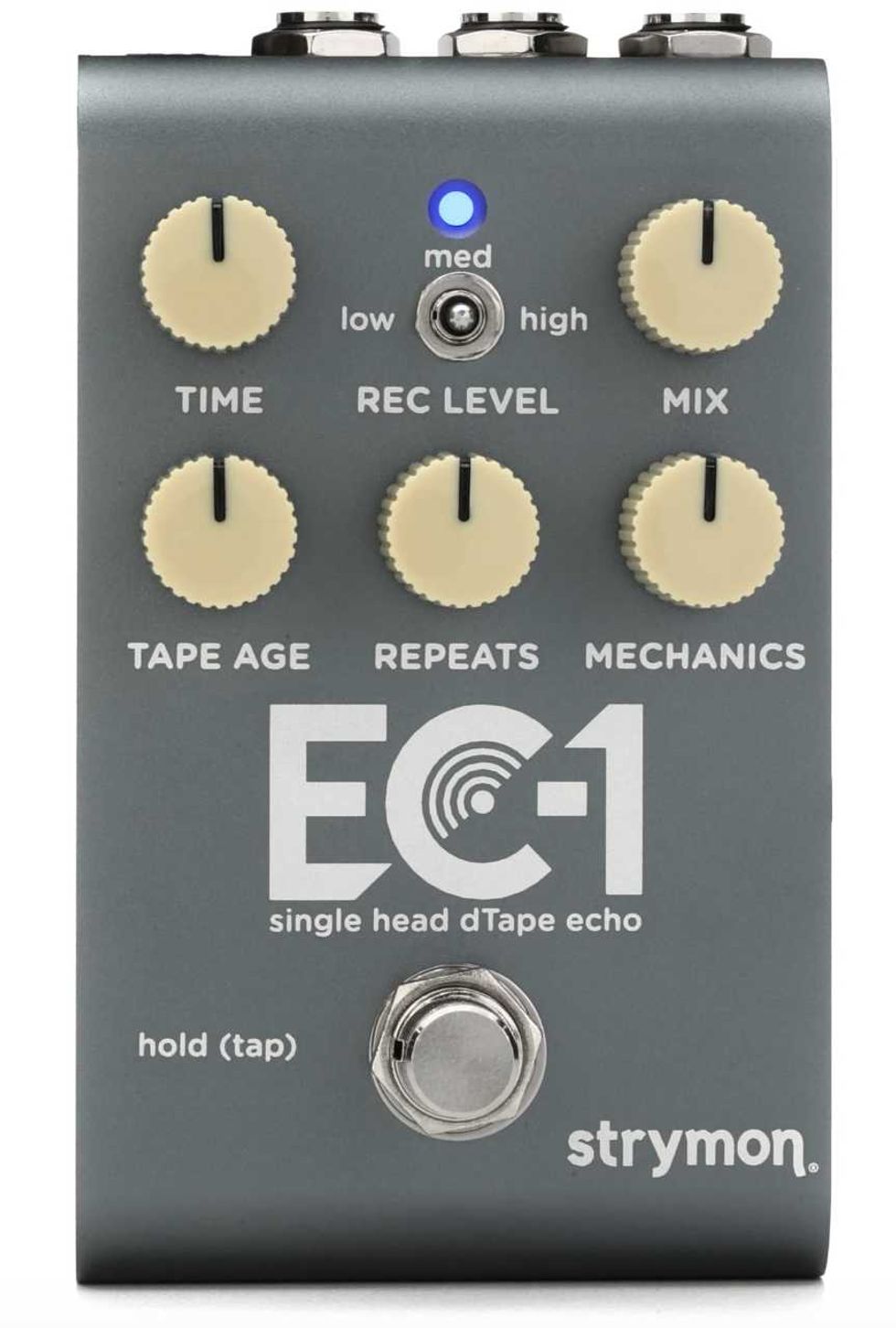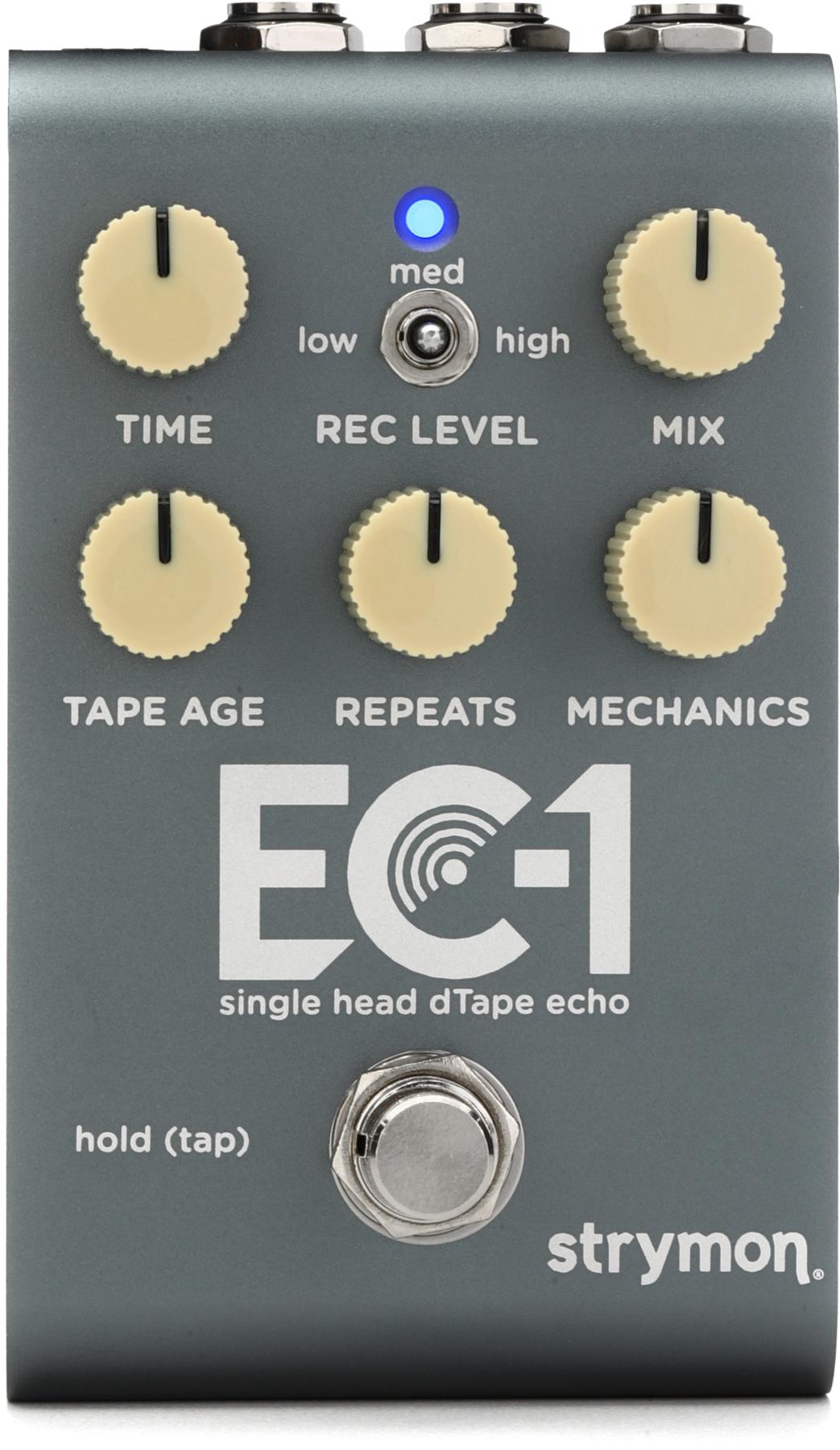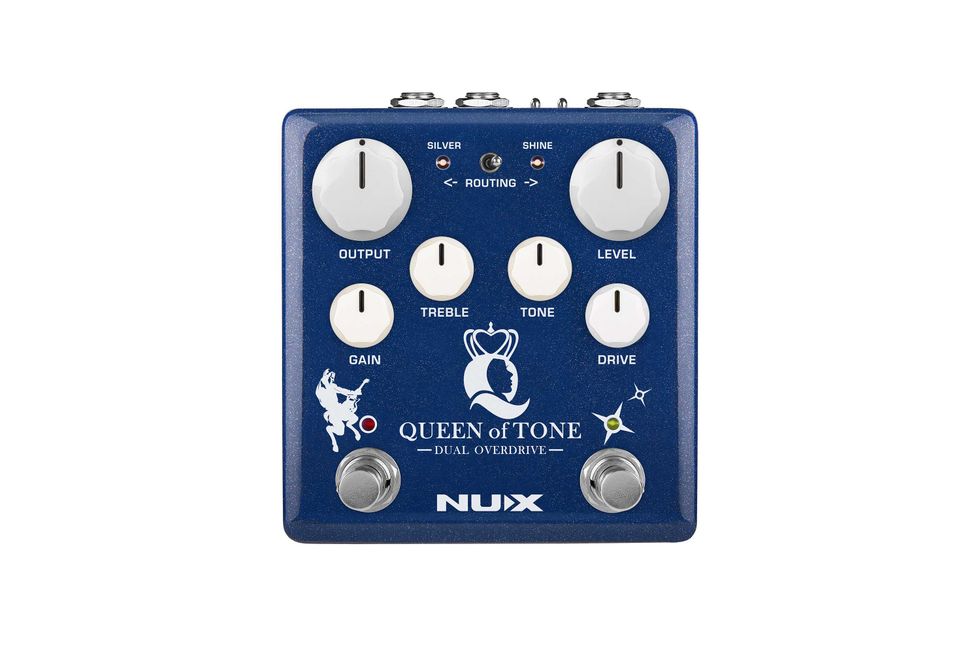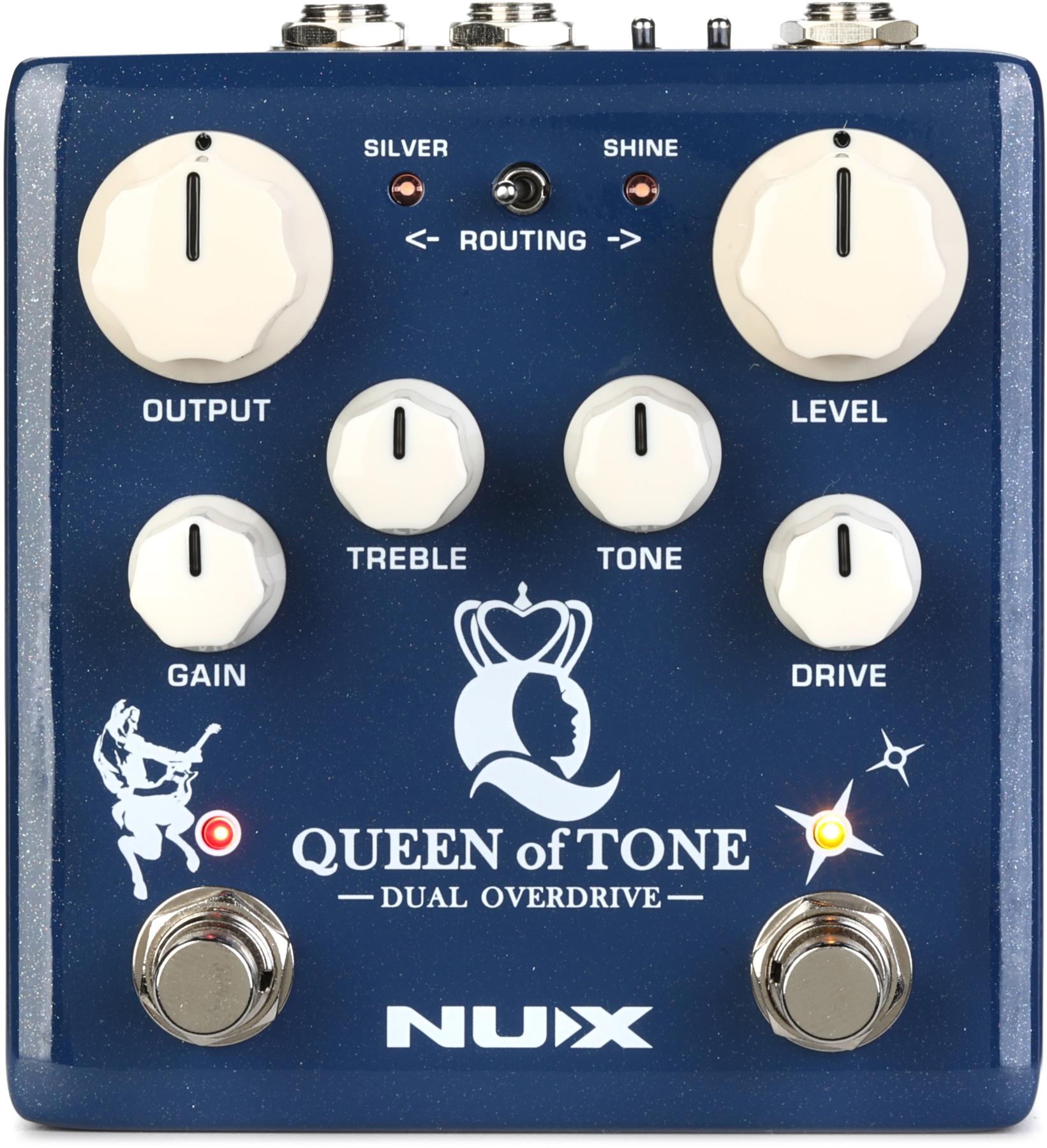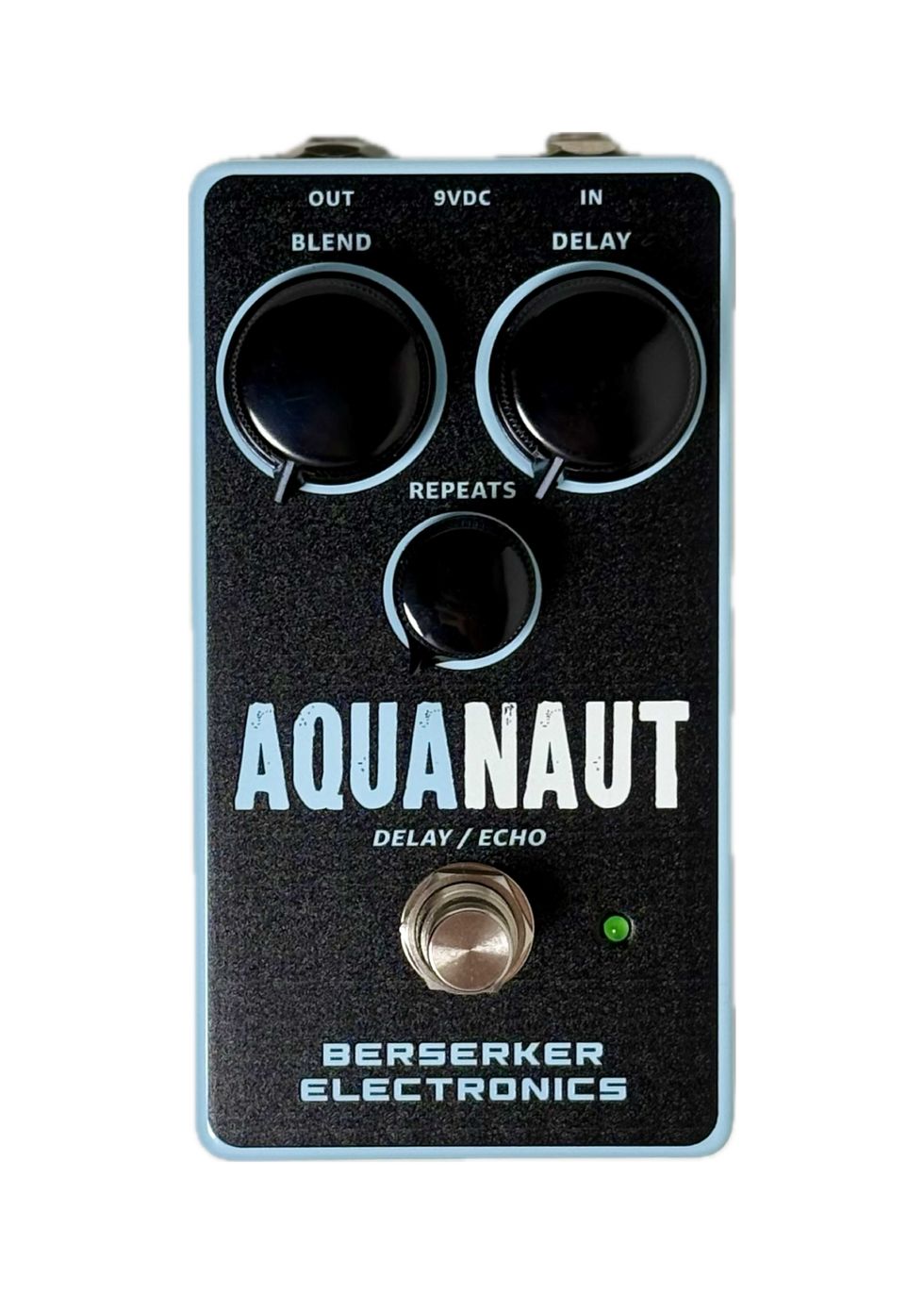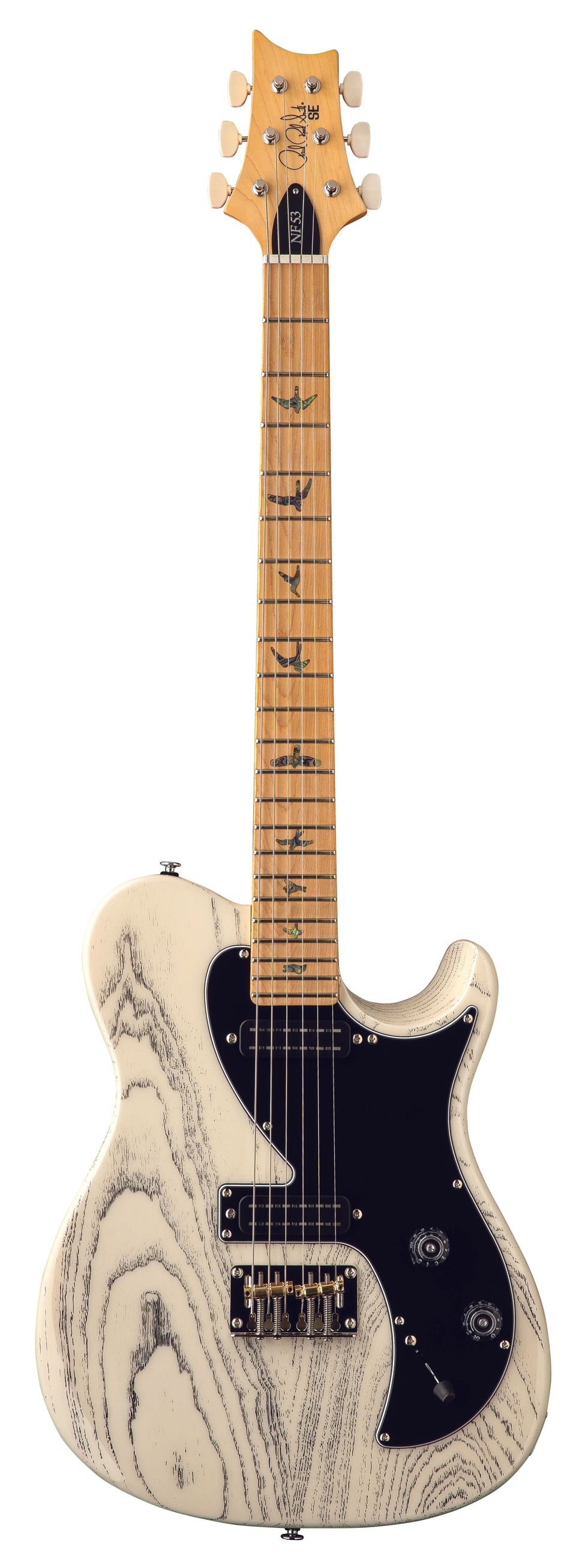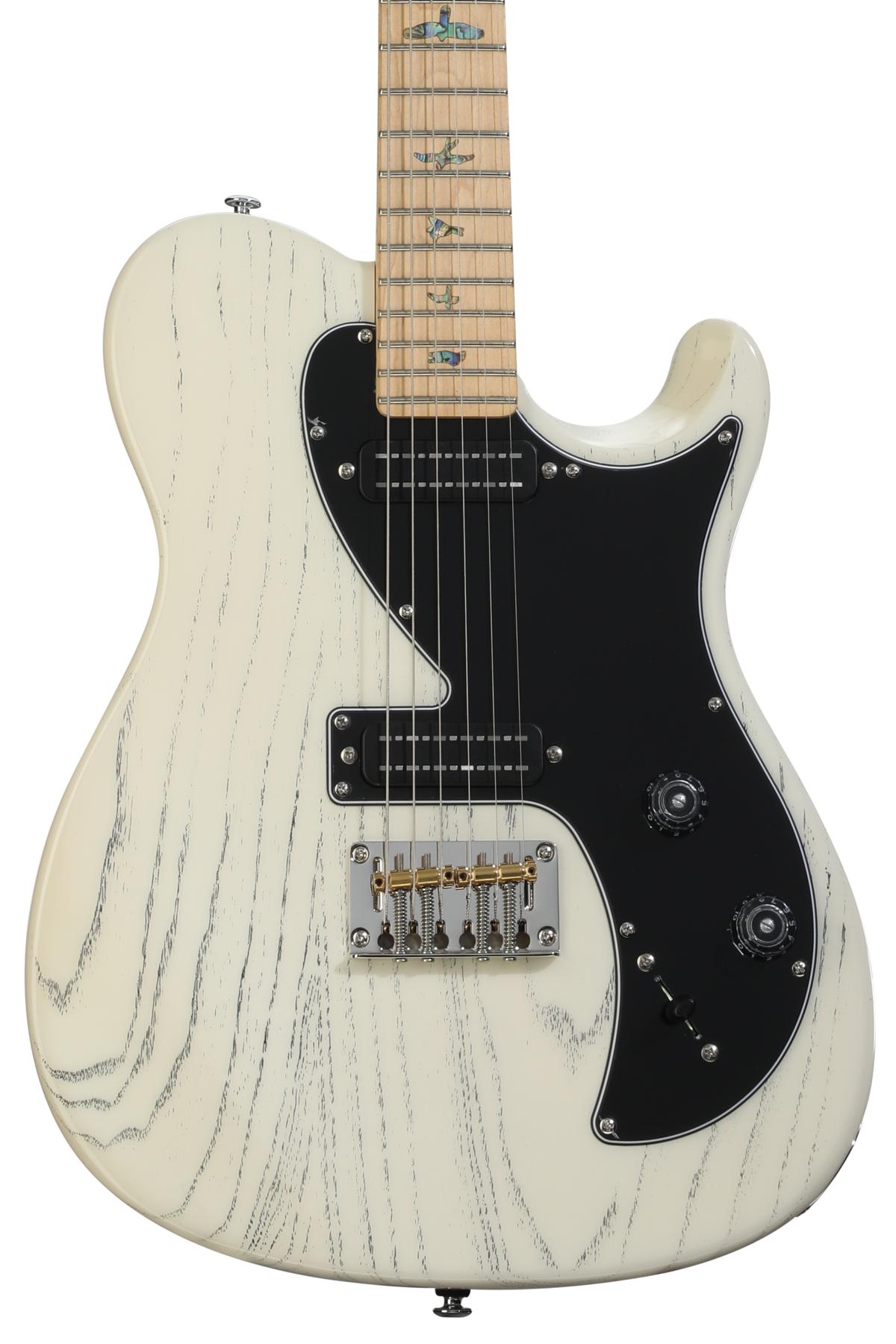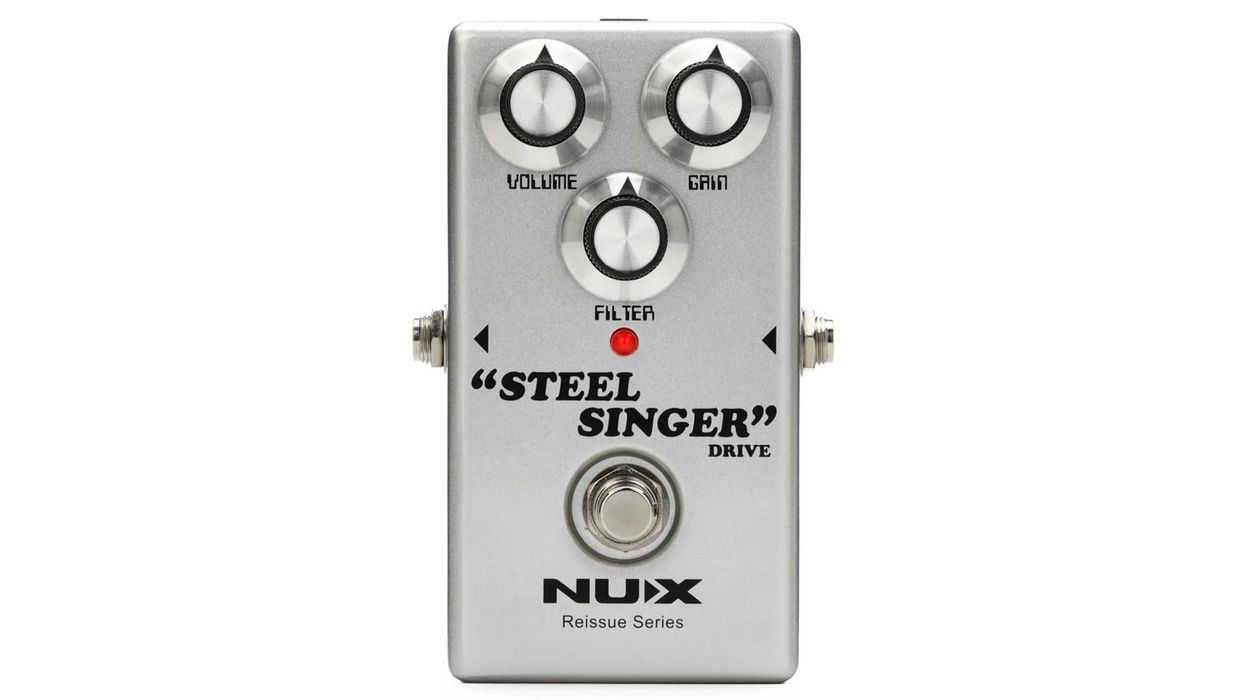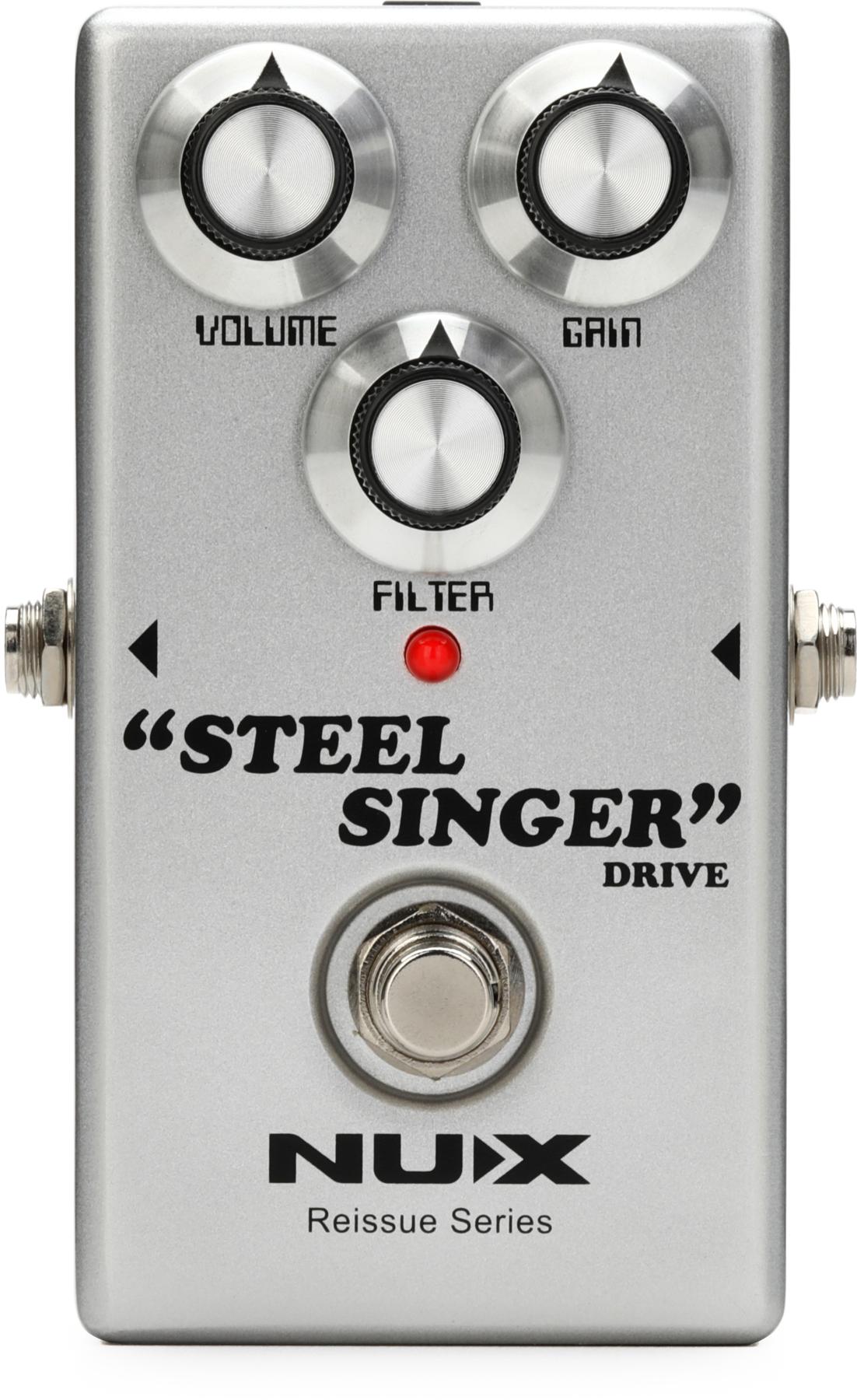What is the essence of the guitar? Why is it arguably the most popular musical instrument of all time? The fact that you are reading these words is testament to the guitar’s ubiquitous reach. It pervades our daily world and informs our experience. Think about it: The guitar has either been at the forefront or close by on the sidelines of every social movement and change in America for well over a century.
As the cowboys drove their herds north along the Chisholm Trail, the guitar was there. When African slaves toiled in American cotton fields, they sang their stories accompanied by a 6-string. During the Dust Bowl, displaced families passed time plucking and migrant workers rode the rails to the strum of the guitar, using it as a weapon of survival. Woody Guthrie—a famous transient himself—wrote and performed powerful activist protestations that helped build trade unions, and were echoed decades later at the sit-ins and folk festivals of the 1960s. But it was most certainly the British Invasion that catapulted the guitar past the accordion and saxophone as the instrument of the masses.
“The guitar really gave me an identity,” explains guitarist Matt Beck, the son of two classical musicians. “It gave me a personality that was different from the classical instruments my parents had.” Beck saw the line in the sand as a call to arms that allowed him to carry on the family business in his own image. “What drew me in was that it sounded modern,” he says, further underlining the social split the guitar can represent.
That divide fueled a desire and a career playing a wide range of music. Today, Beck spends his time playing on Broadway shows like Rent and Spiderman, and performing with Matchbox 20, a gig he’s held down for over a decade. He sees the guitar’s flexibility as its greatest asset, and his career underlines that as well. Although he acknowledges the ease of learning guitar basics as a reason for its popularity, he is quick to add “a guitar is easy to play, but difficult to master.” As for his take on the guitar’s place in history, Beck says, “I definitely see the guitar in the American experience as a centerpiece—it’s the folk instrument of our country.”
Echoing that sentiment is guitarist and collector Errol Antzis. He remembers hearing guitarist Michael Schenker holding a single feedback-drenched note during the intro of a UFO song. “Wow, what is that sound?” he recalls thinking. “That’s when I decided to start playing guitar.” For Antzis, it was a defining moment: The piano lessons got ditched and it was 6-strings from that day on. Antzis spent years gigging professionally before switching gears and going back to school. Although he carved out a career in finance and publishing, he’s never stopped making music. Today, his dazzling collection of instruments is enviable, and his musical talent has allowed him to record with some of his guitar heroes. “I don’t have a problem,” he says of his vast guitar holdings, “I have a passion.”
For those musicians and many other young people, the Anglo version of American blues and R&B that dominated the album charts and radio waves spurred them to pick up and play guitar. For others, it led to a desire to build. For renowned builder Ken Parker, listening to the Ventures inspired him to construct a guitar out of cardboard as a child, but it was the Fab Four that really knocked him out.
“The Beatles inoculated America with American music,” says Parker. “Their take on R&B lit up the whole world and it went crazy on guitars.”
Parker’s infatuation for the sound and song of the guitar has manifested itself in a lifelong career building instruments. Reinterpreting and morphing the guitar’s form has been his calling card, similar to the way rockers of the late 20th Century distorted and bent their music. Reflecting his own first encounters with guitar music, Parker strives to bring the joy of discovery to others. “An instrument can give you goose bumps,” he explains. “I’m trying to create something that makes you not watch TV, but go to the guitar case instead.”
Reflecting on the guitar’s enduring ability to speak for new generations, amp builder and restorer Blackie Pagano points out that, “When you look at a Fender Stratocaster, which was designed in the 1950s, it still looks modern.” For young artists, it may also be a connection to the past. By strapping on a guitar—and thus donning an iconic musical costume—they can conjure up some vintage mojo.
Pagano sees the guitar’s innate ability to channel the performer’s personality as its strength. “In the end, it’s what you can get out of it, and I’ve seen guys do amazing things with stuff you’d pull out of the trash.” When pressed to explain why the guitar remains popular today, even with tech-savvy young artists, Pagano says with a laugh, “Even the junk of yesterday is more interesting to use than today’s best technology.”
So what is it that keeps the guitar in our minds and hearts? Is it the instrument’s flexibility or the rebellion it represents? I’d wager that it’s both these things and more. Unlike horns and woodwinds, you can sing while playing, and it’s easier to learn (and carry) than a piano. We hold the guitar to our bodies like a lover and caress the strings. In our hands, it communicates our most intimate feelings and stories.
In the end, even though it wasn’t invented here, the guitar is the most American of musical instruments. From the cowboys to the latest bands gracing the festival stages, the guitar has created our nation’s greatest export—American music.


